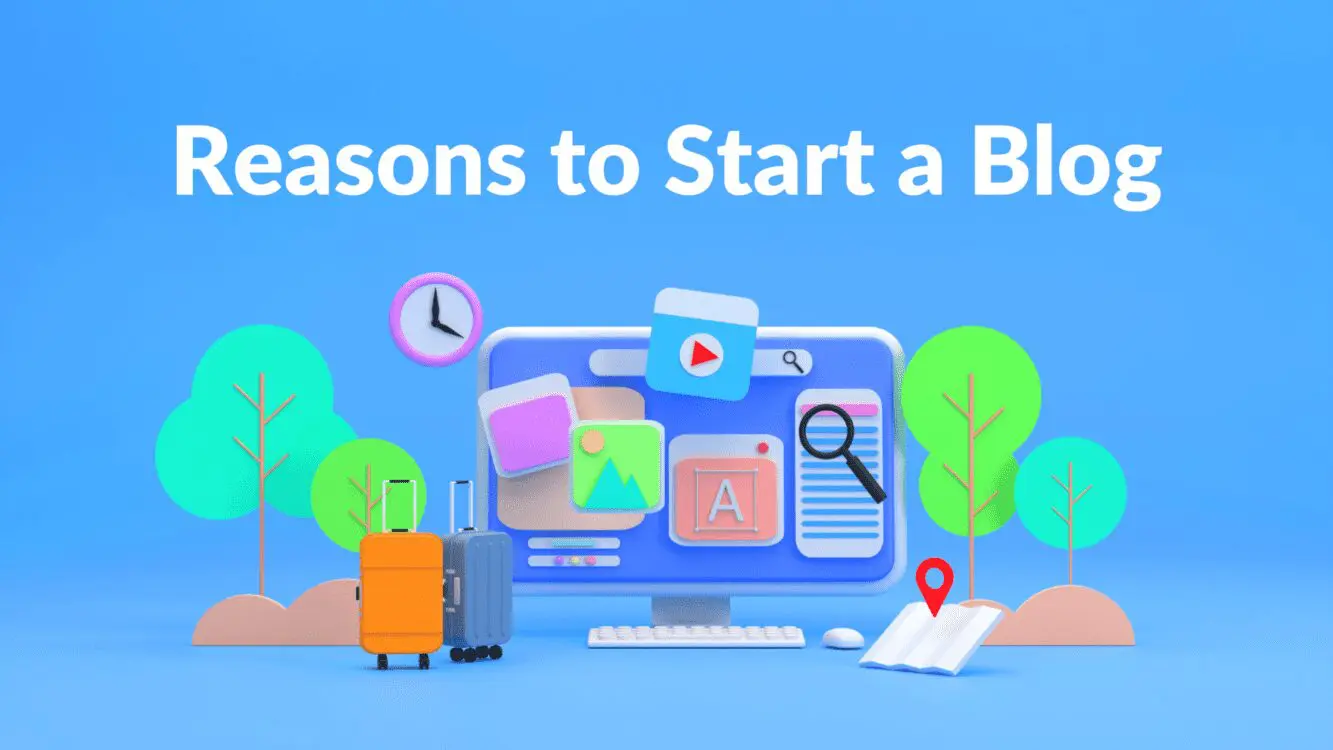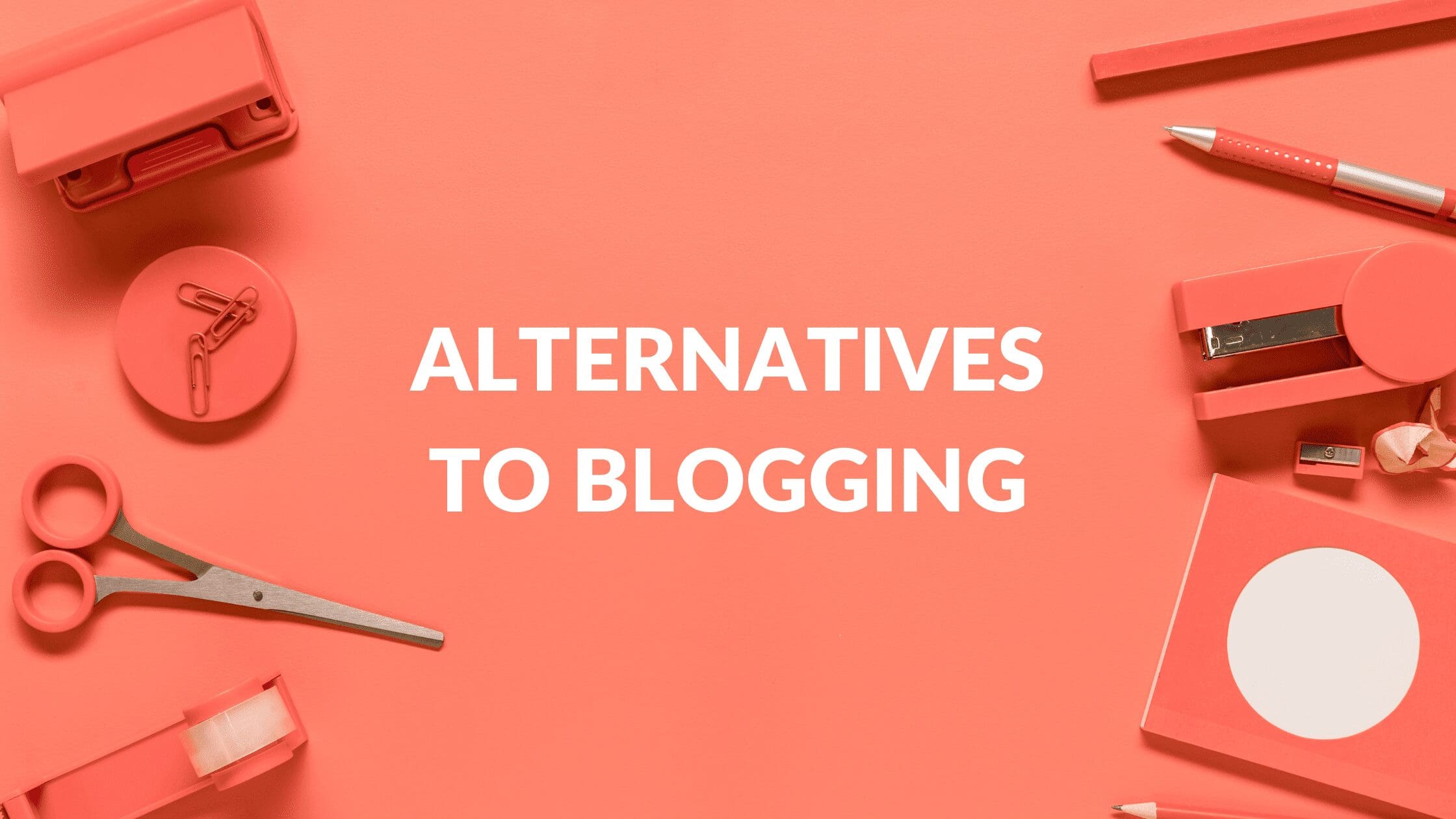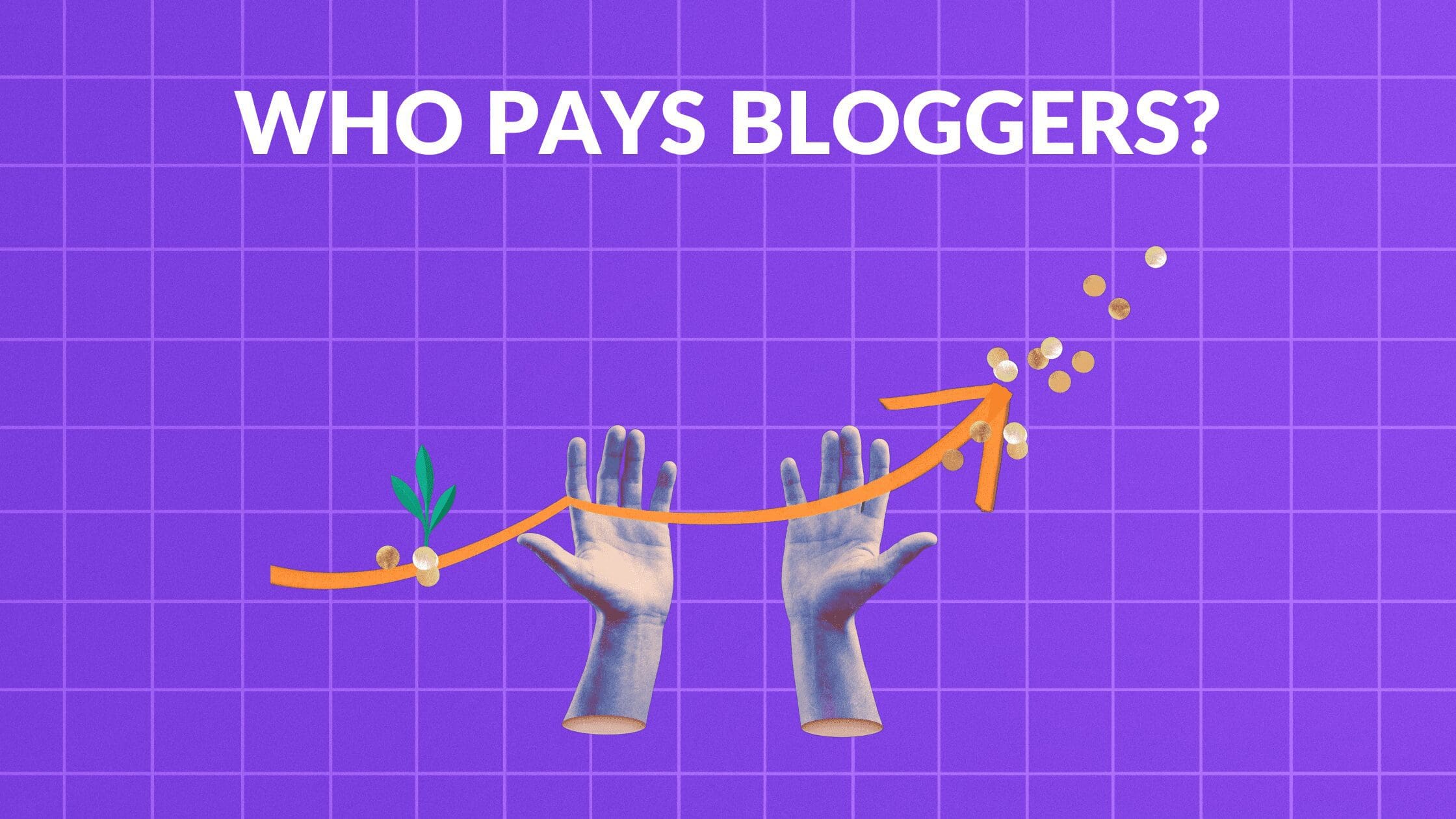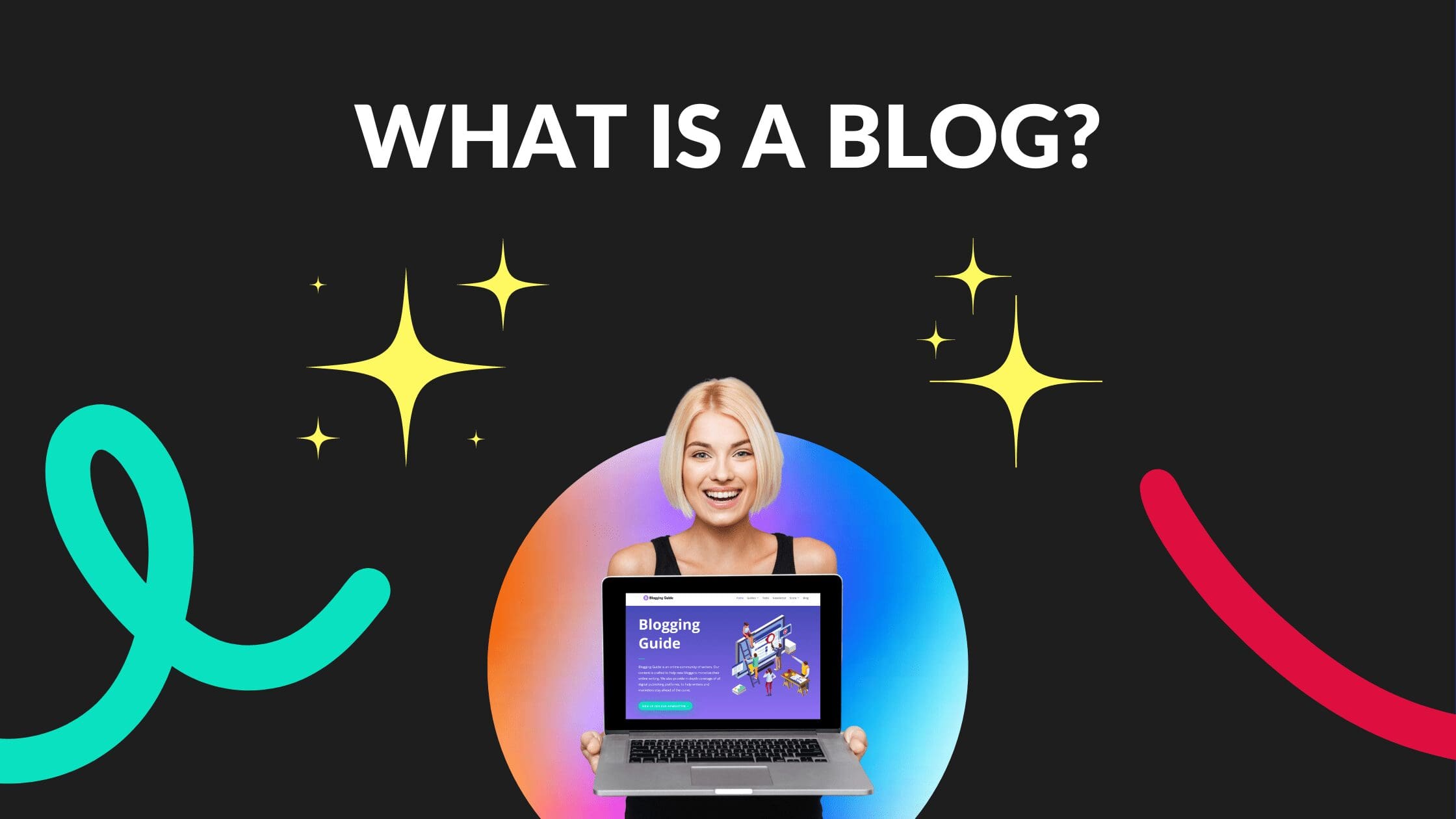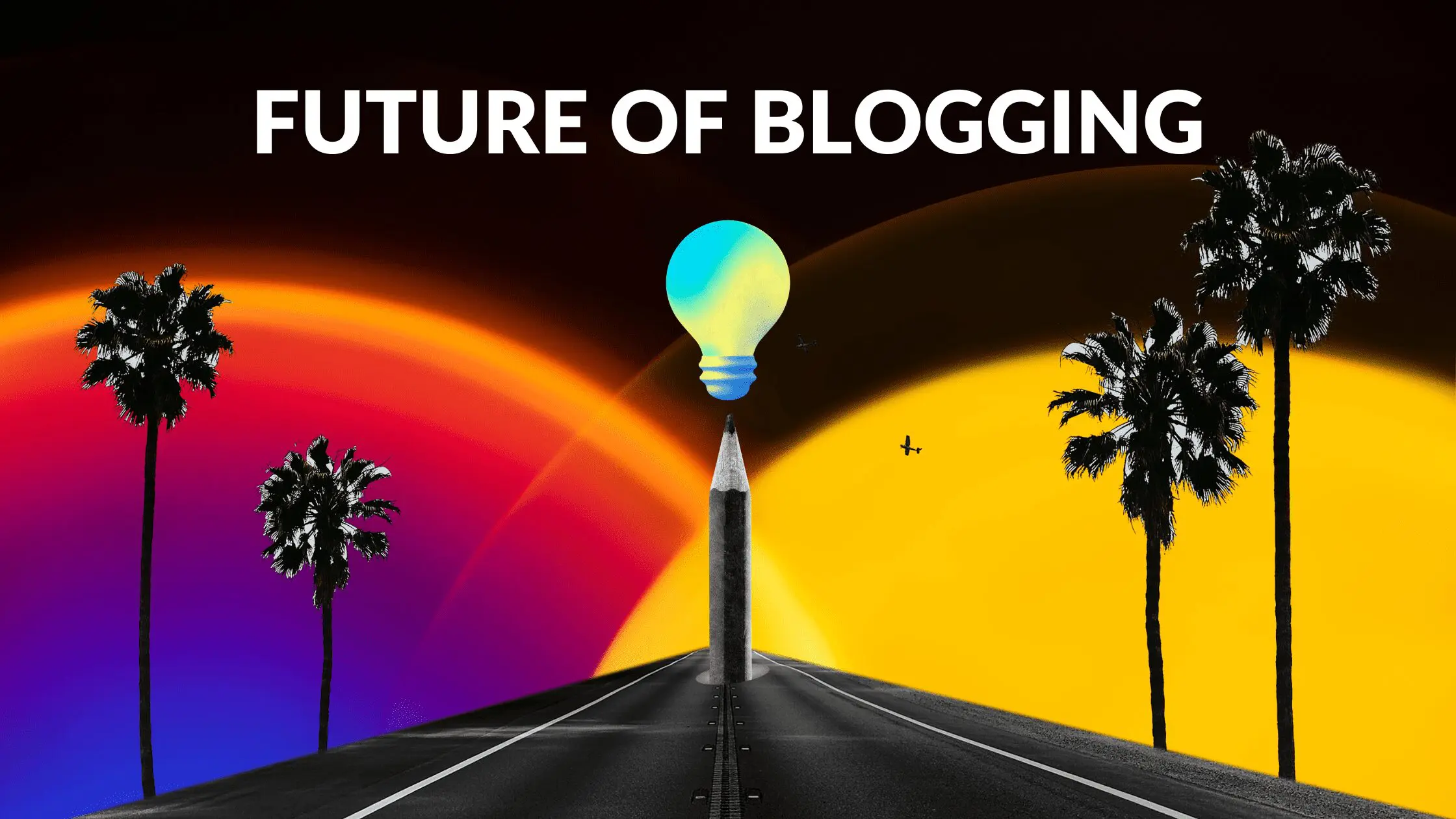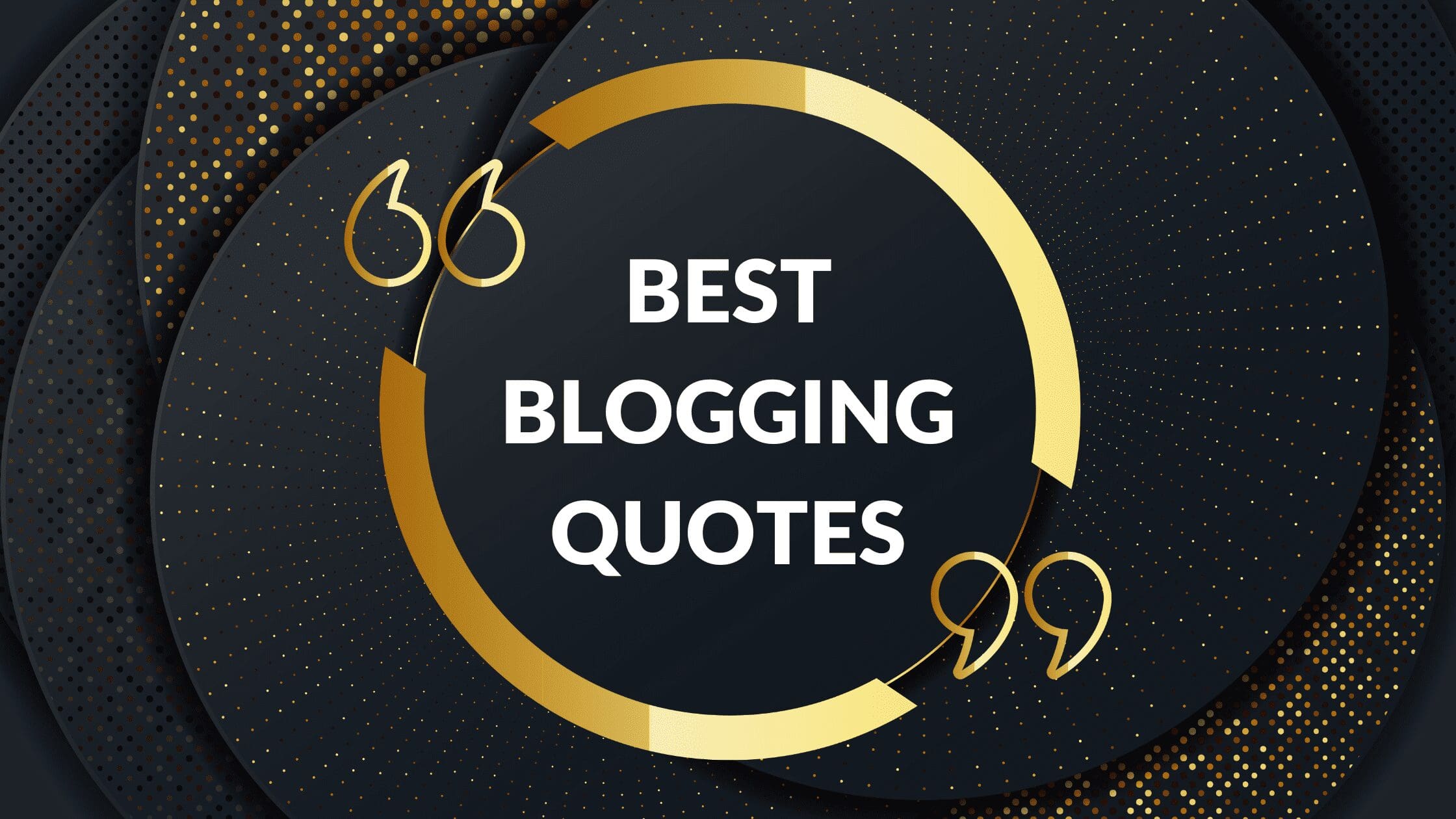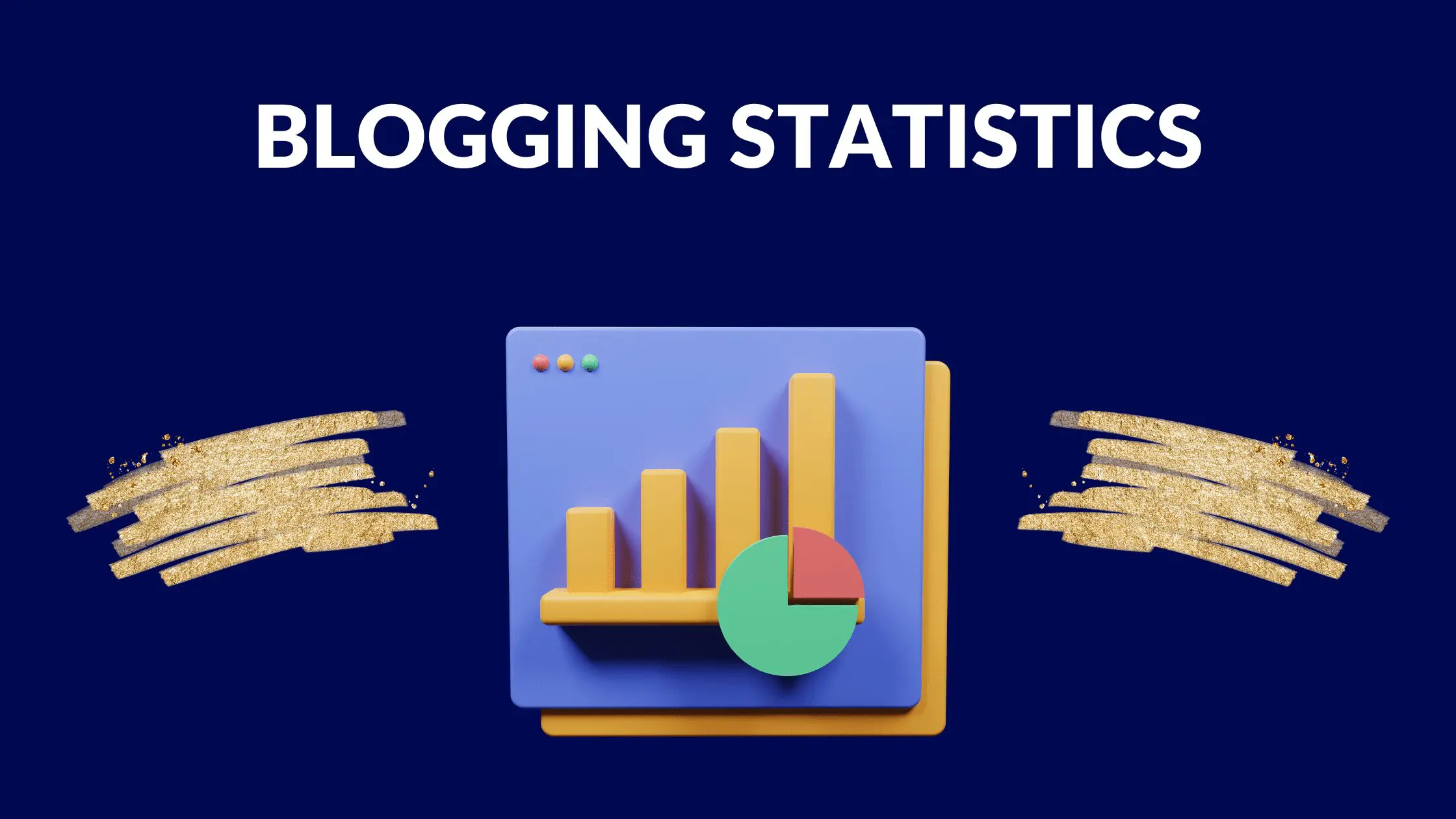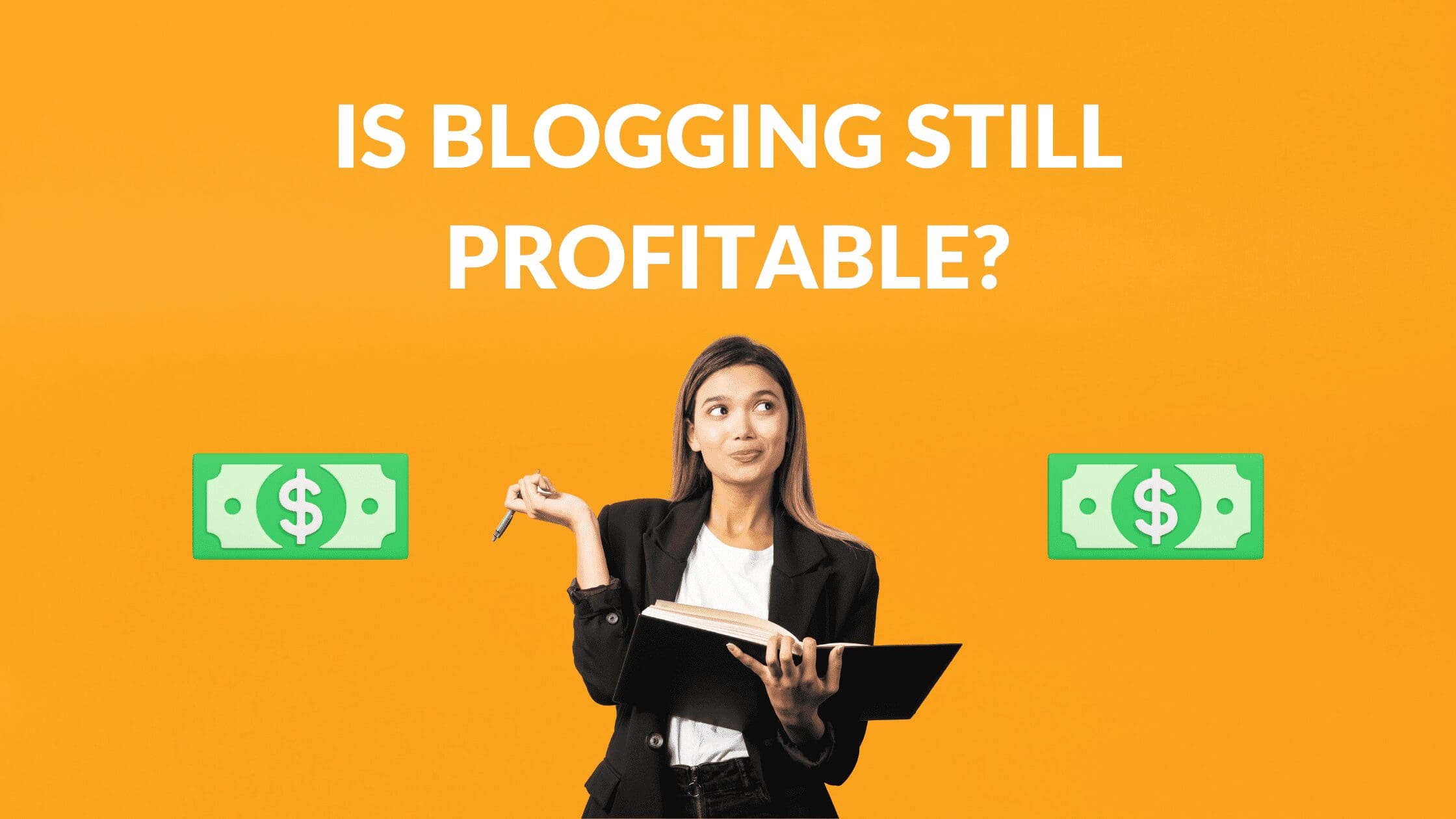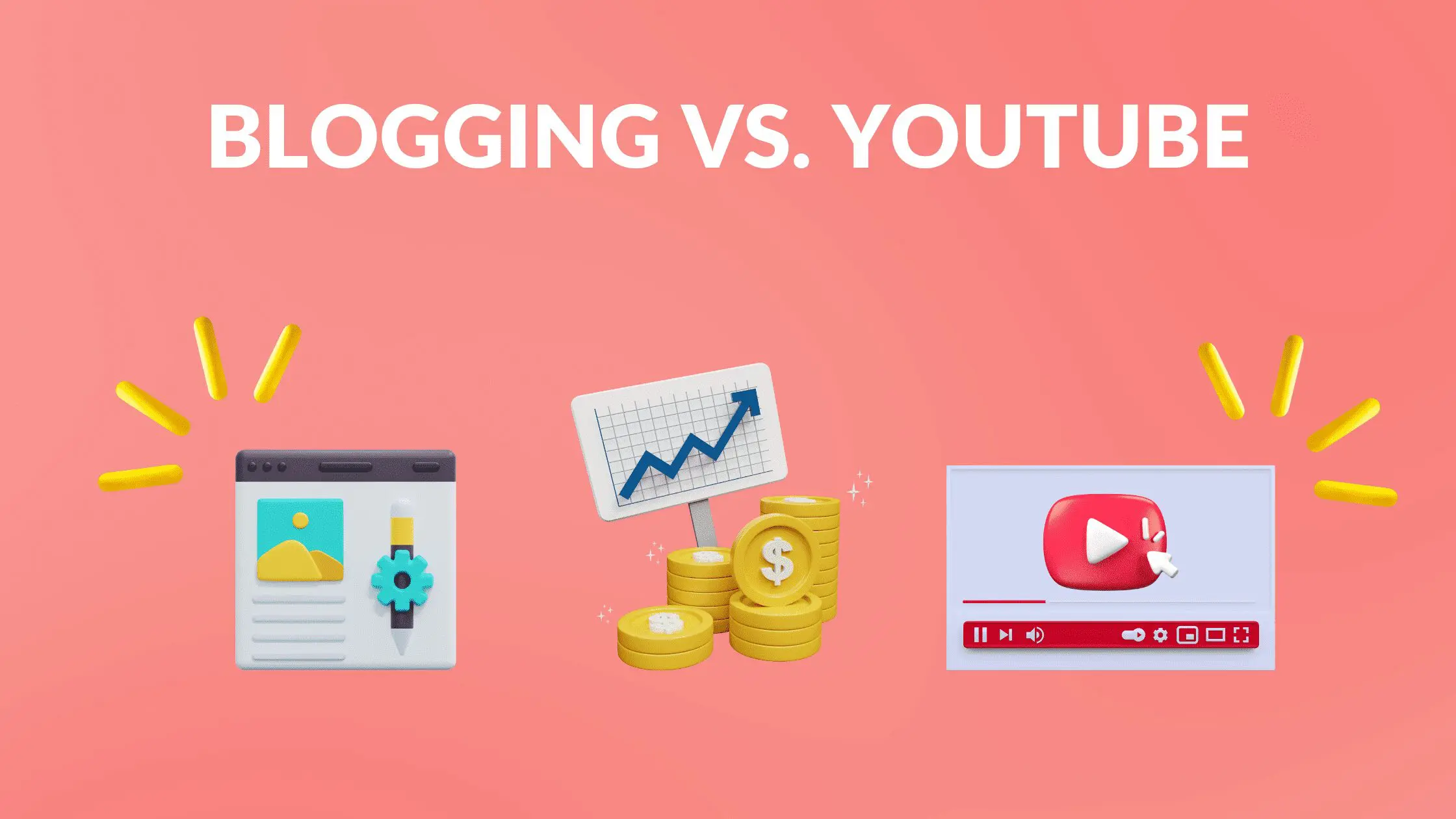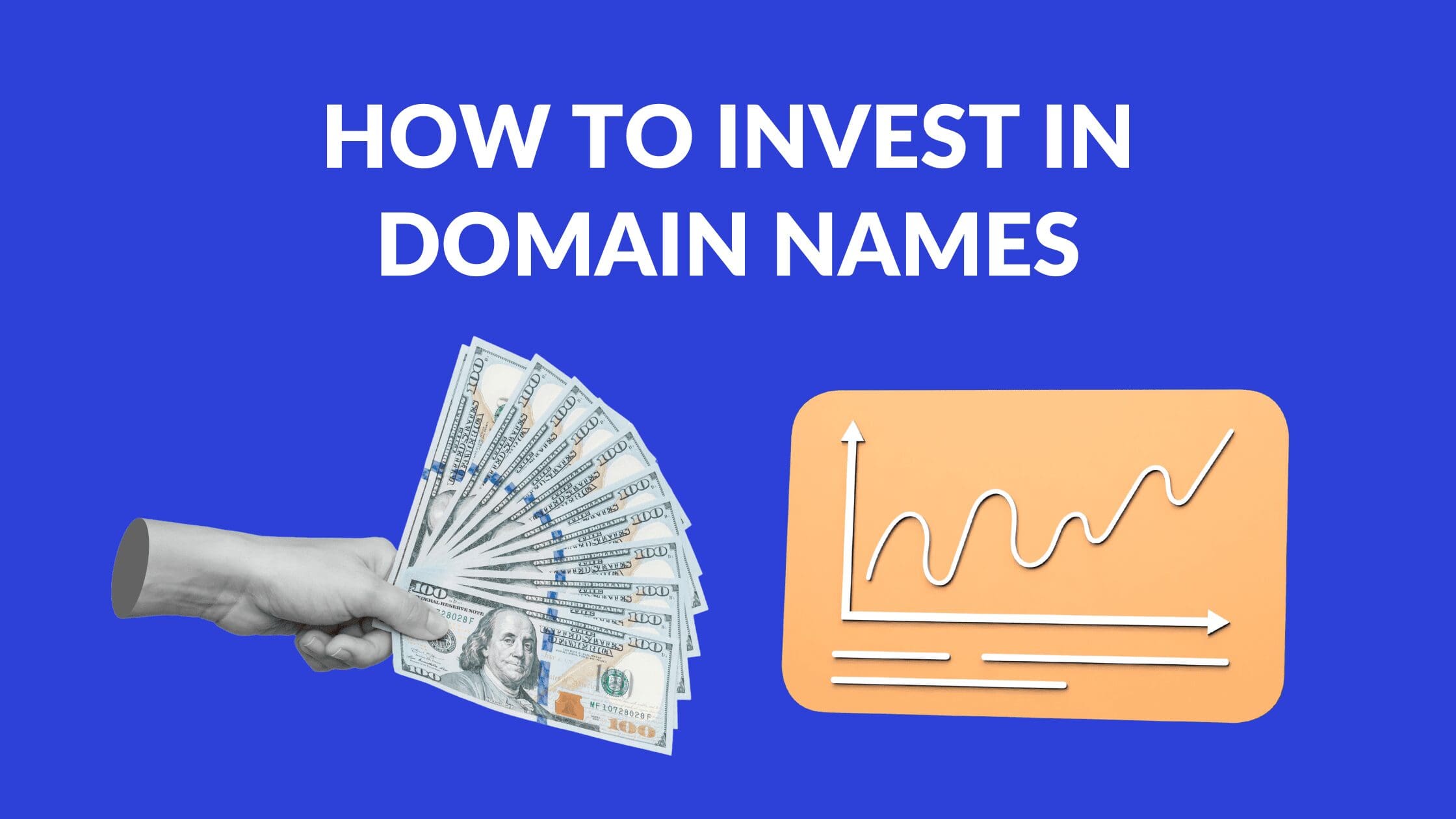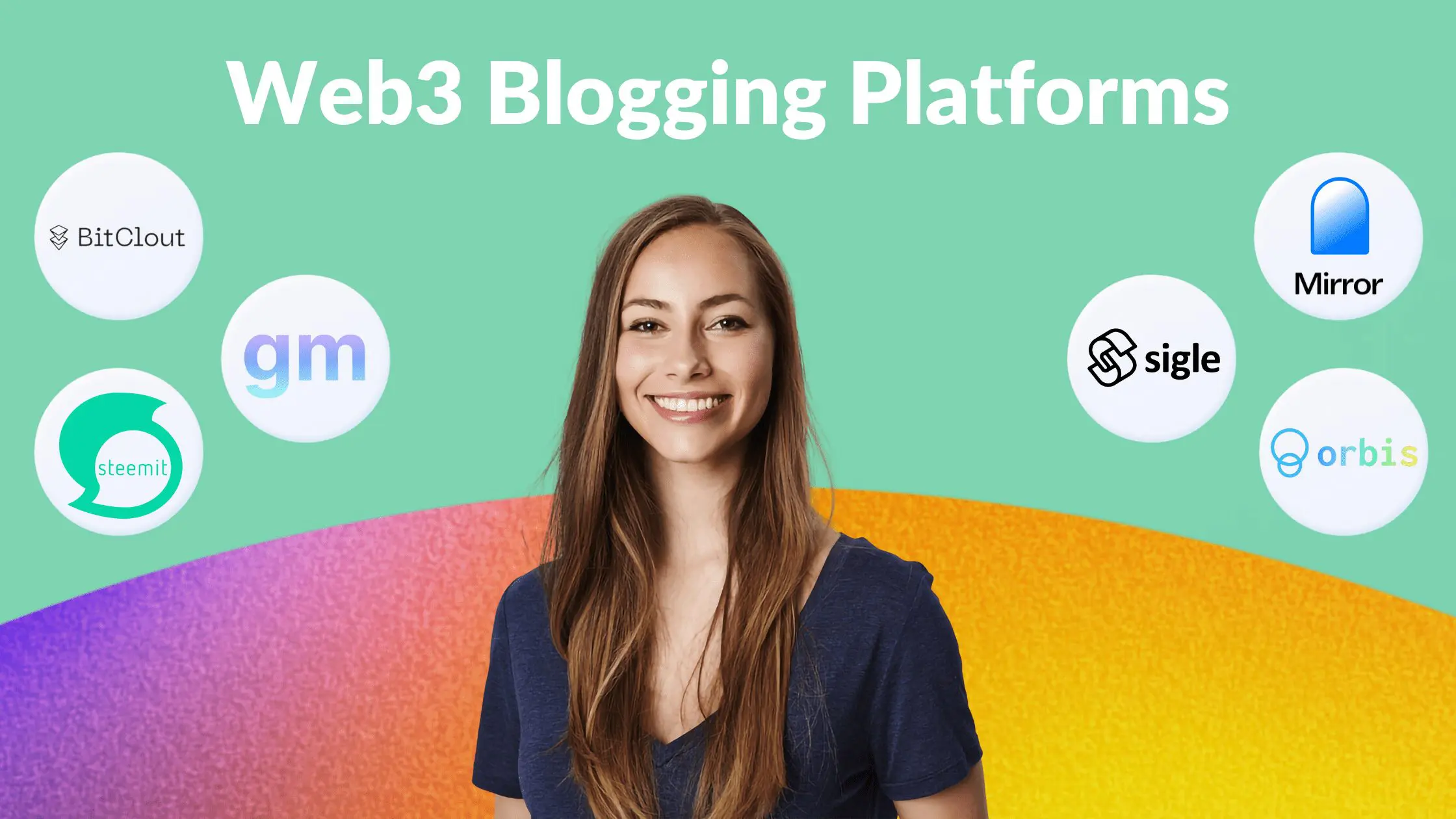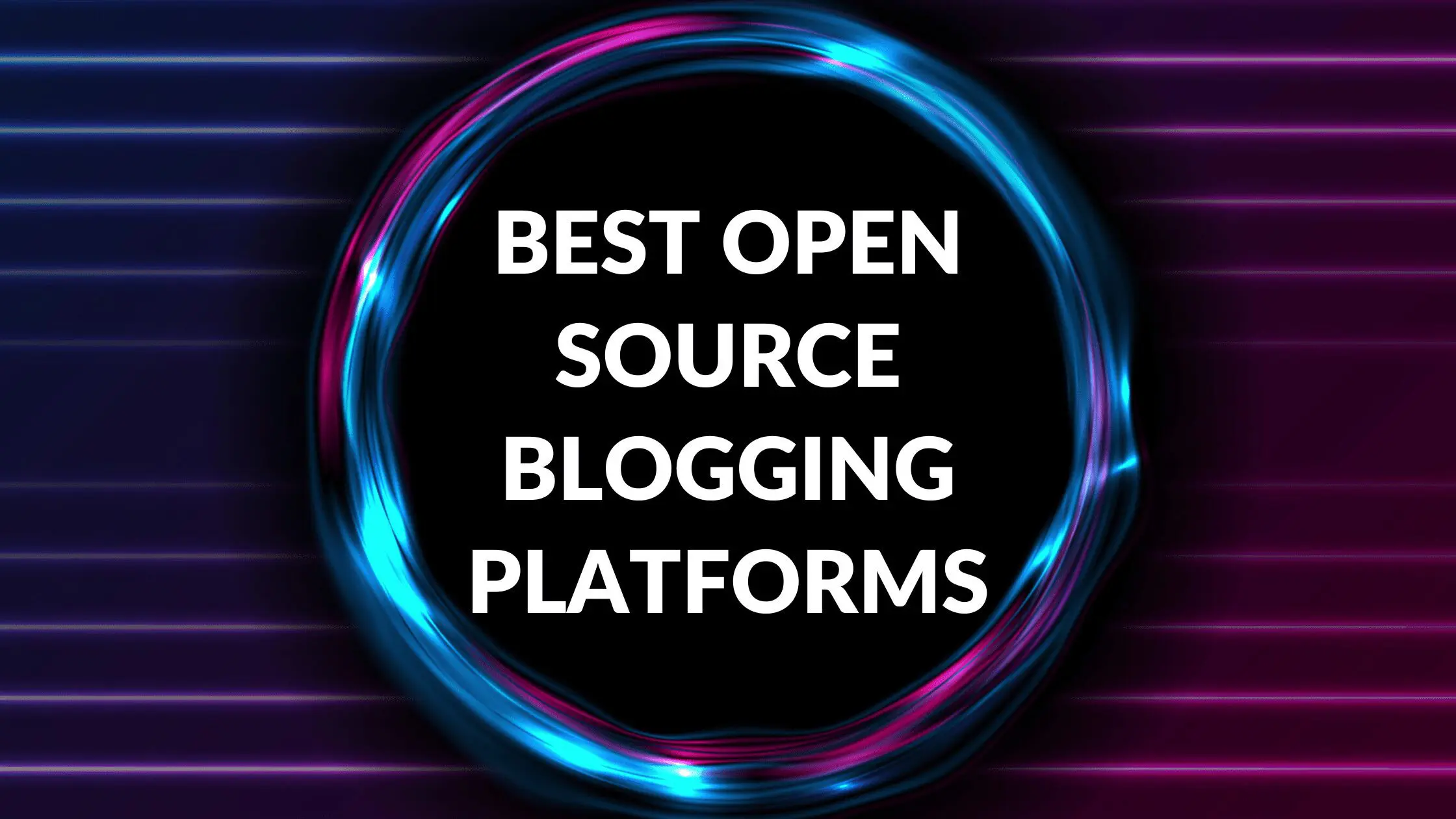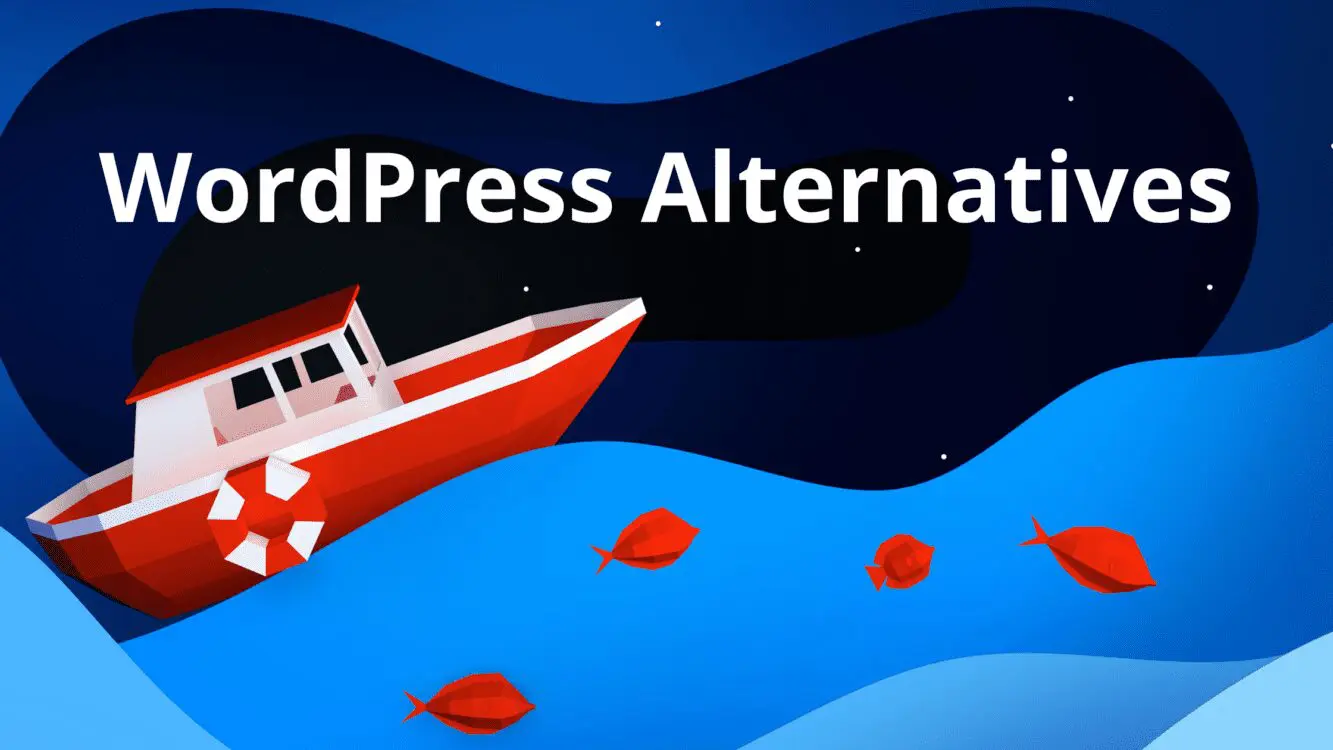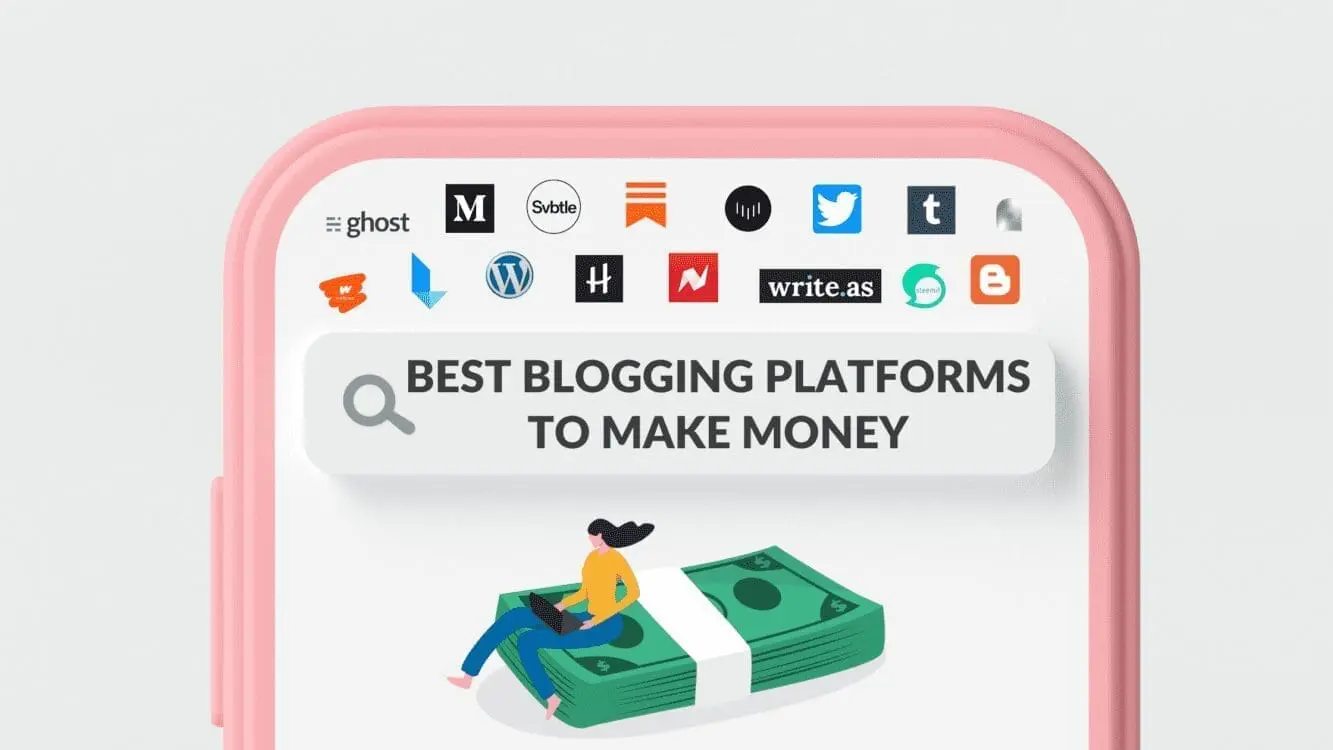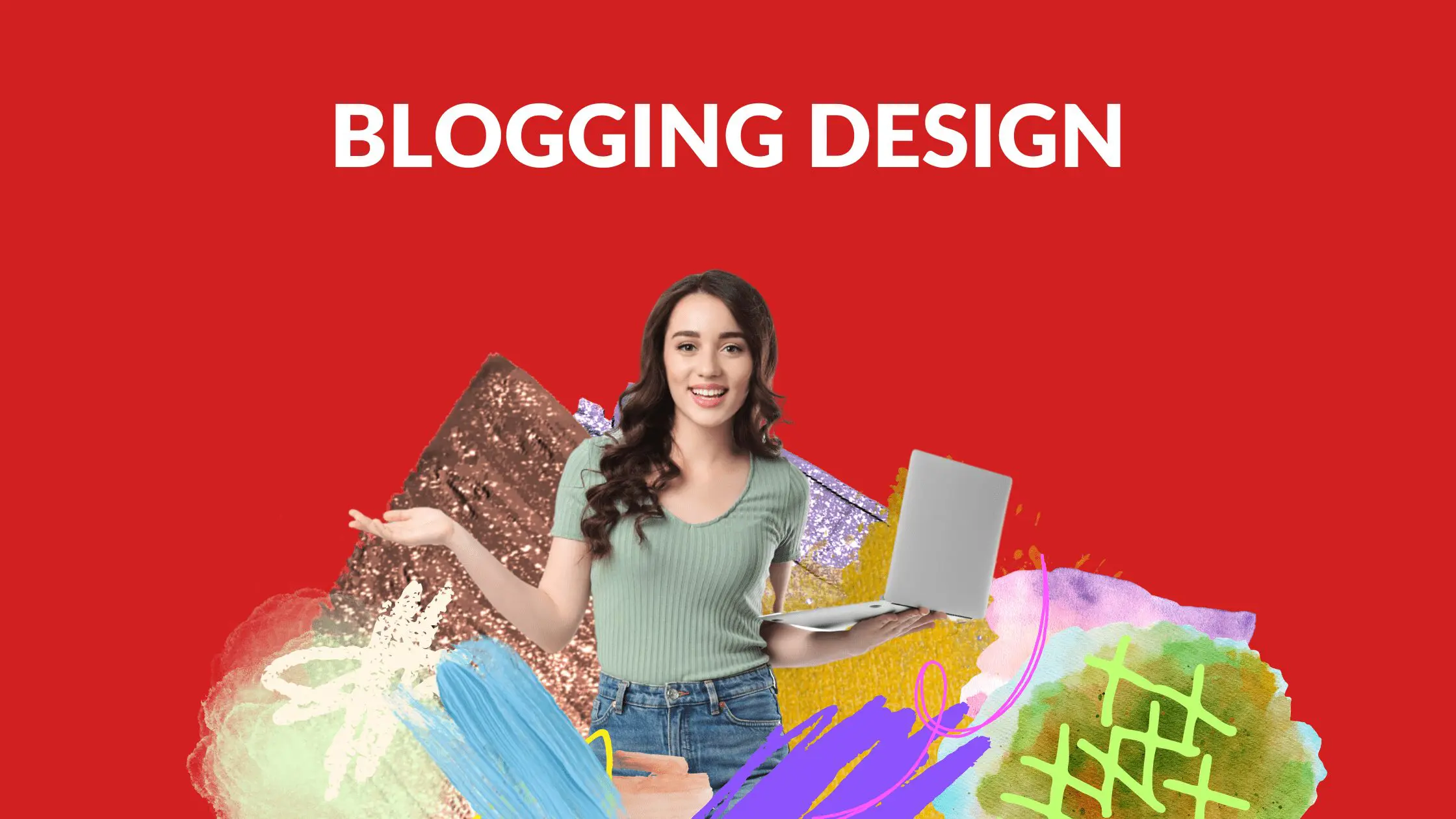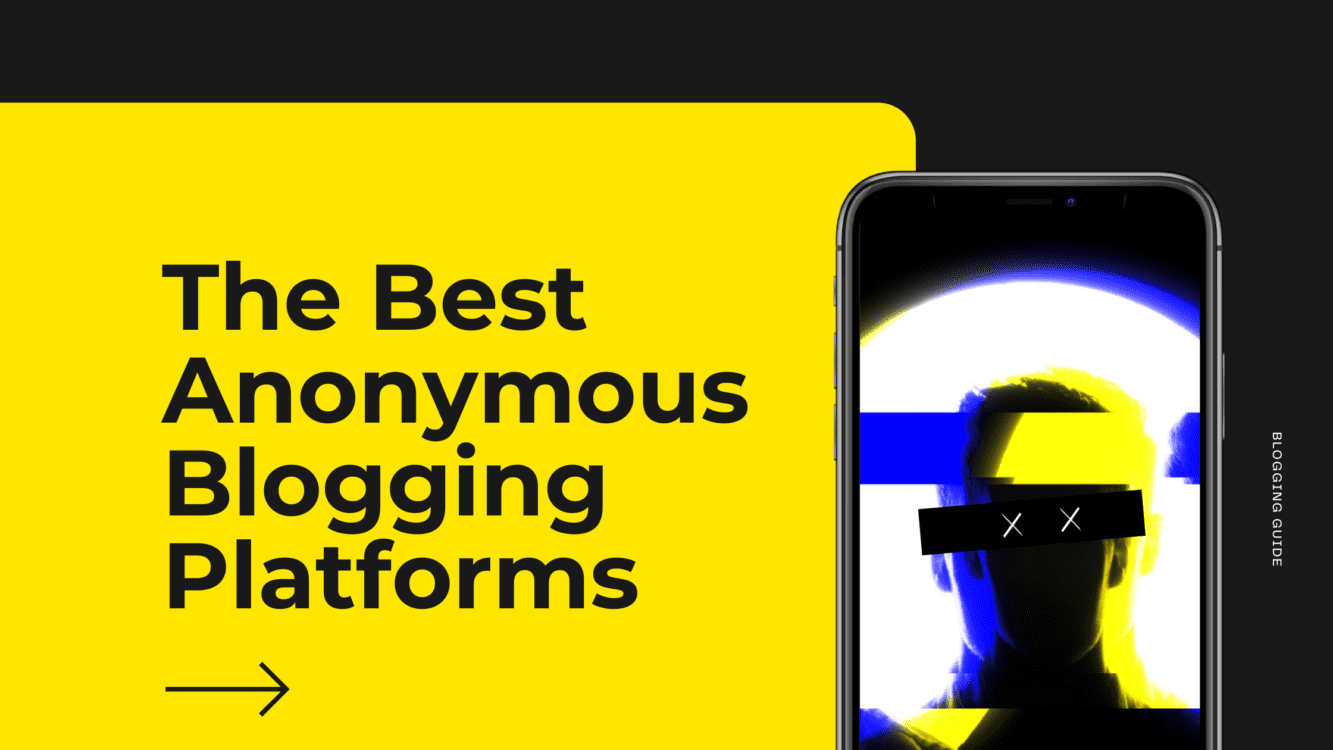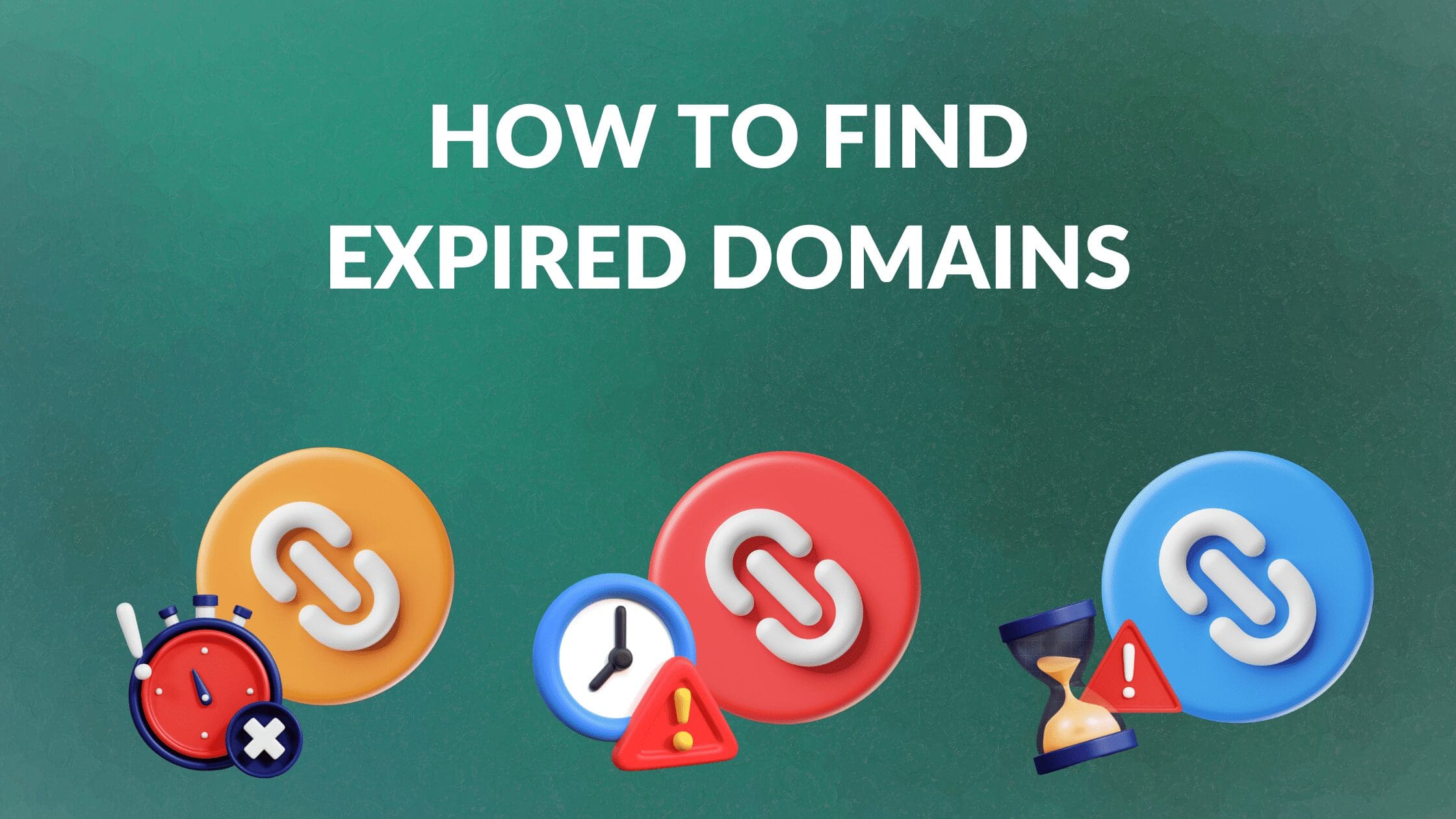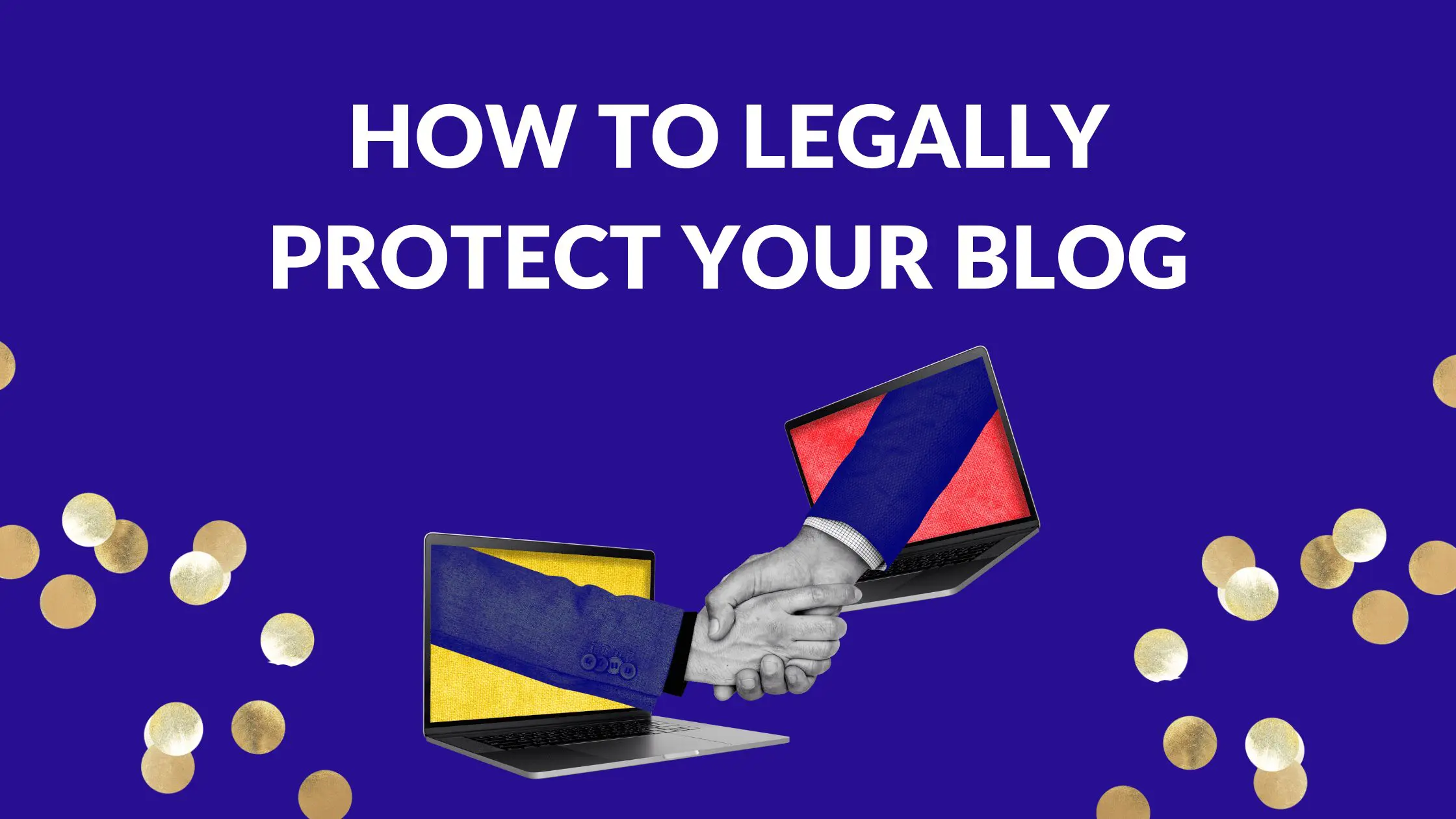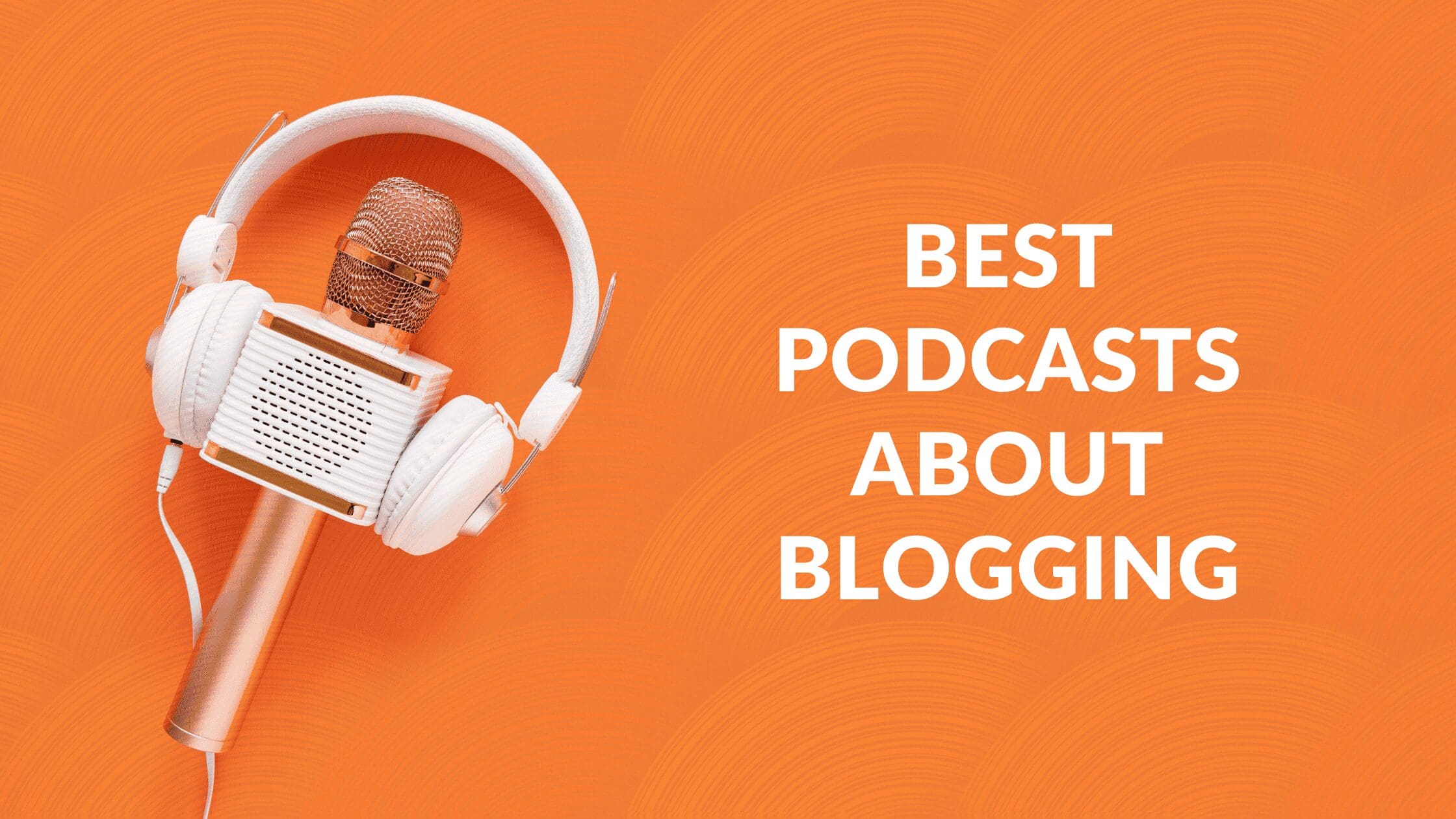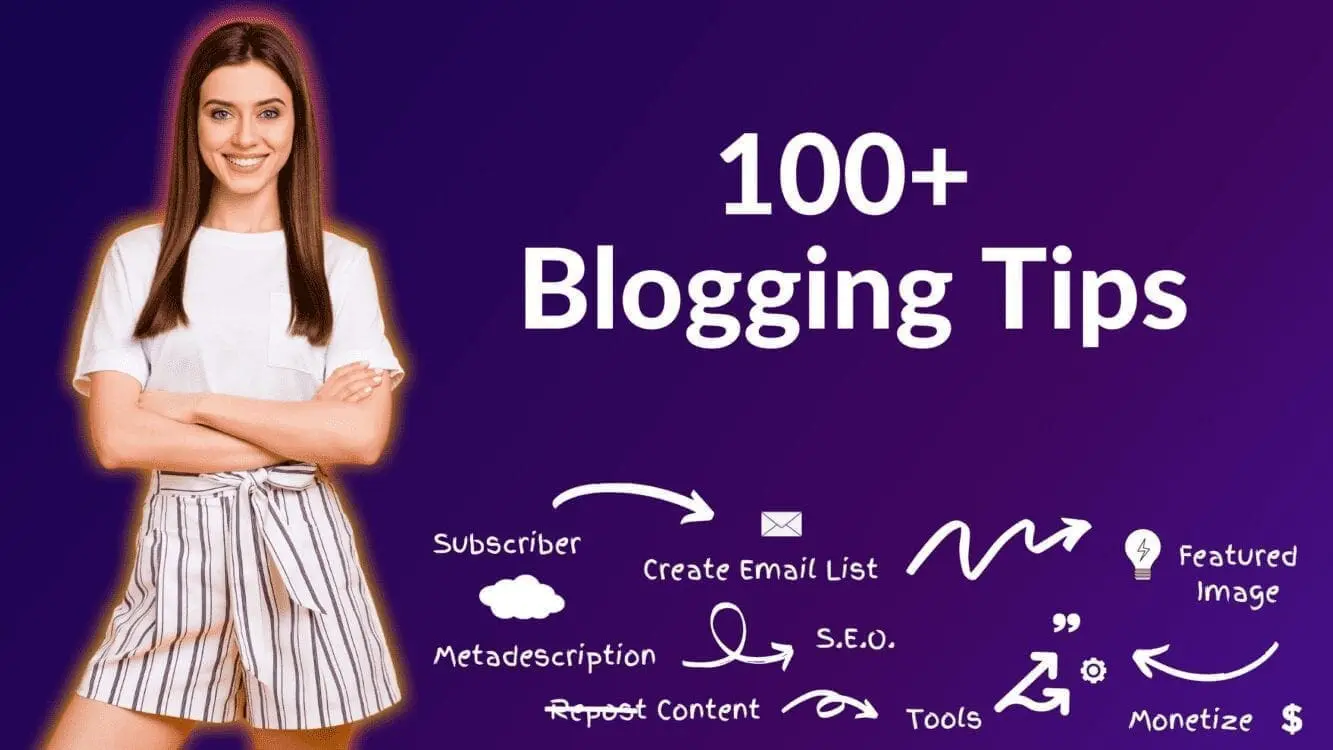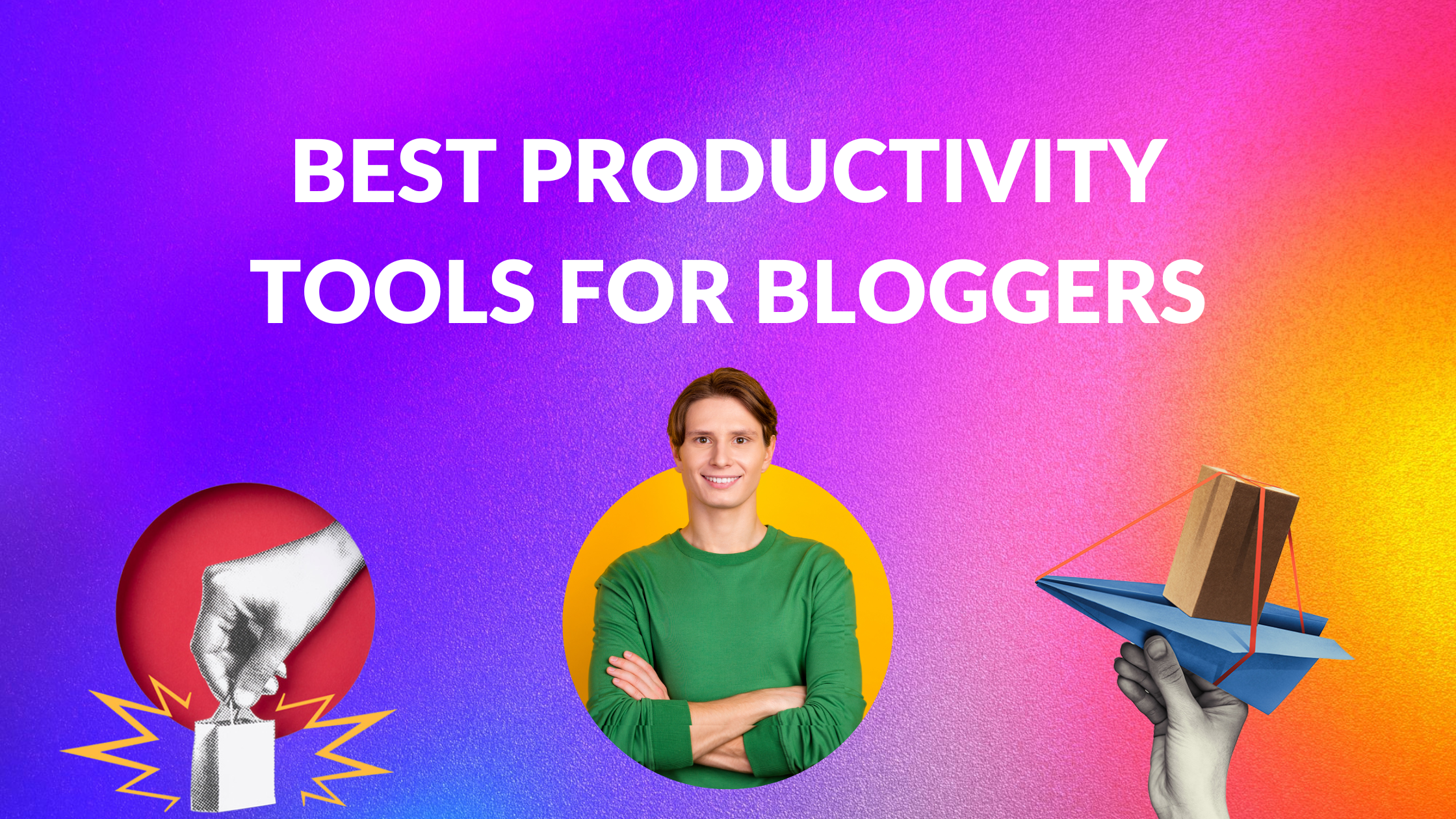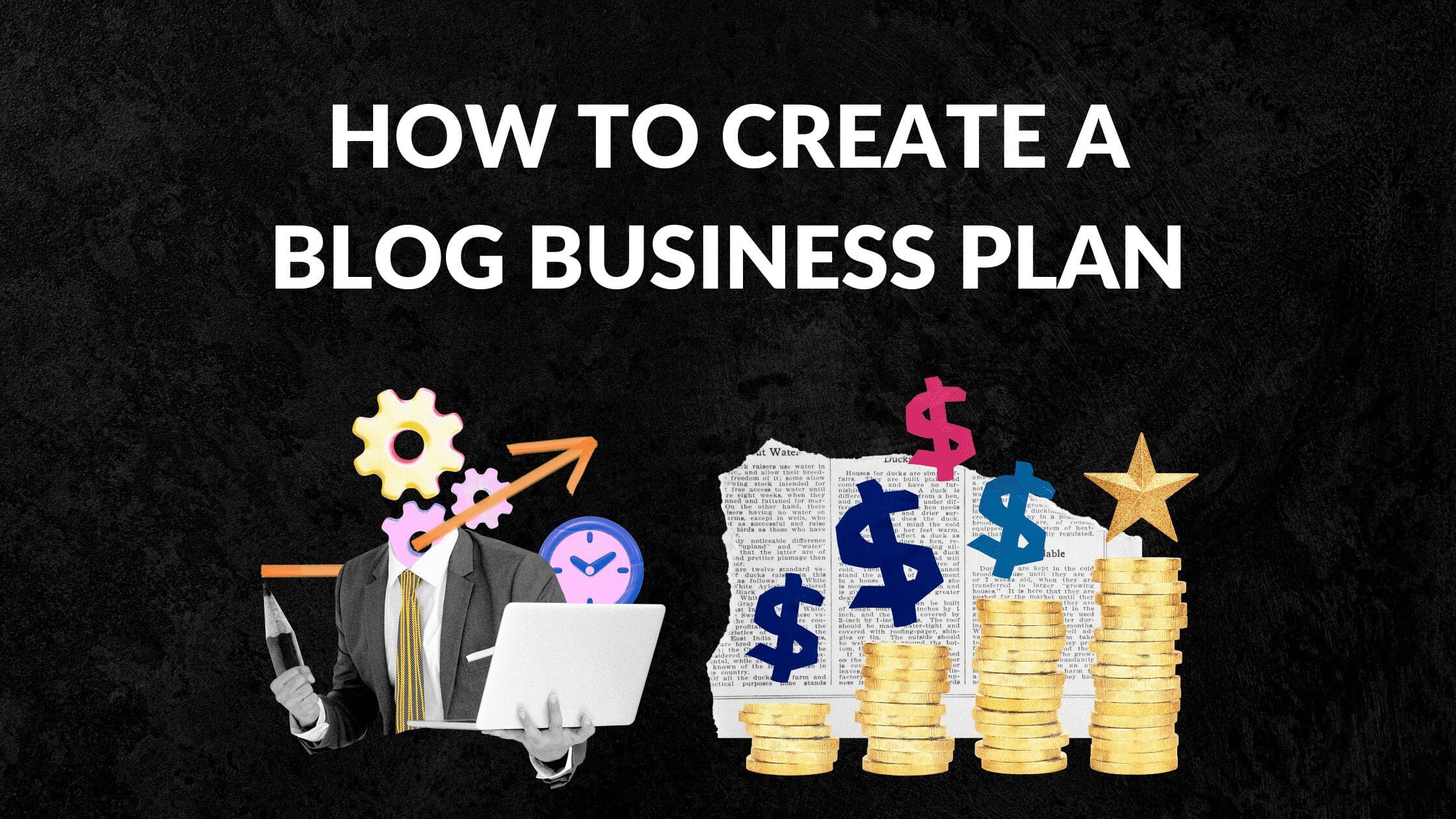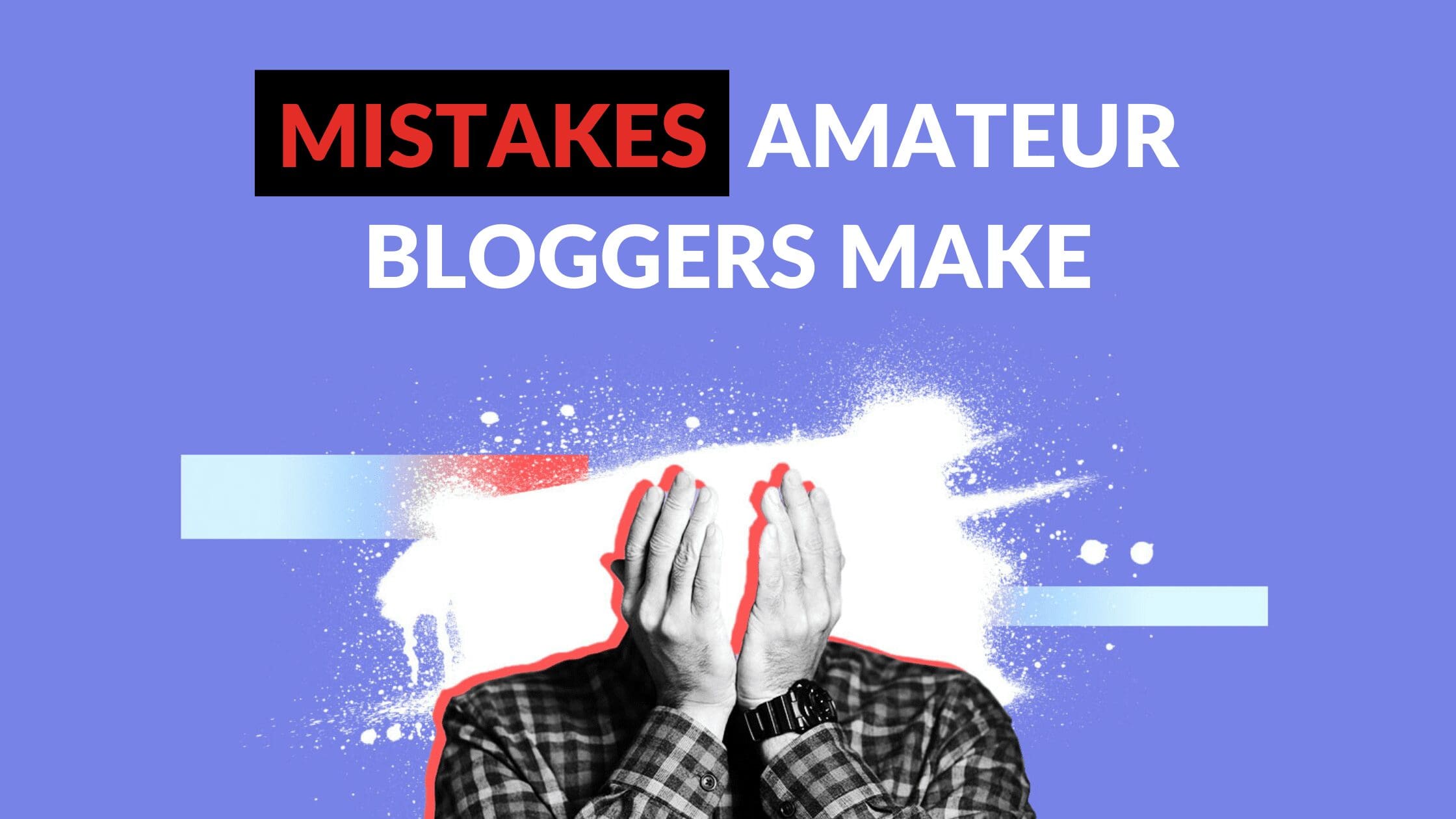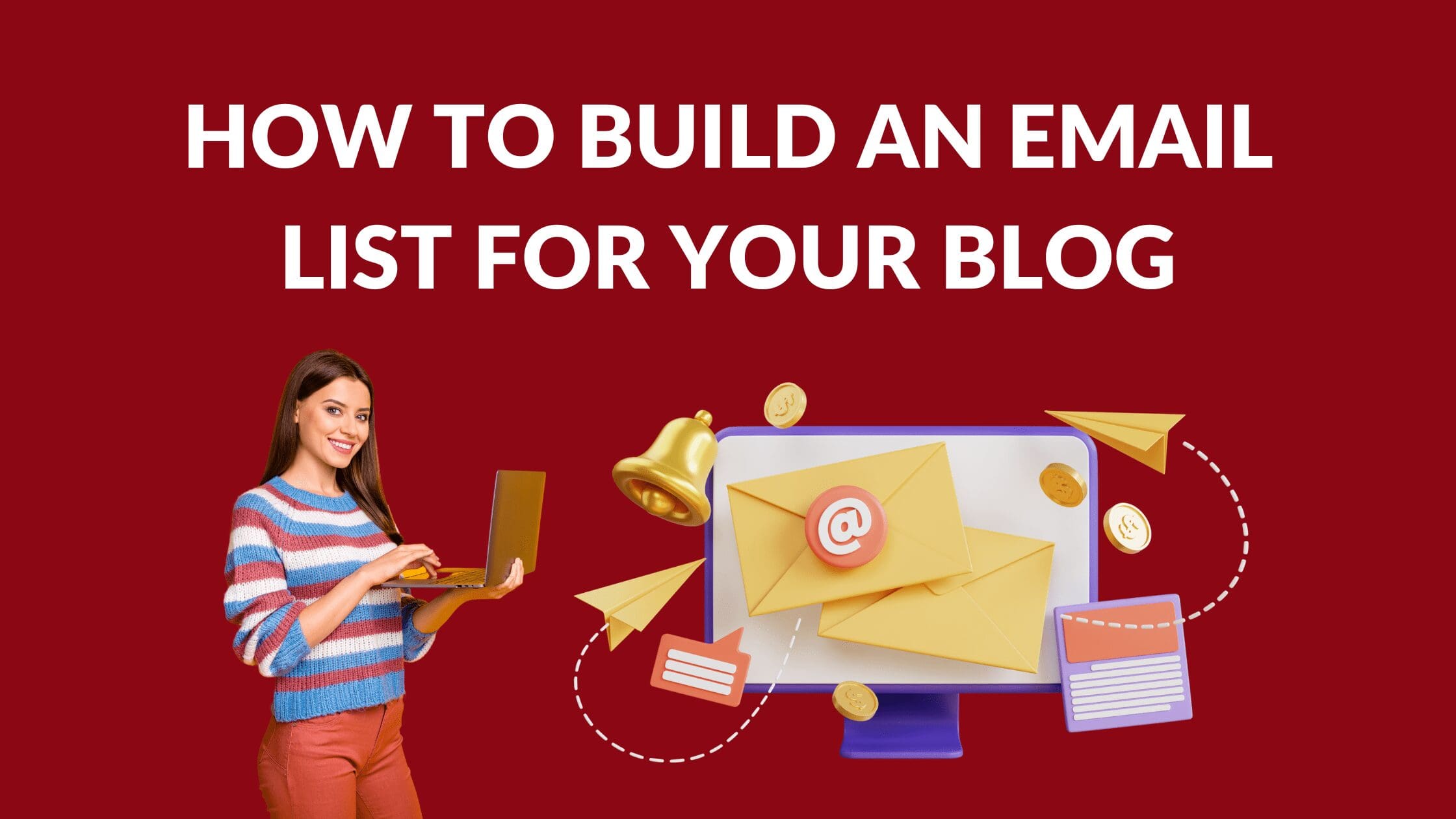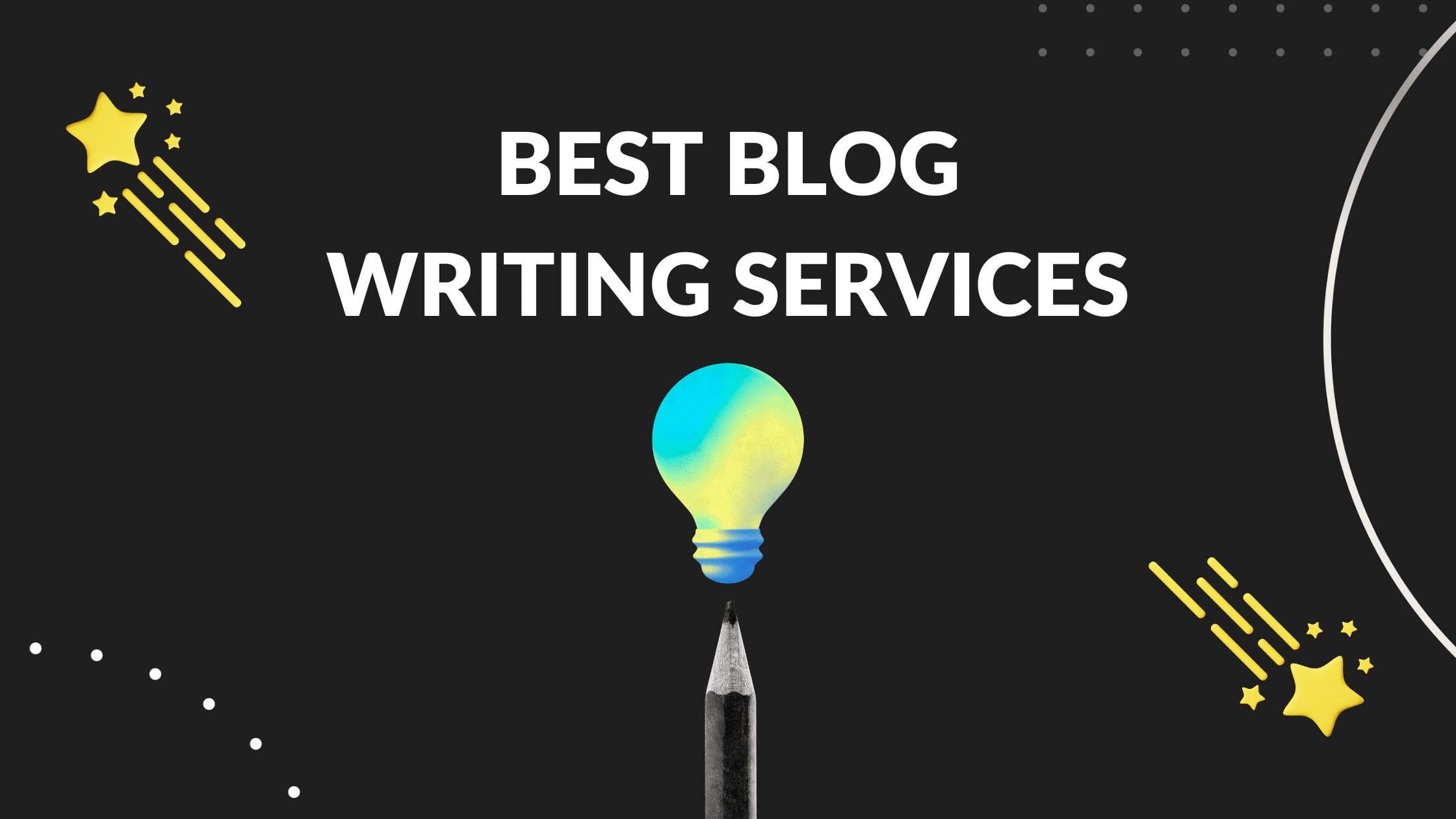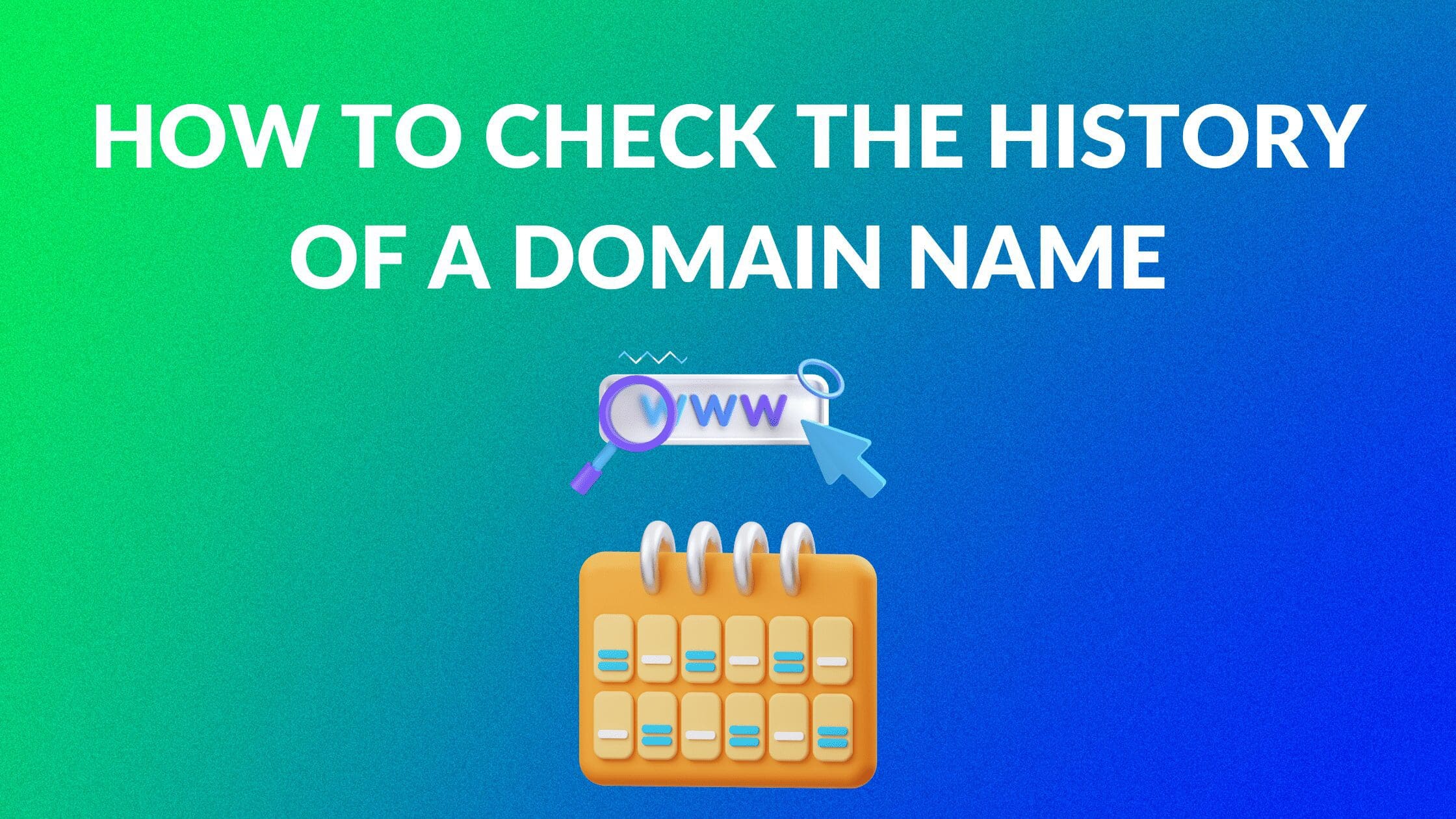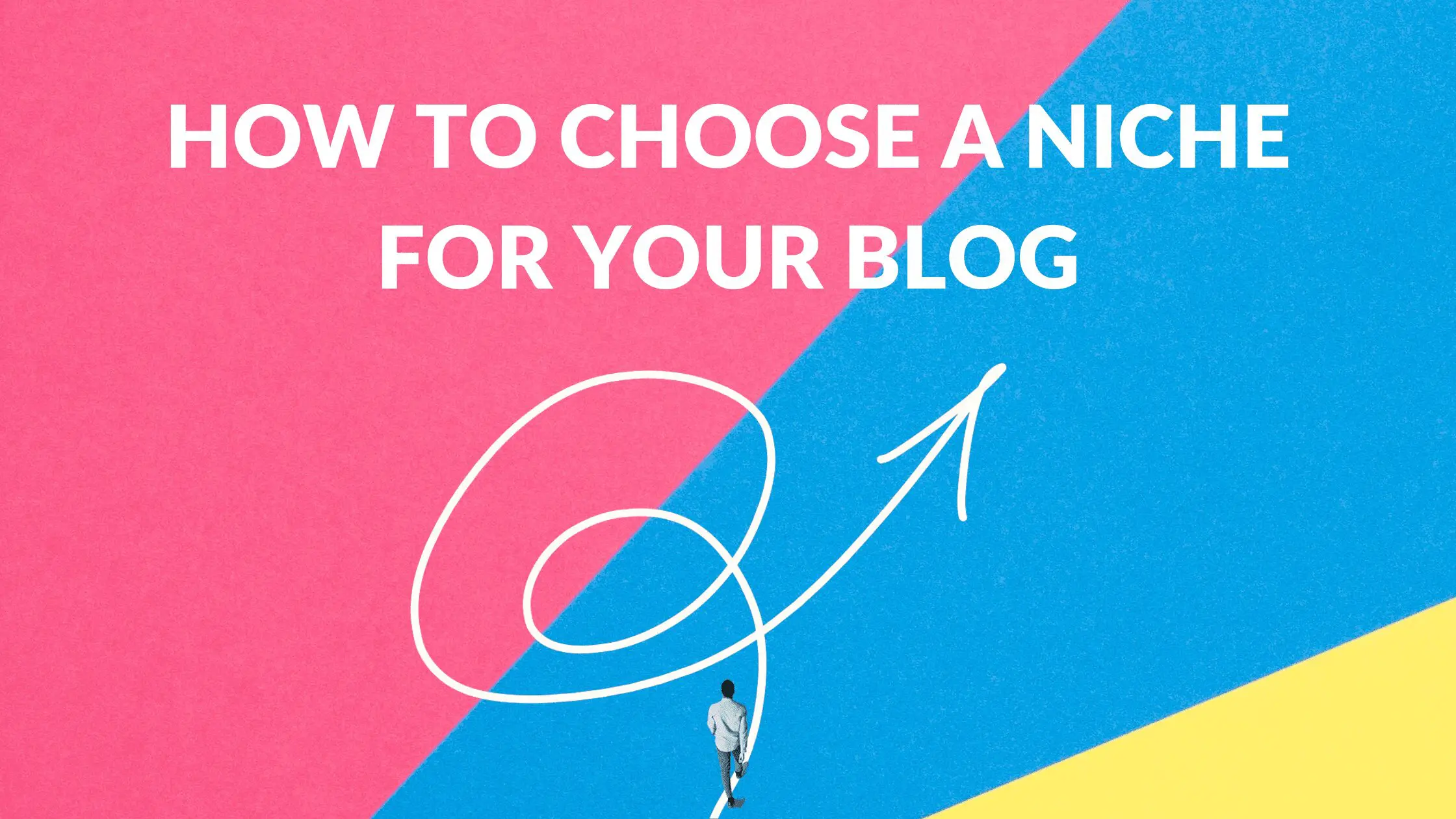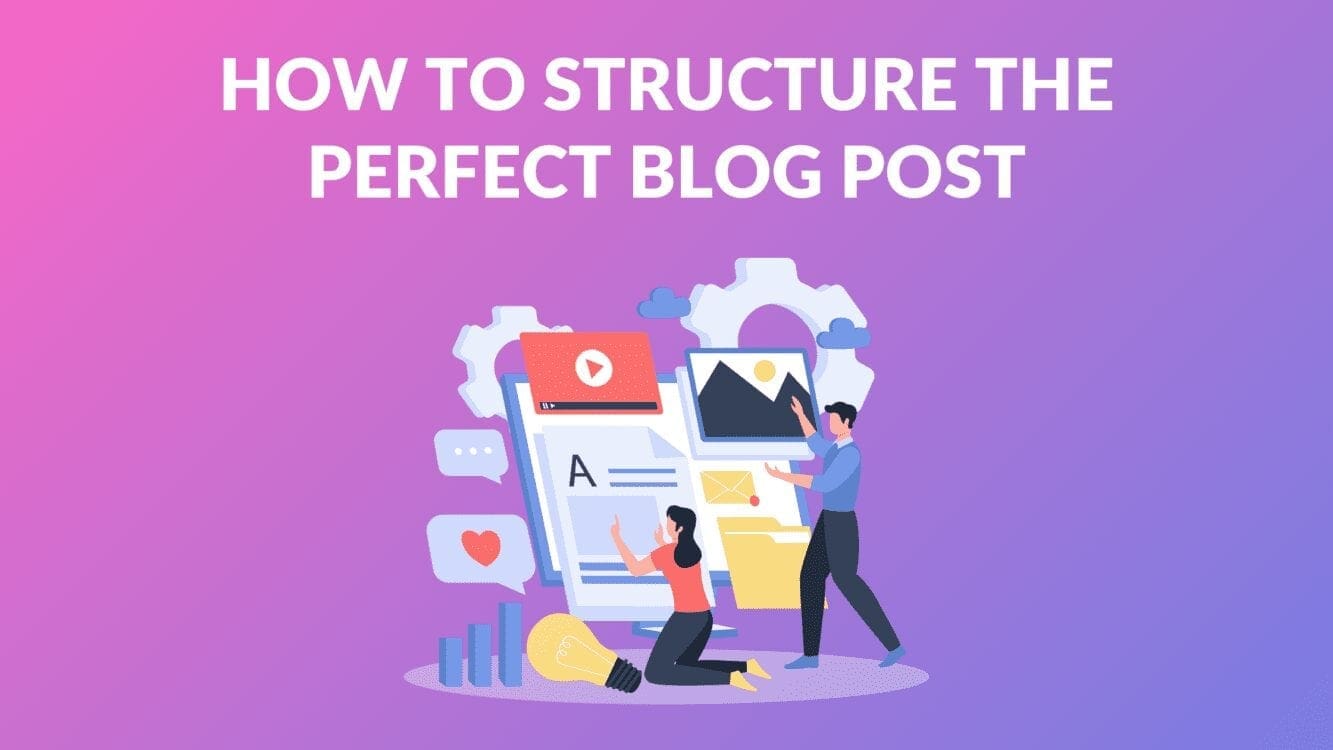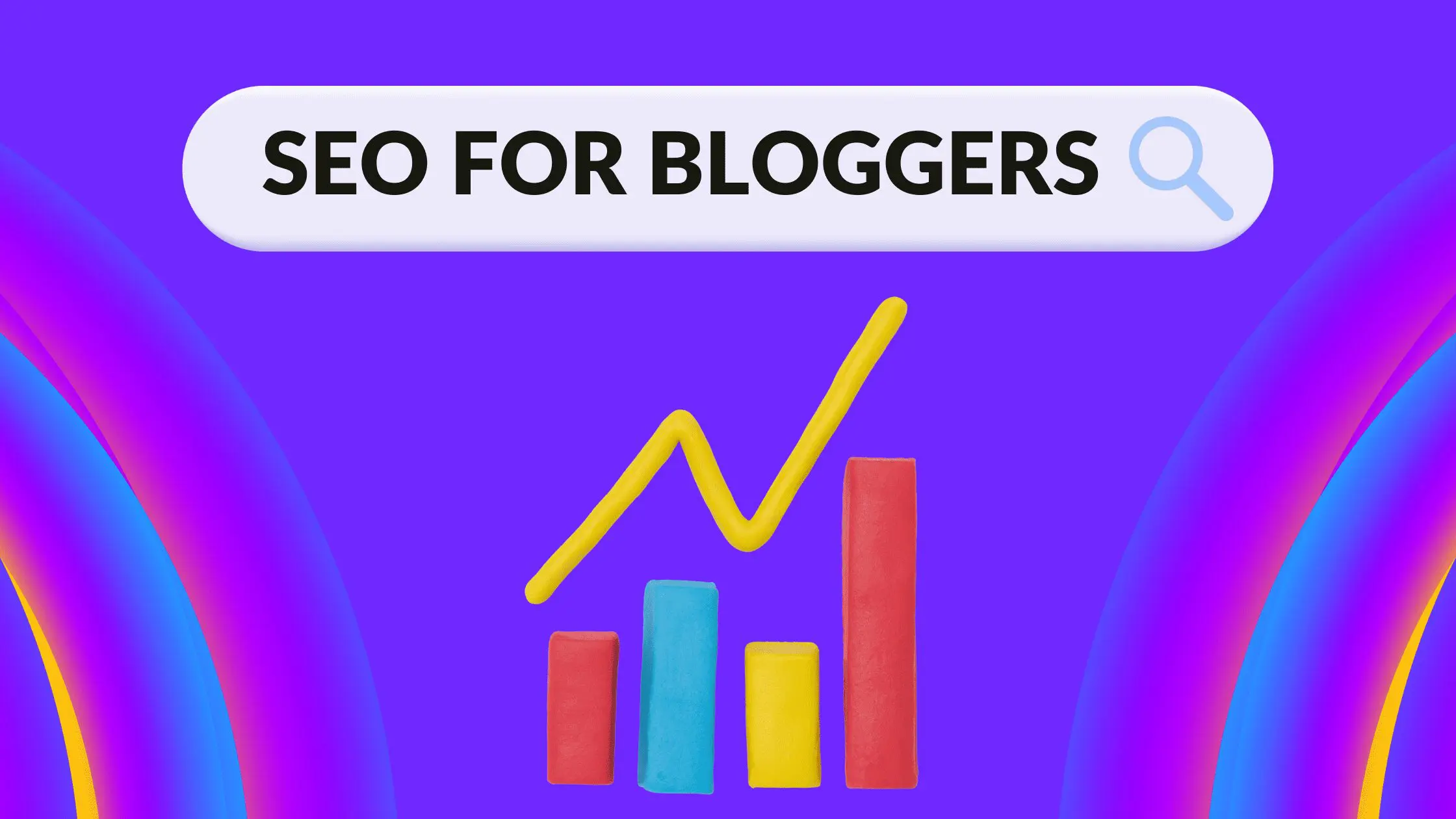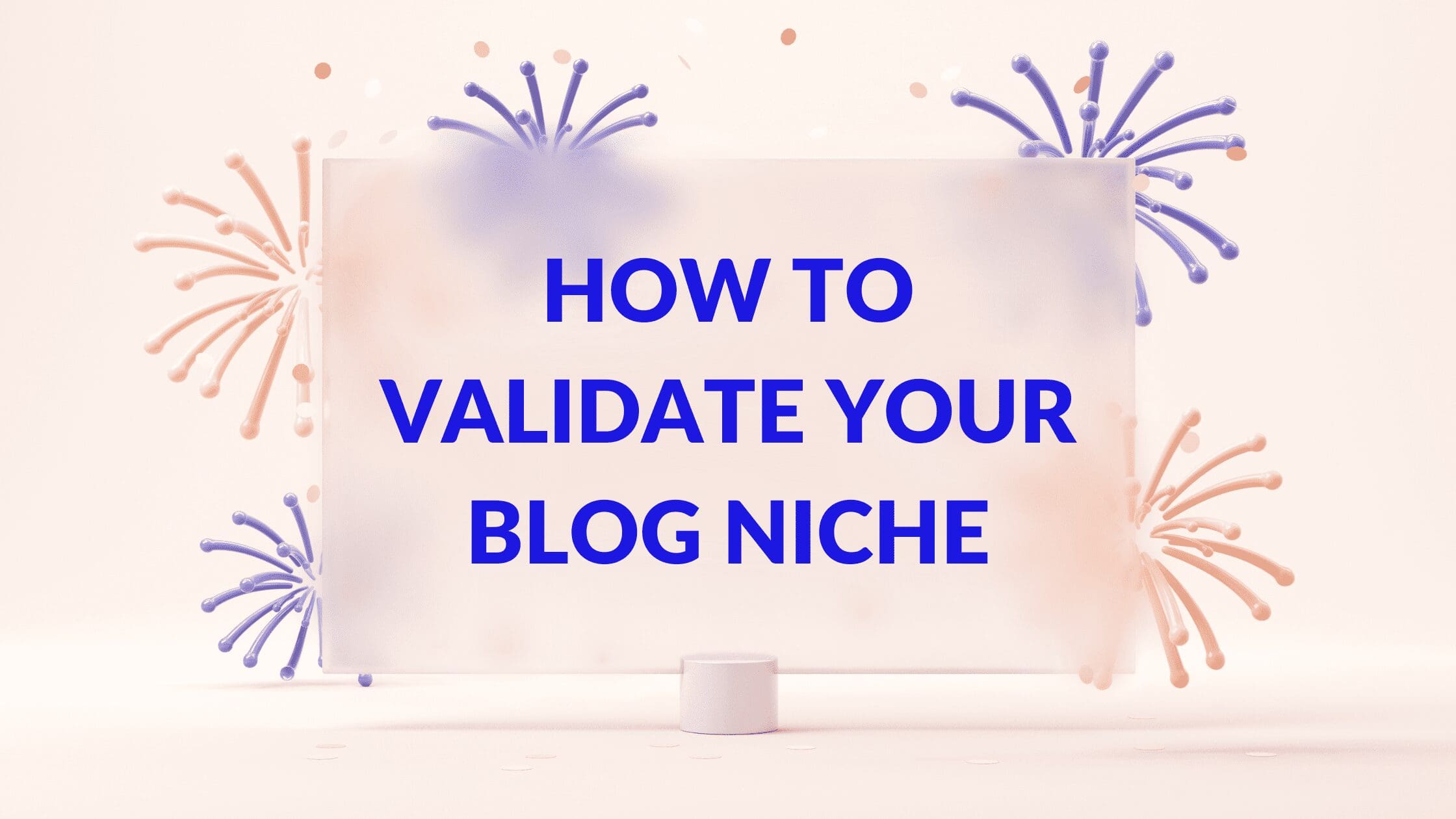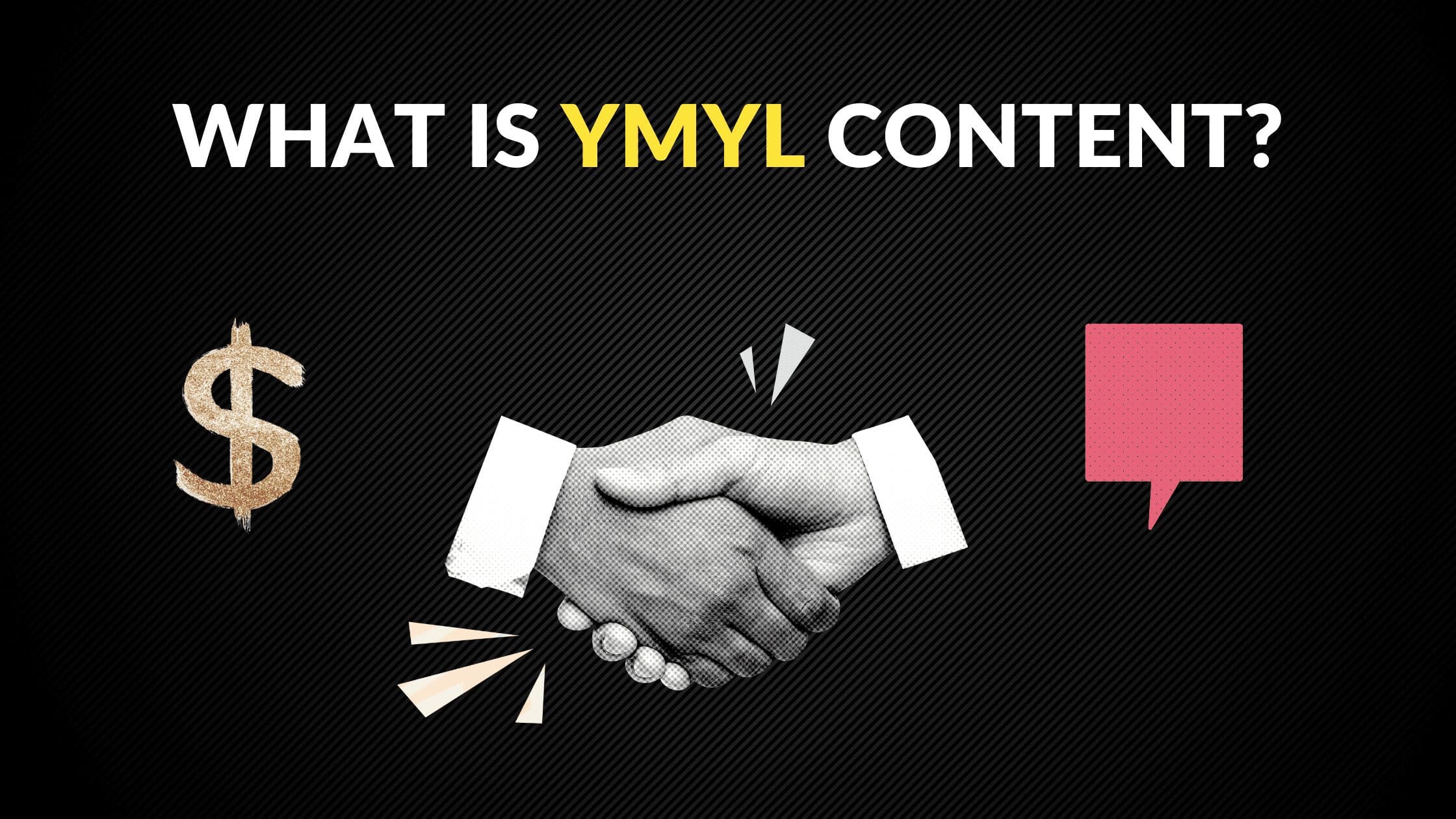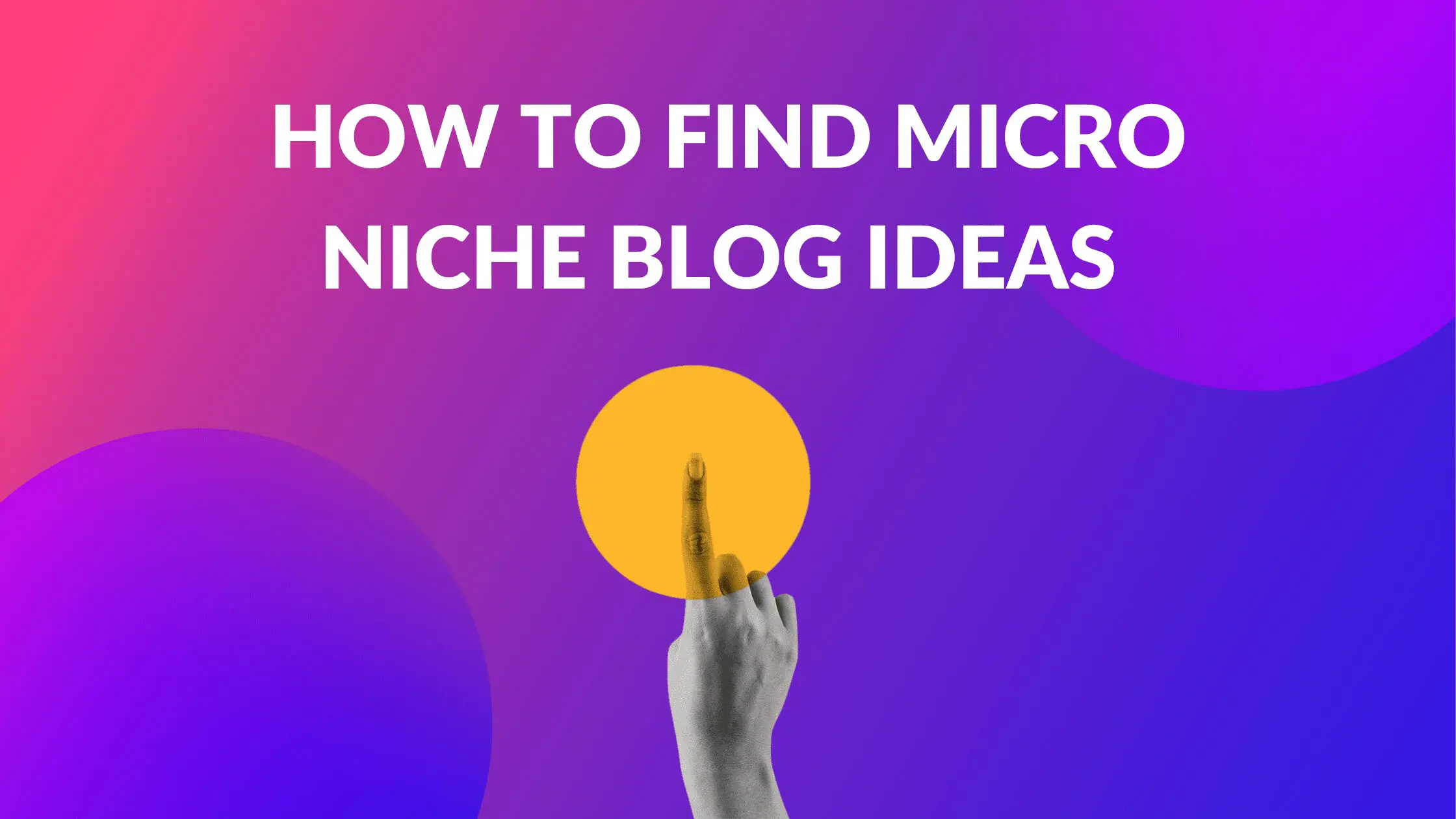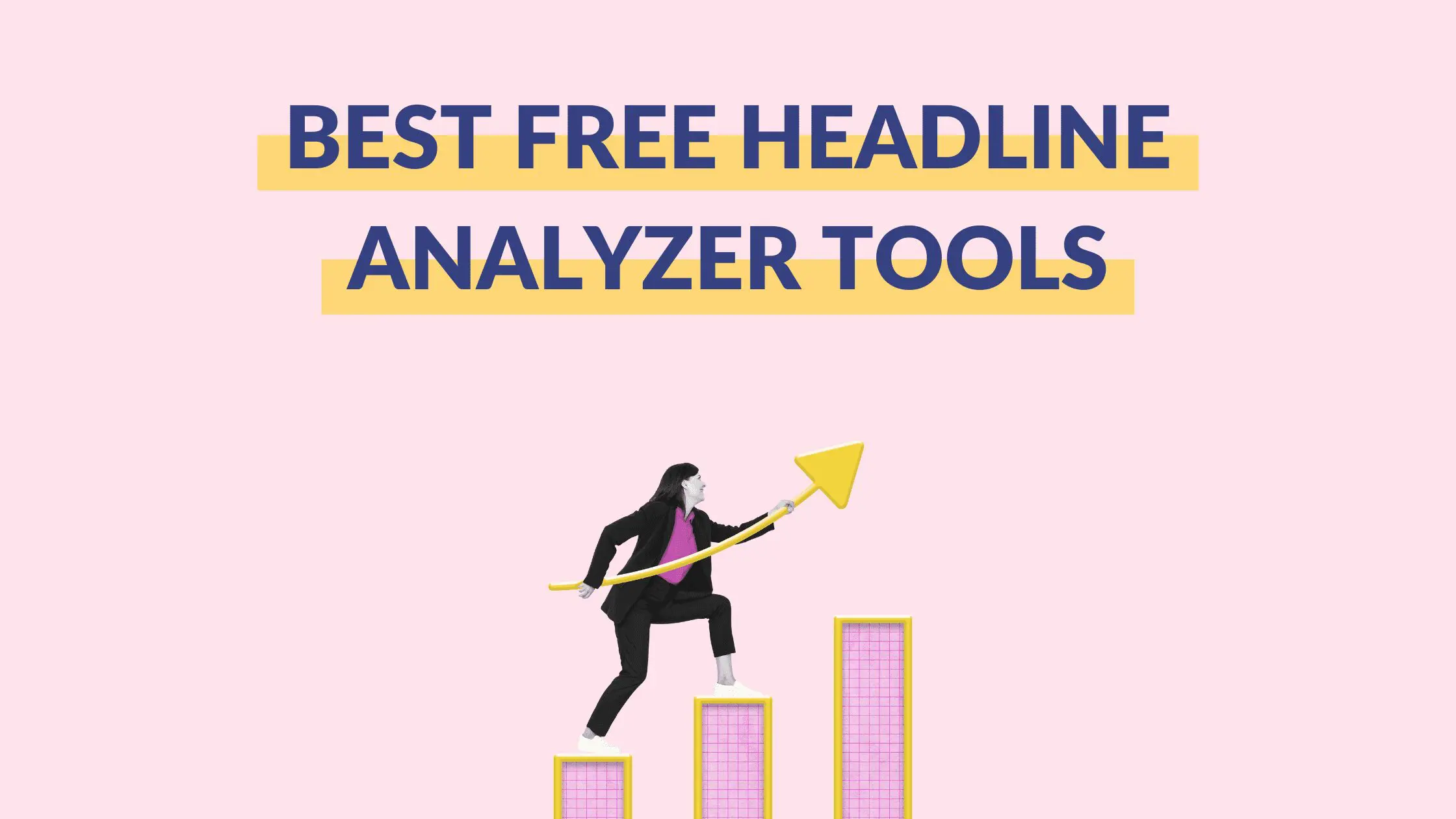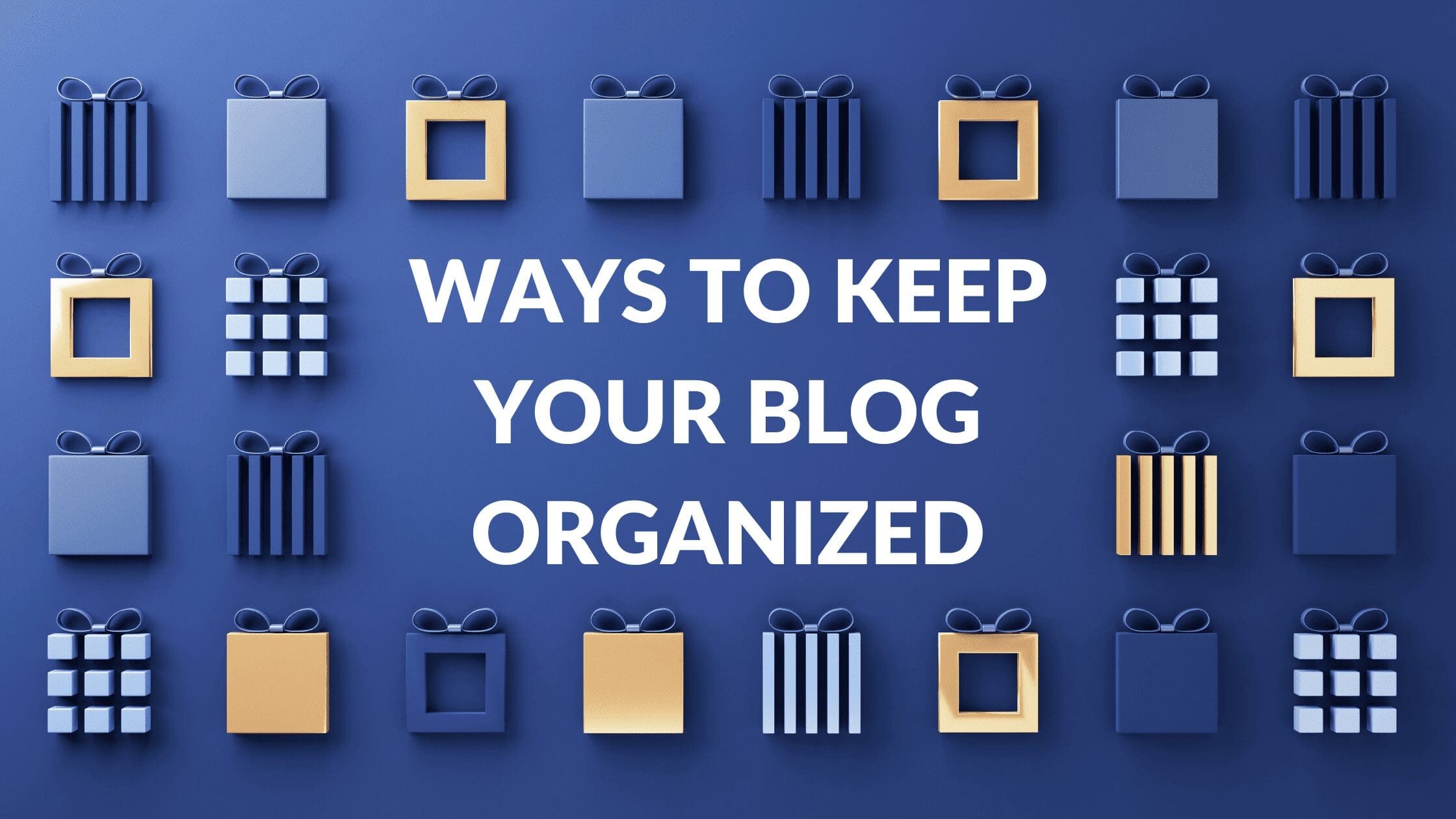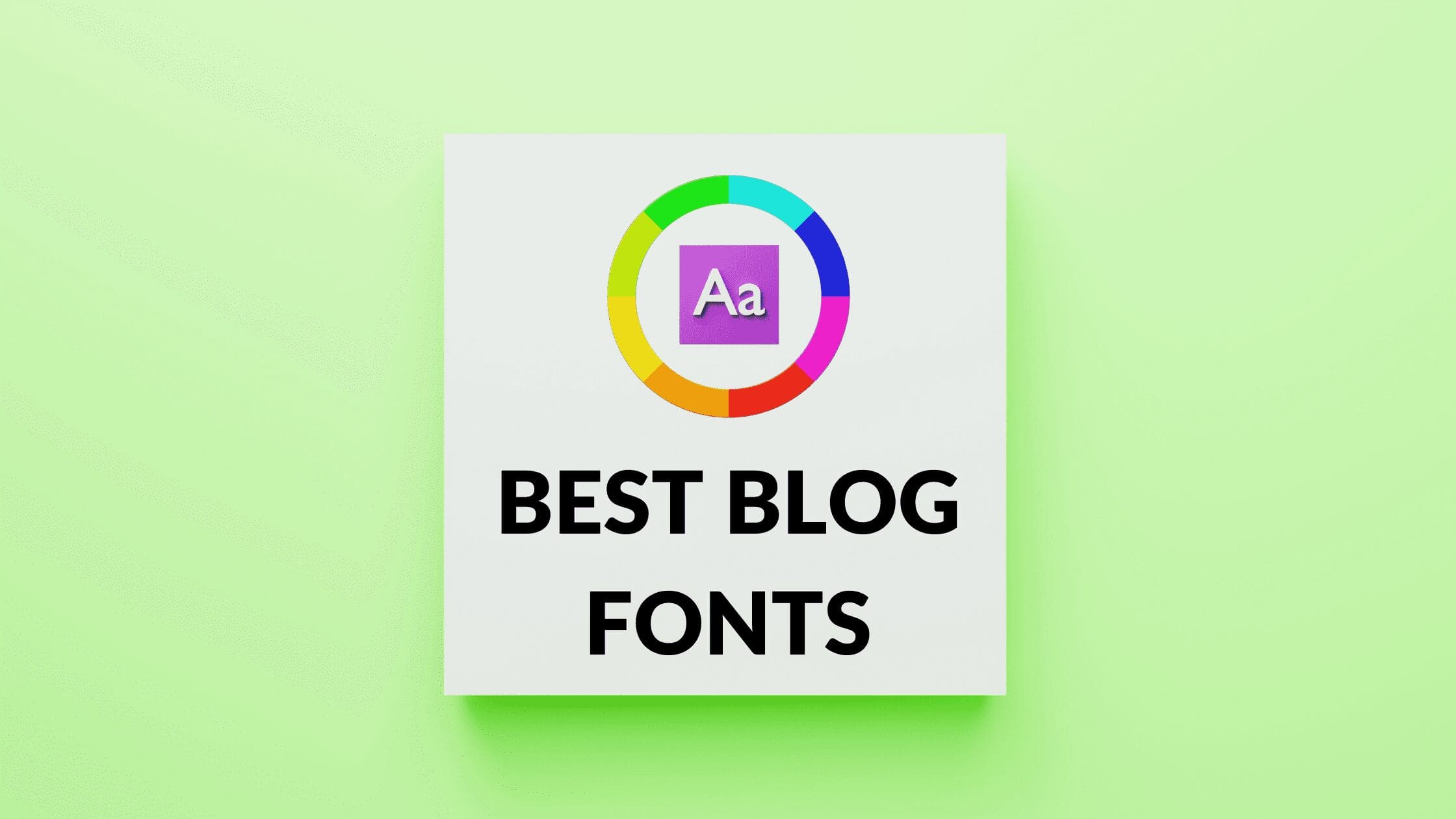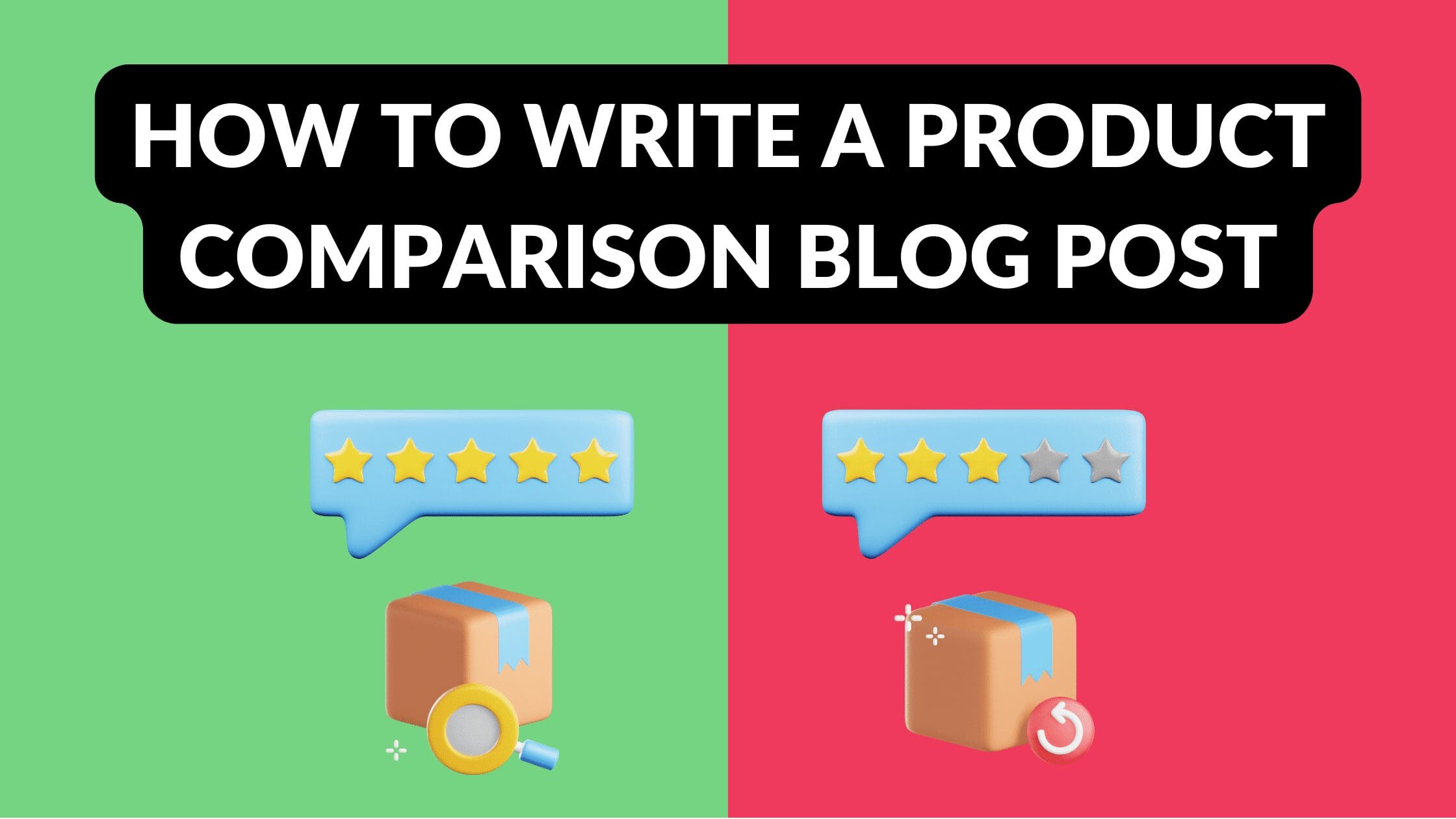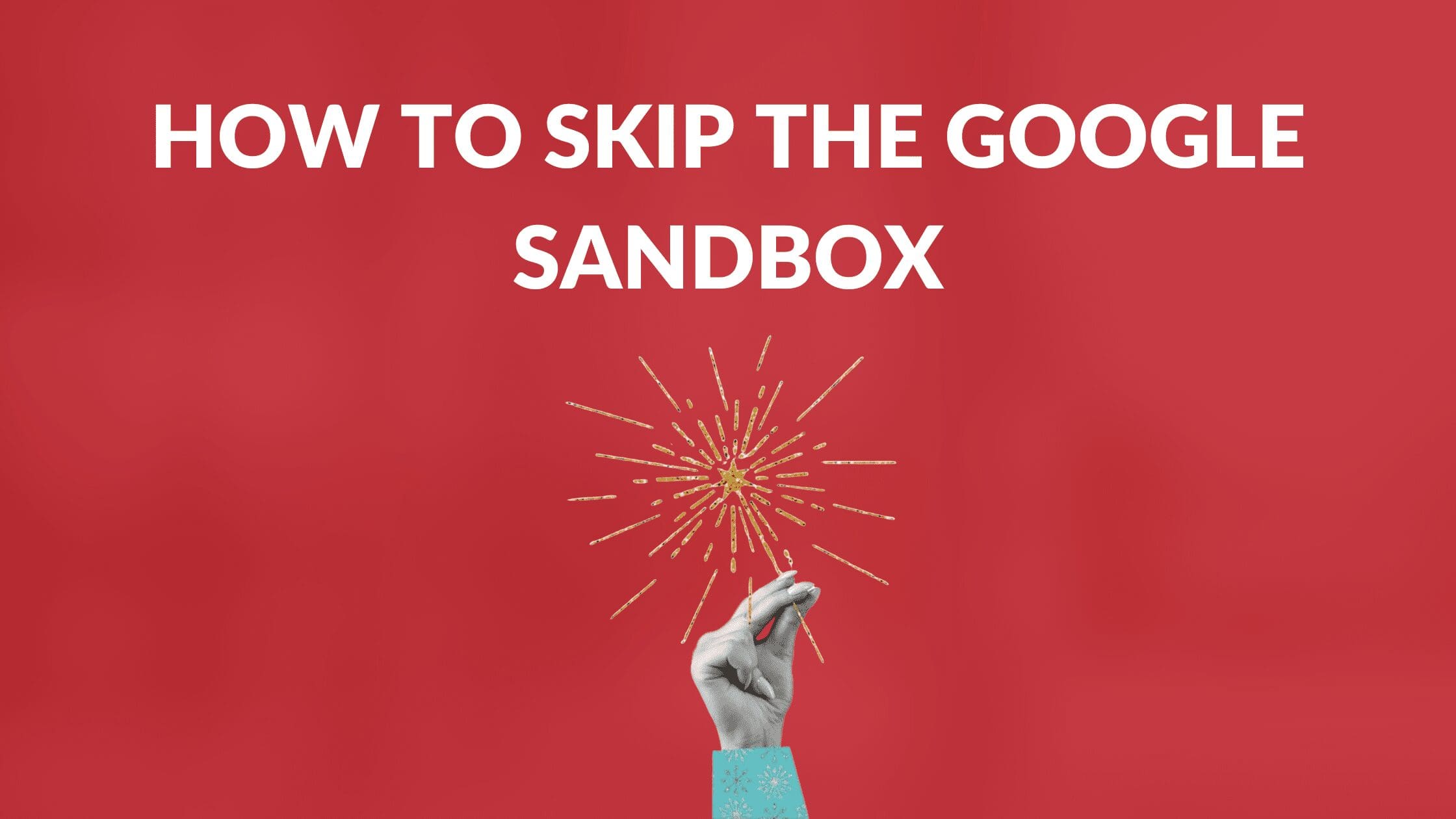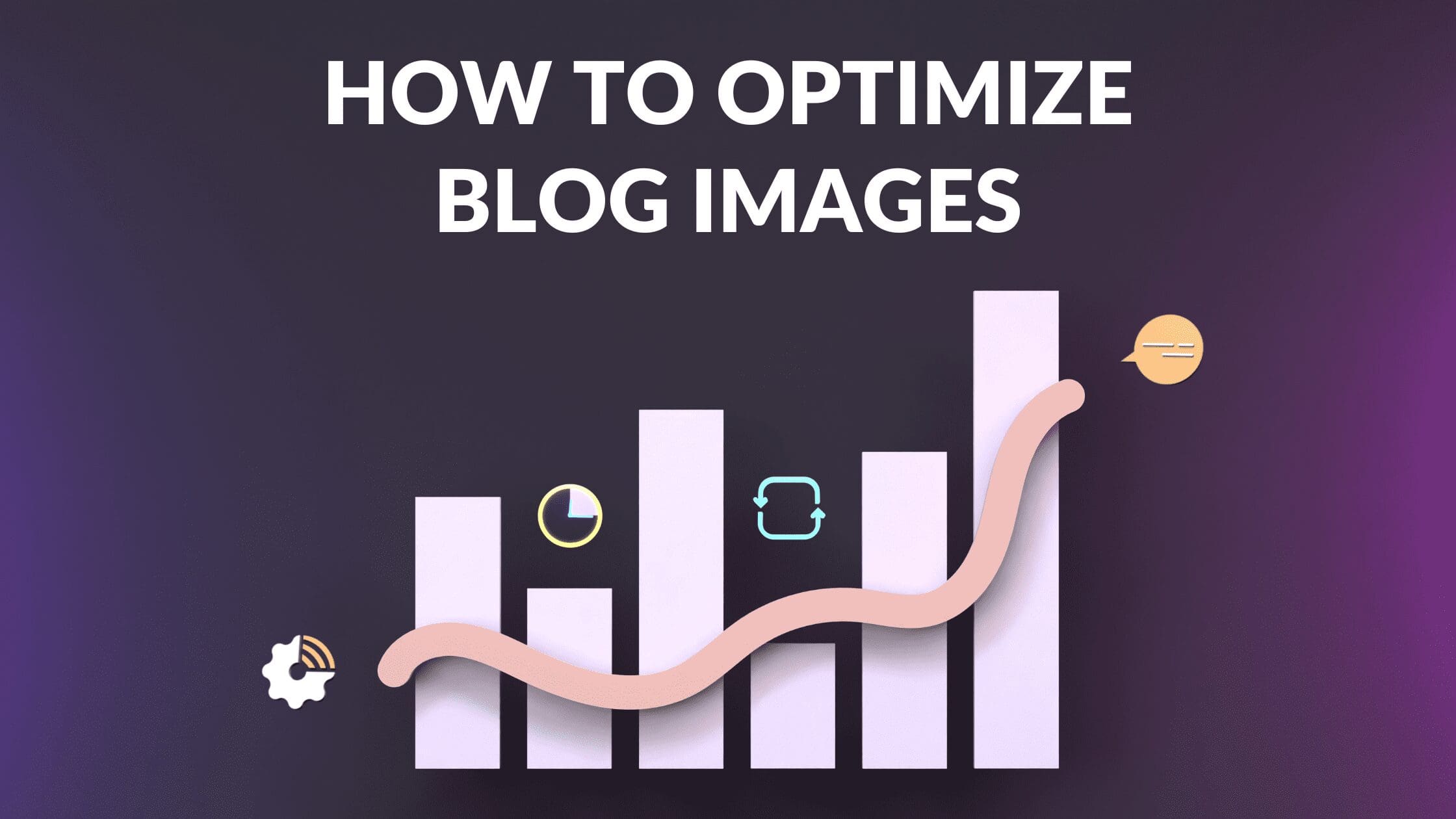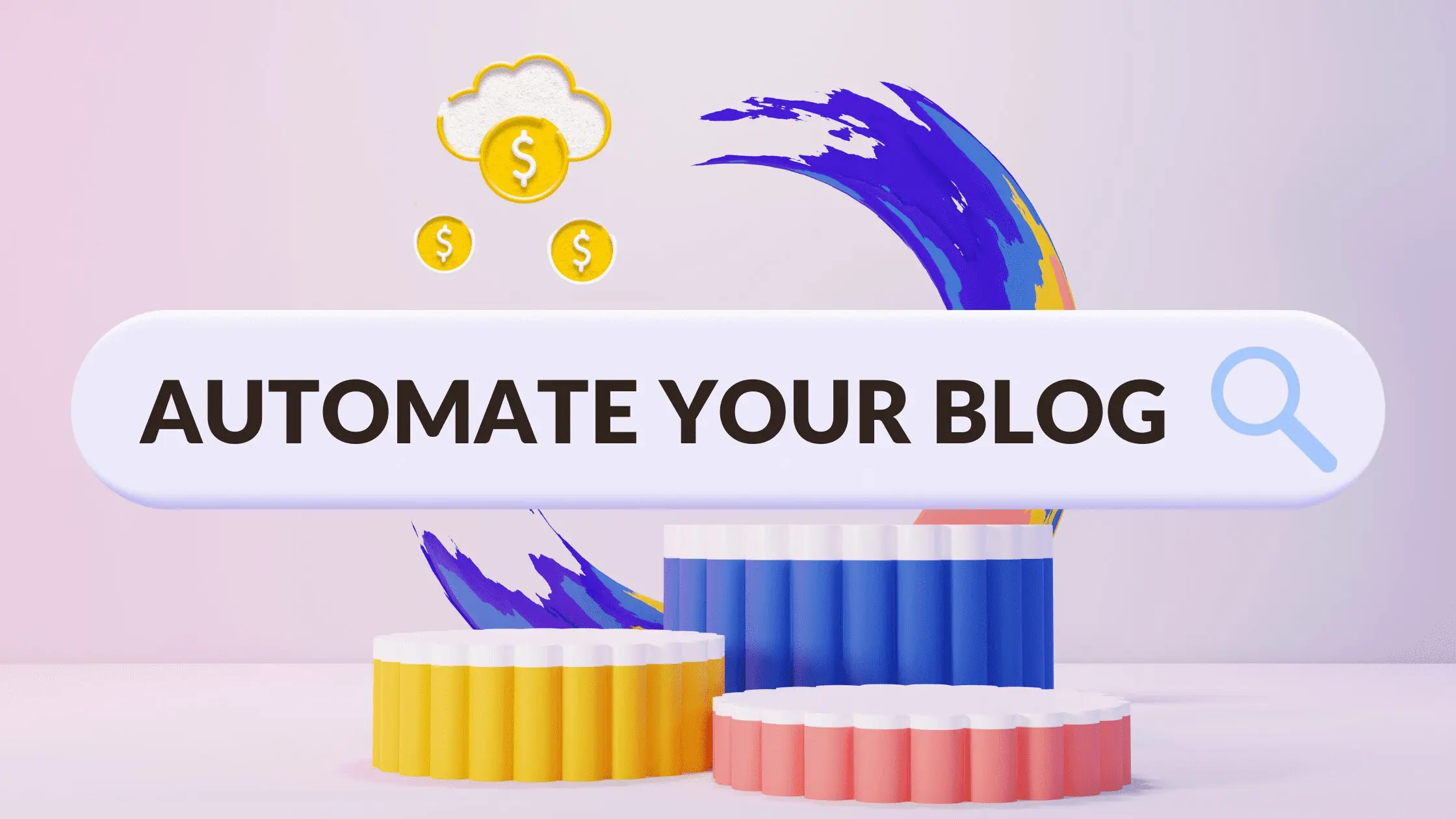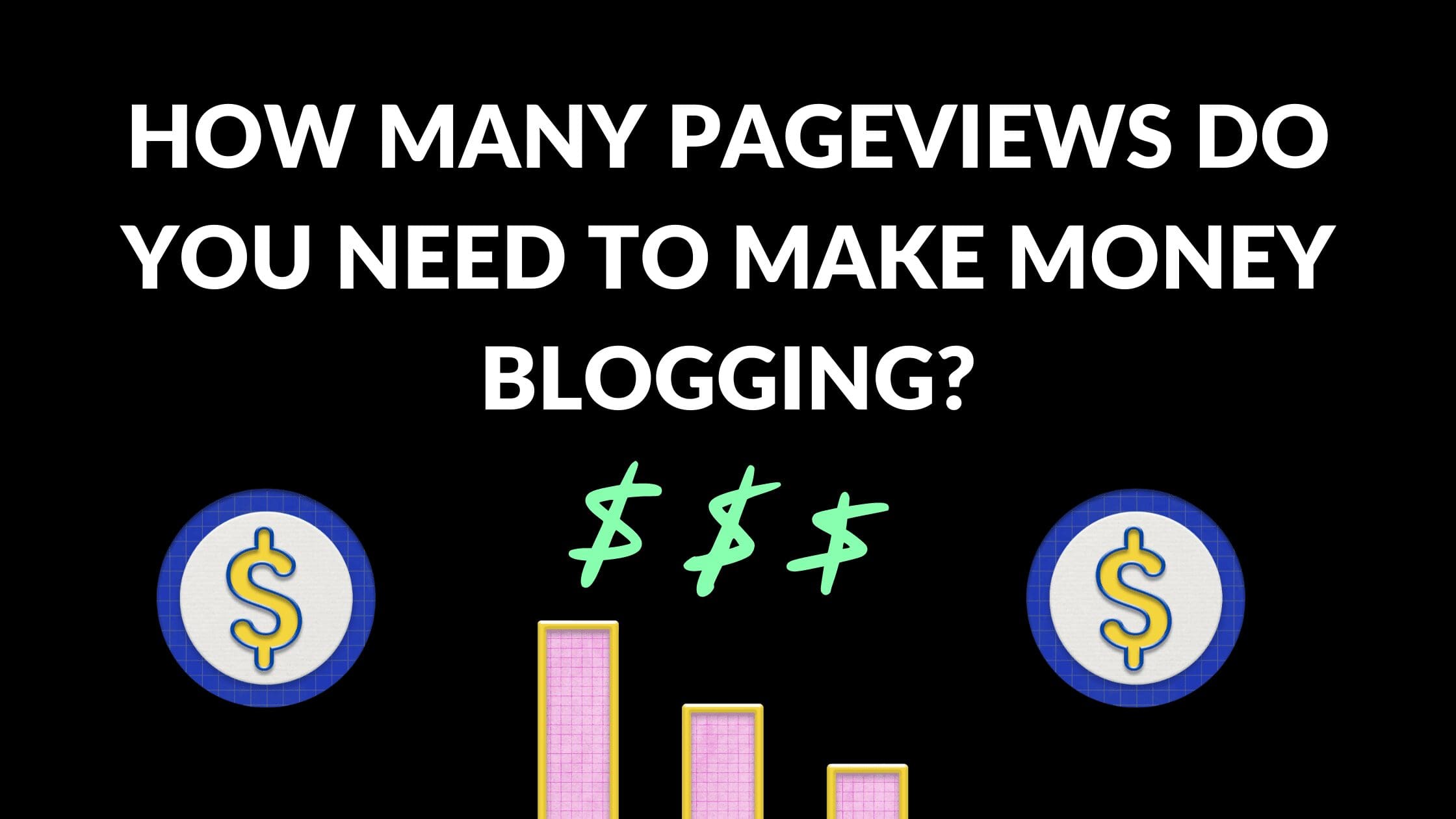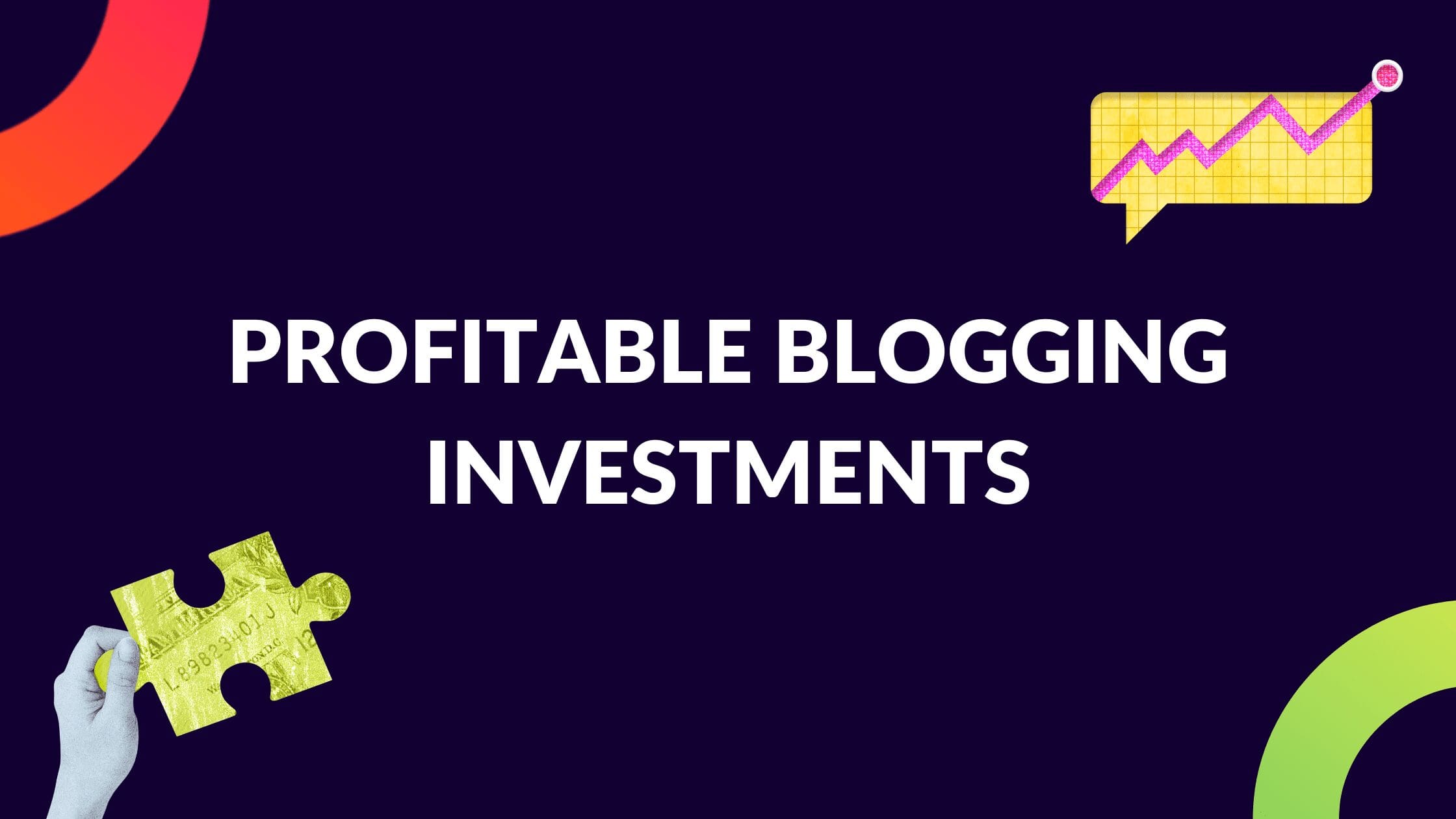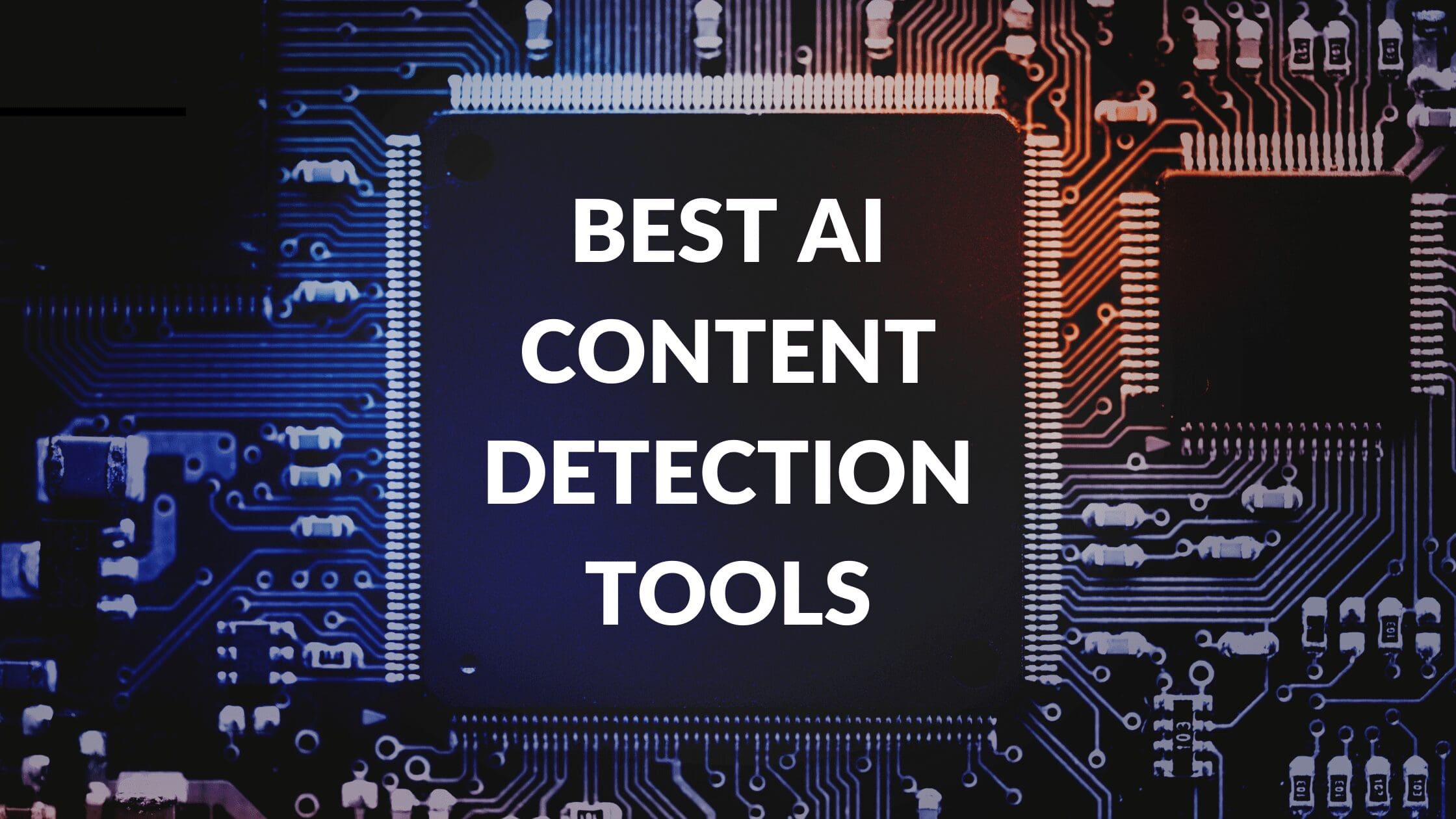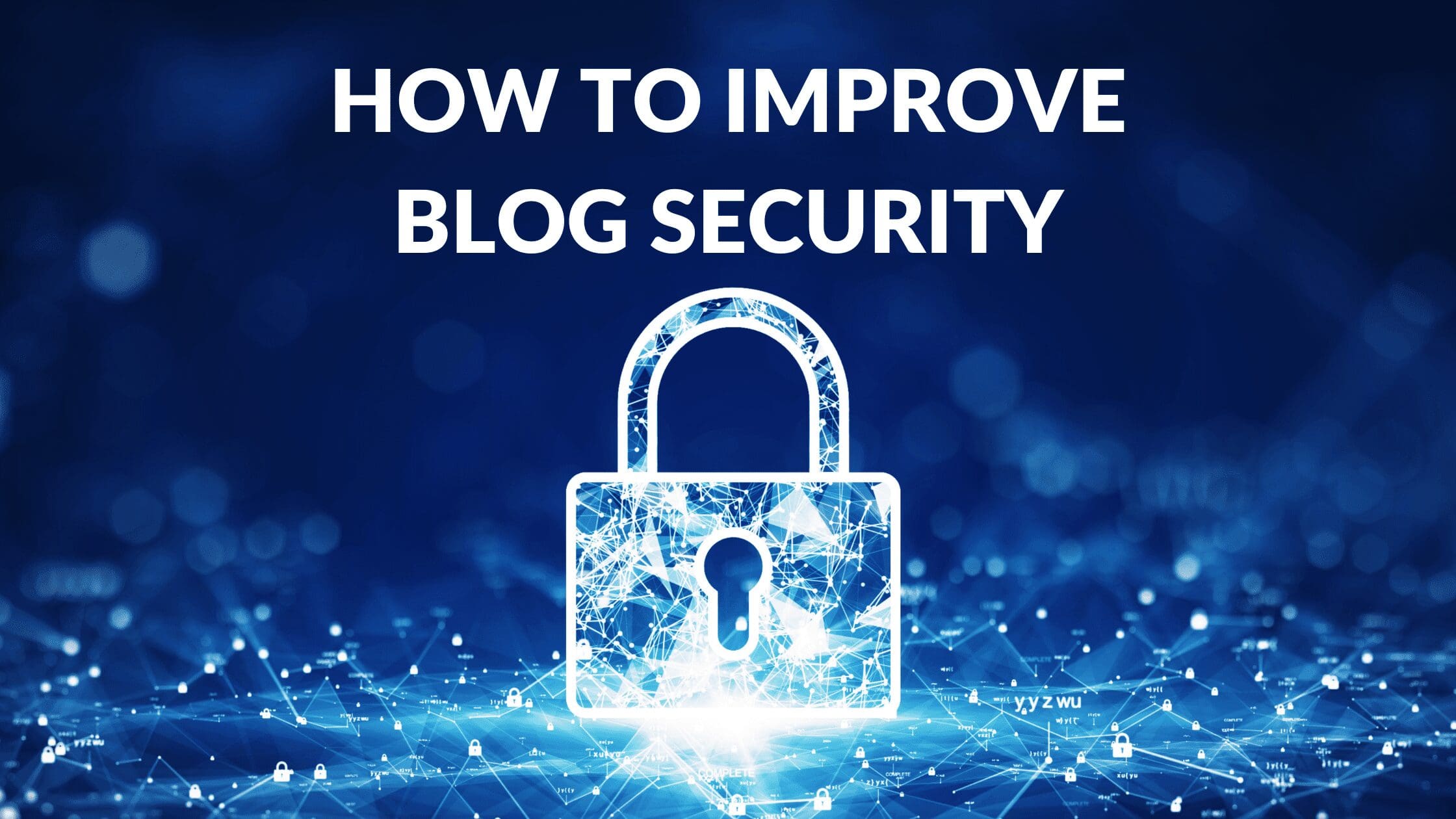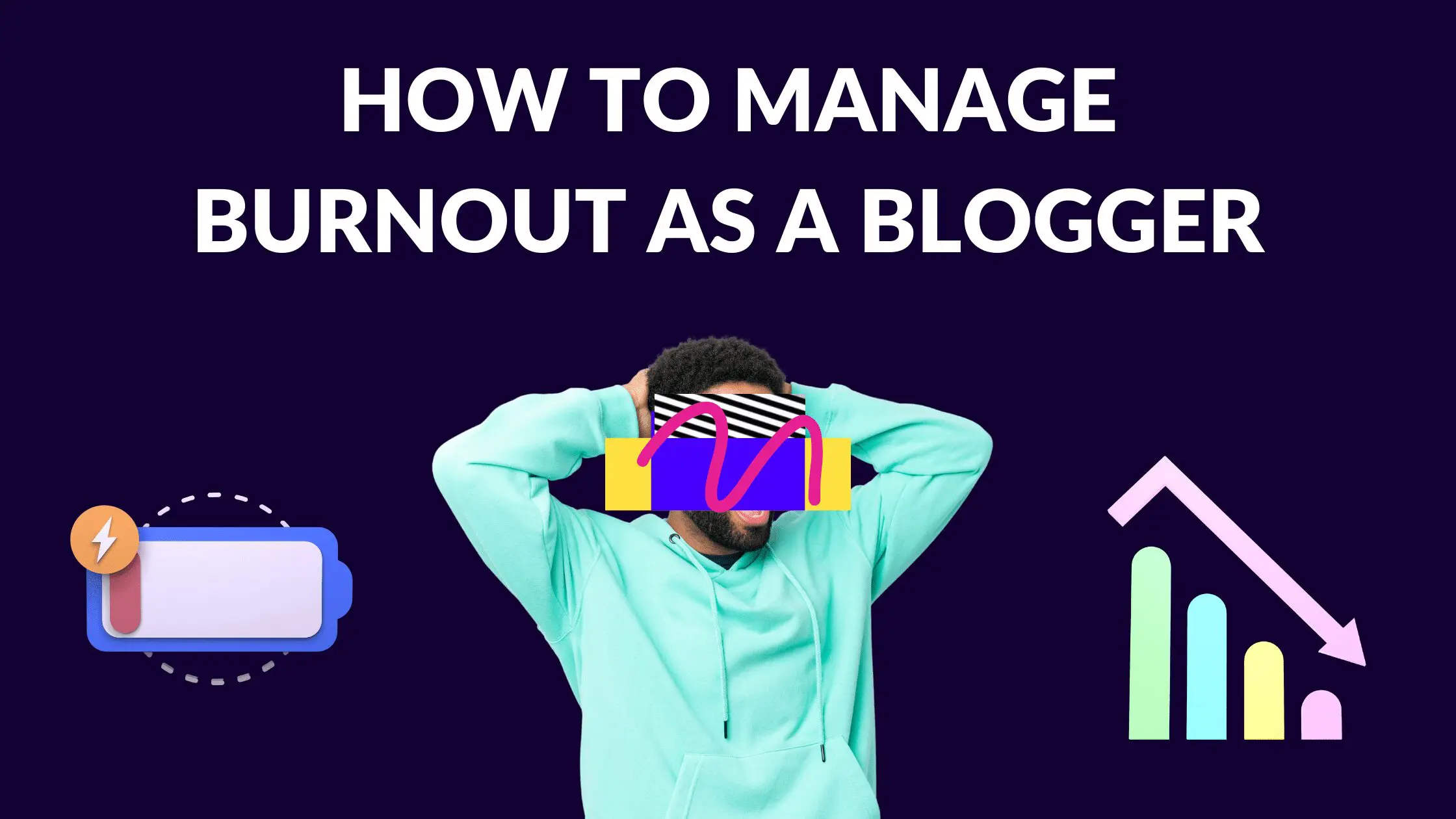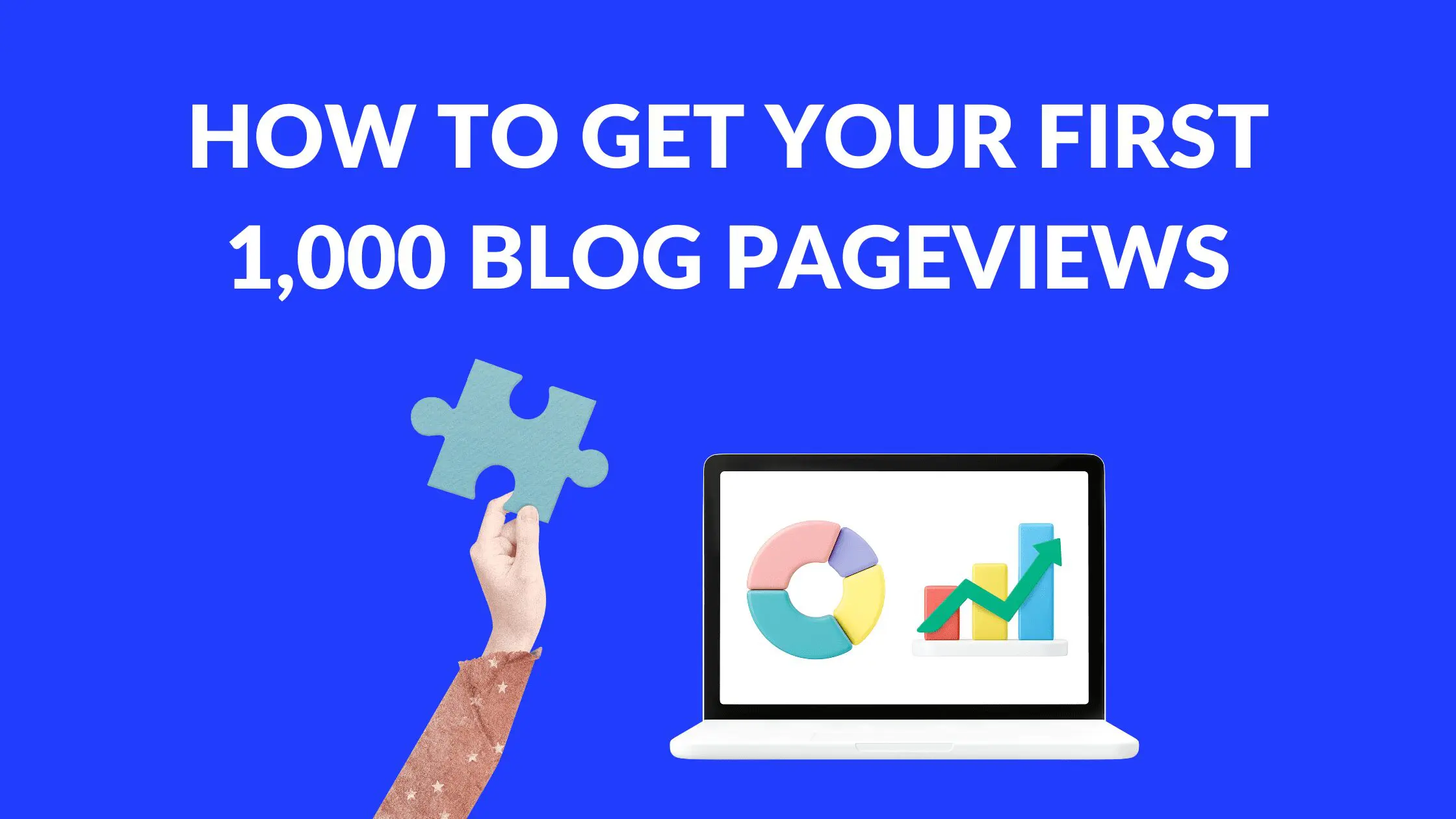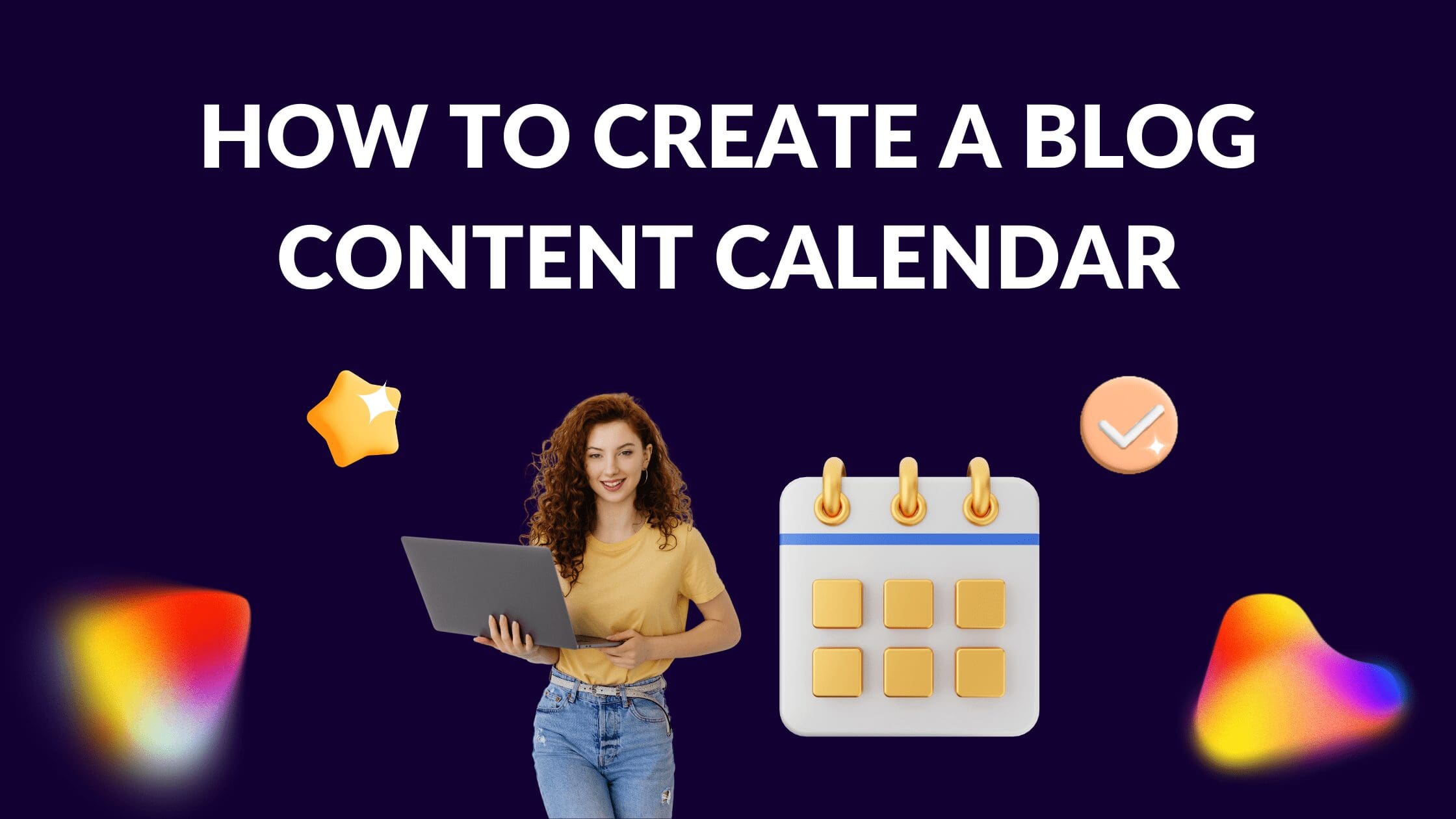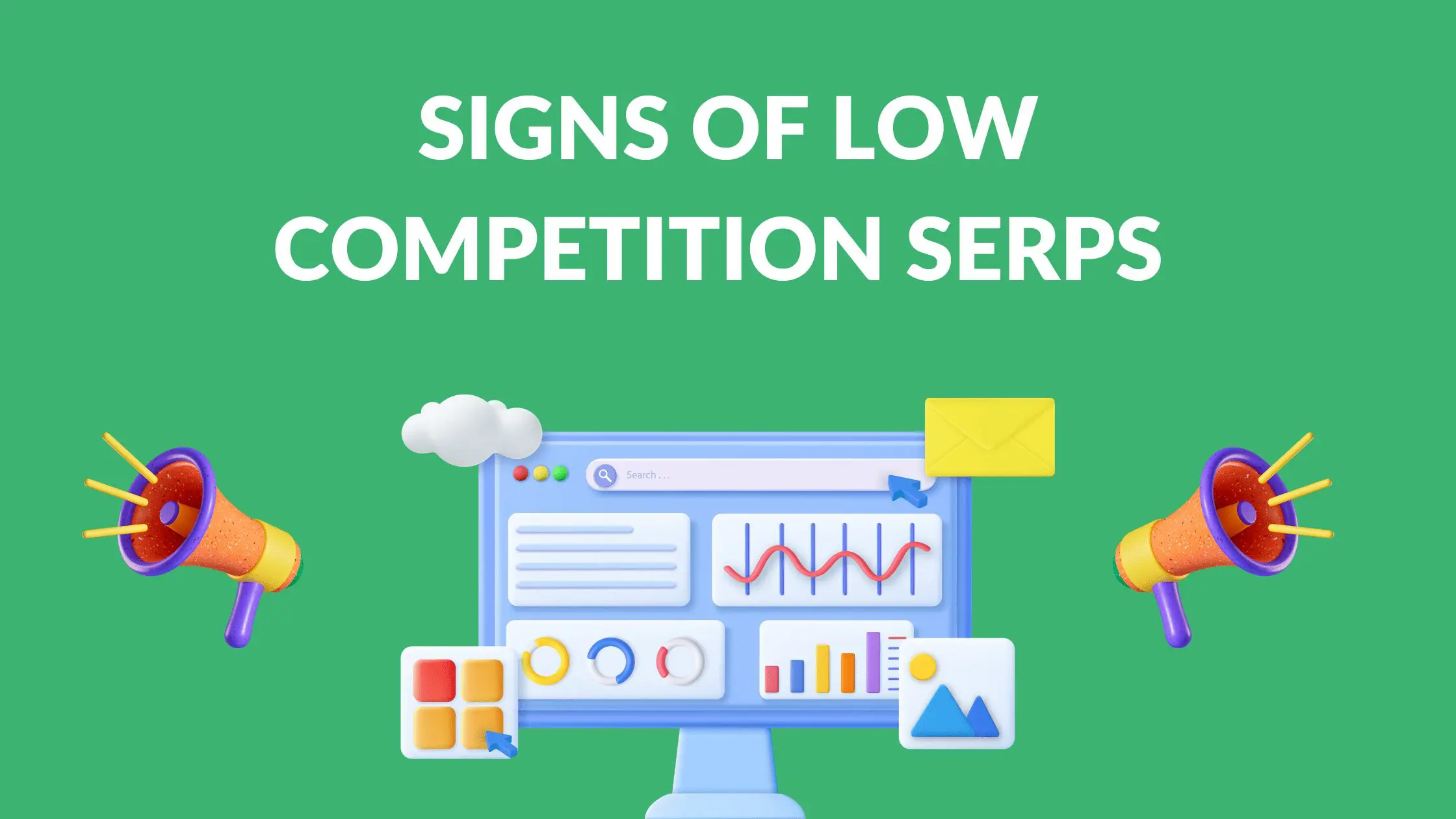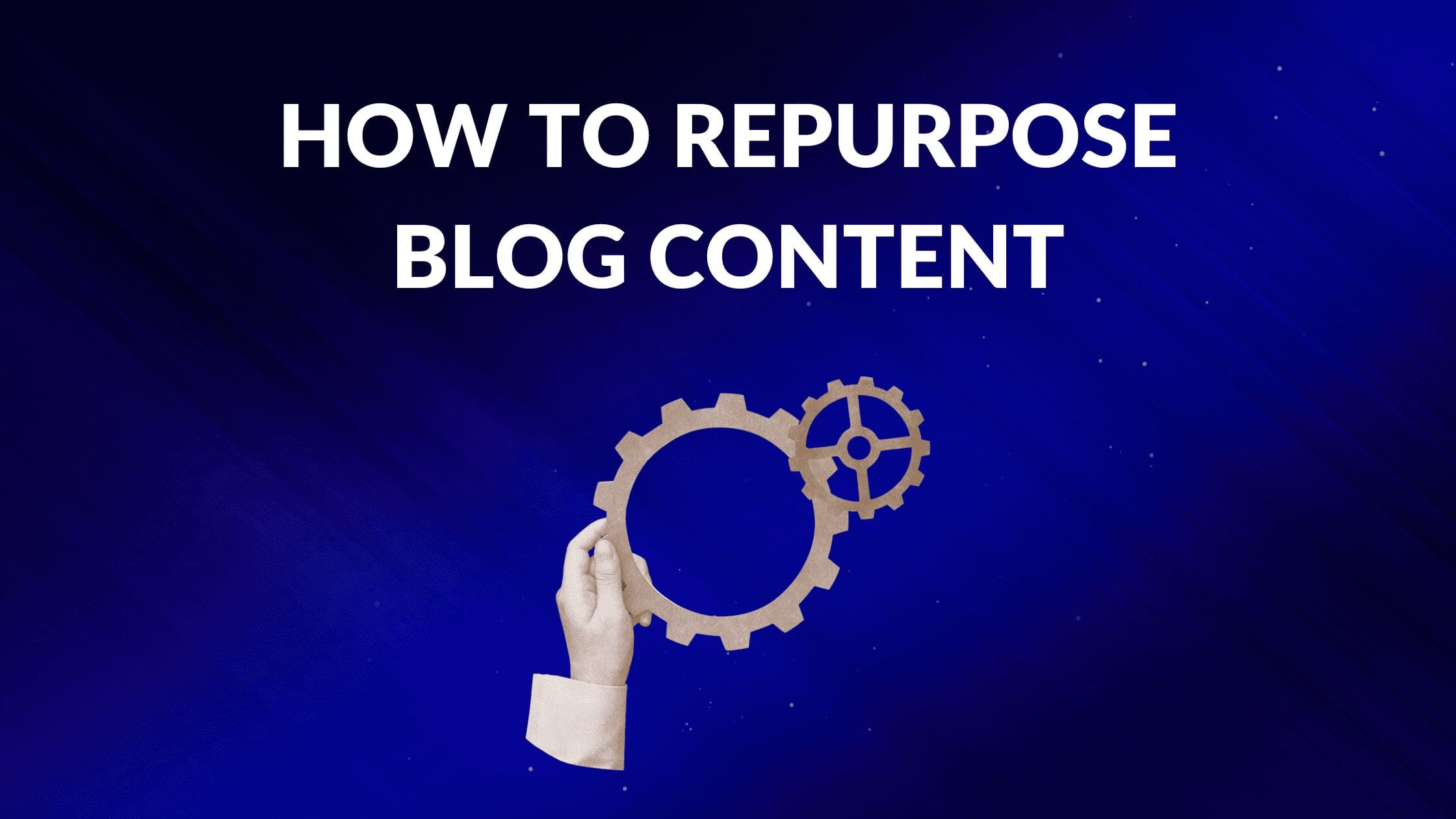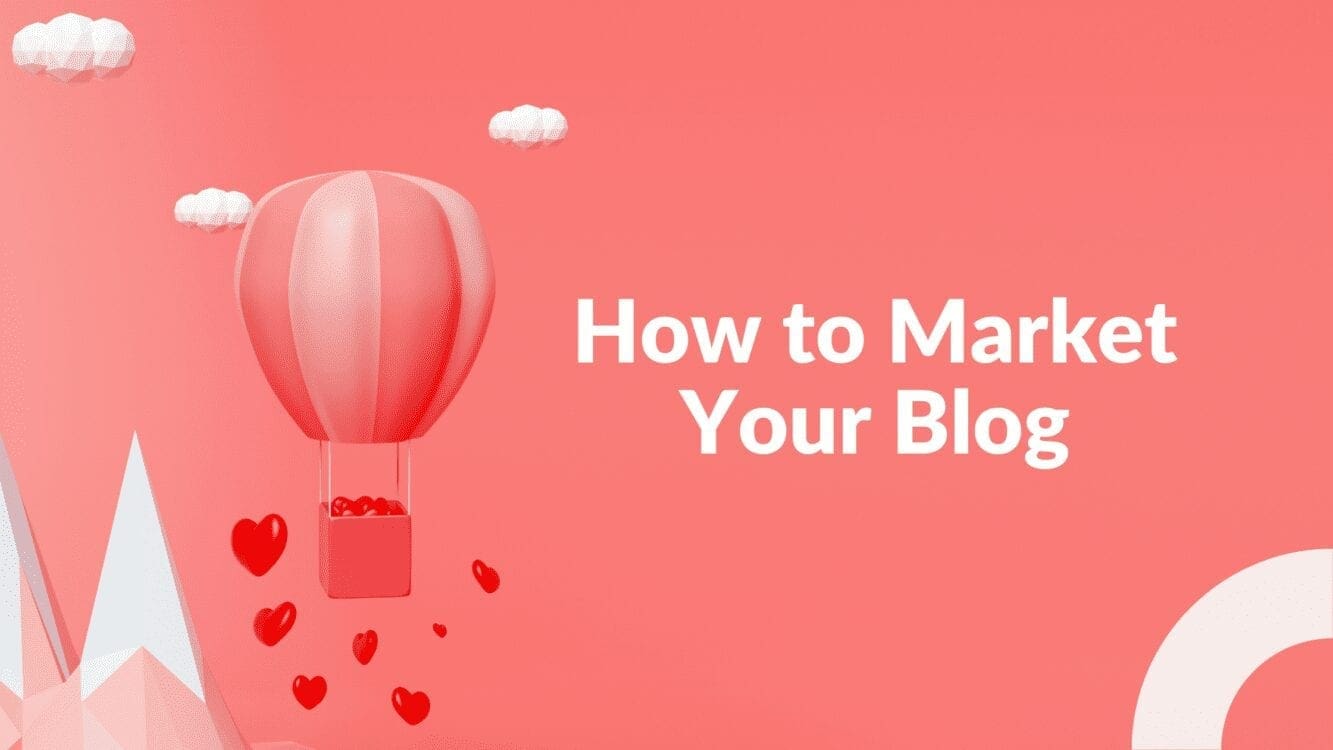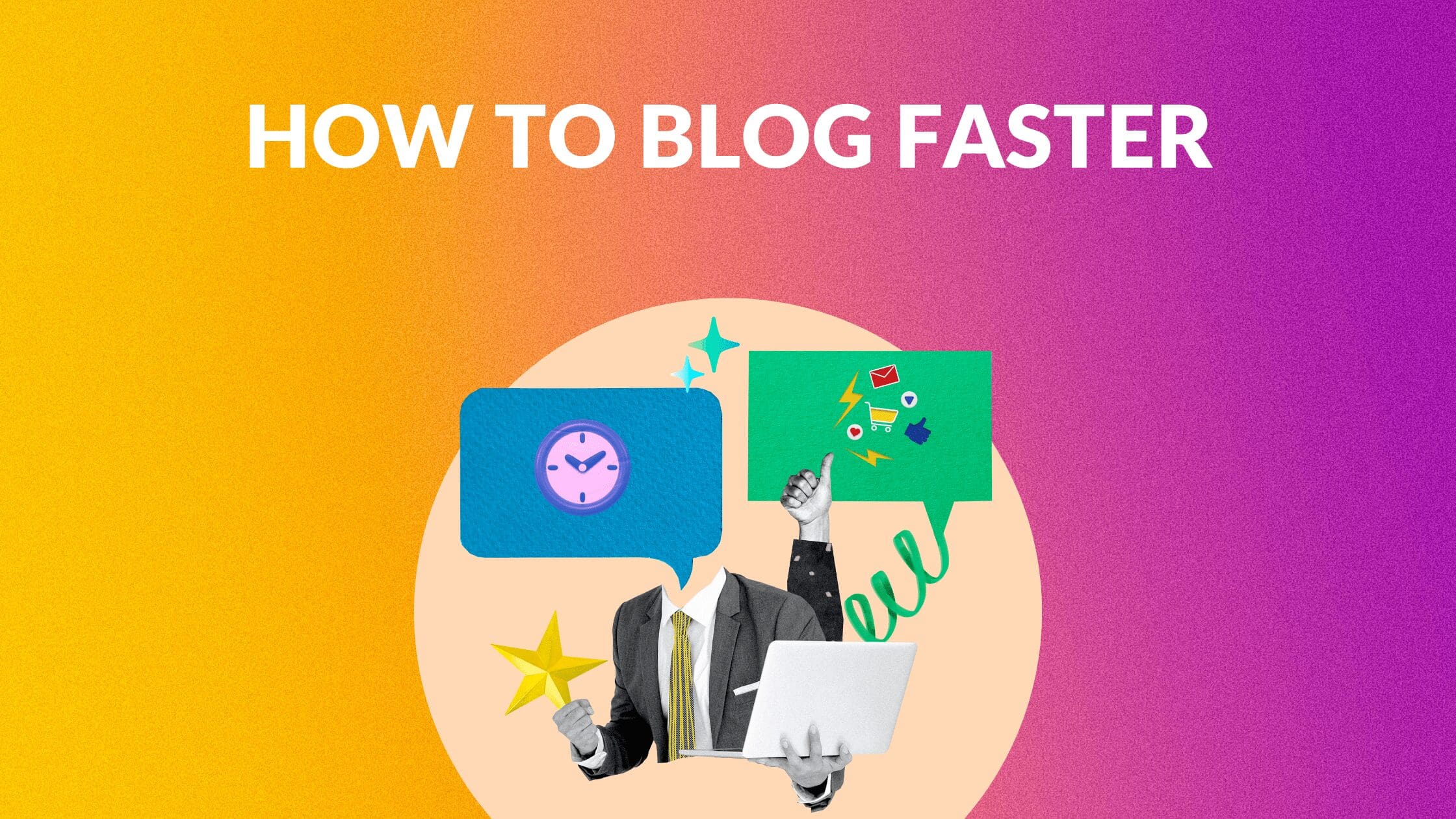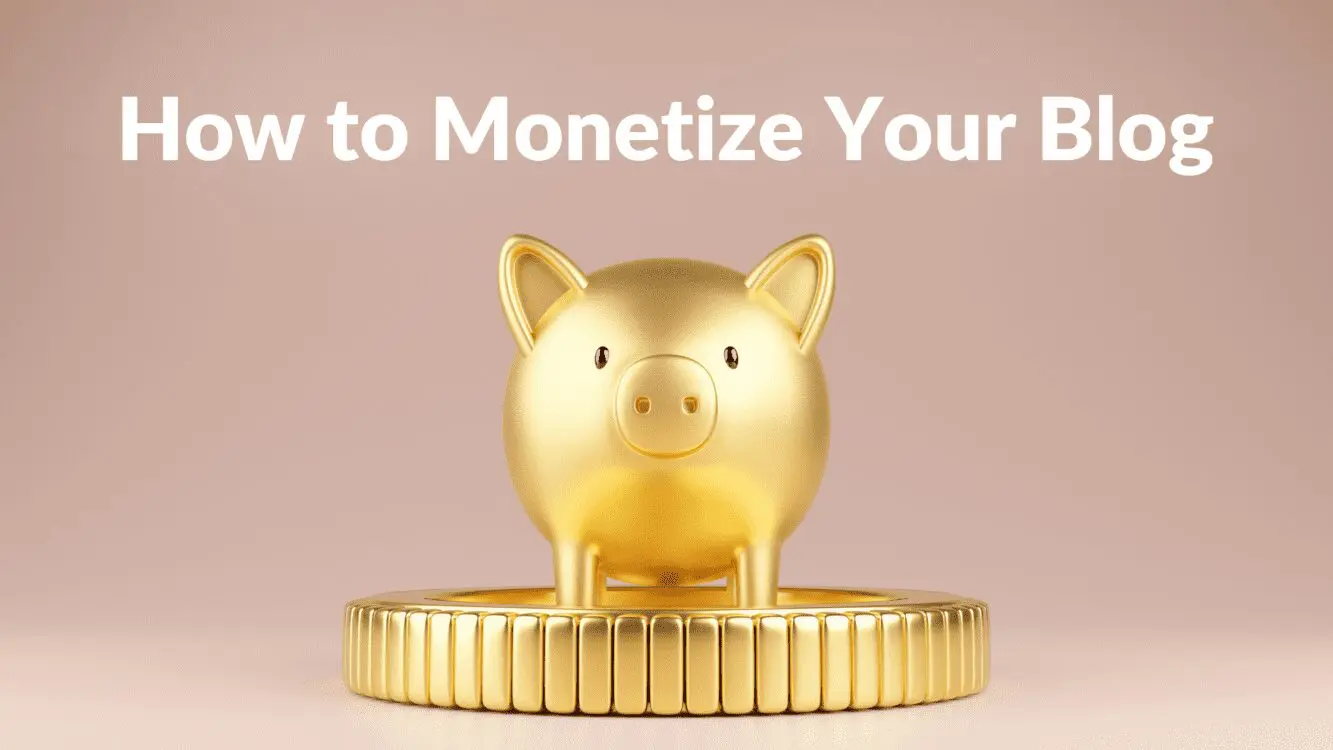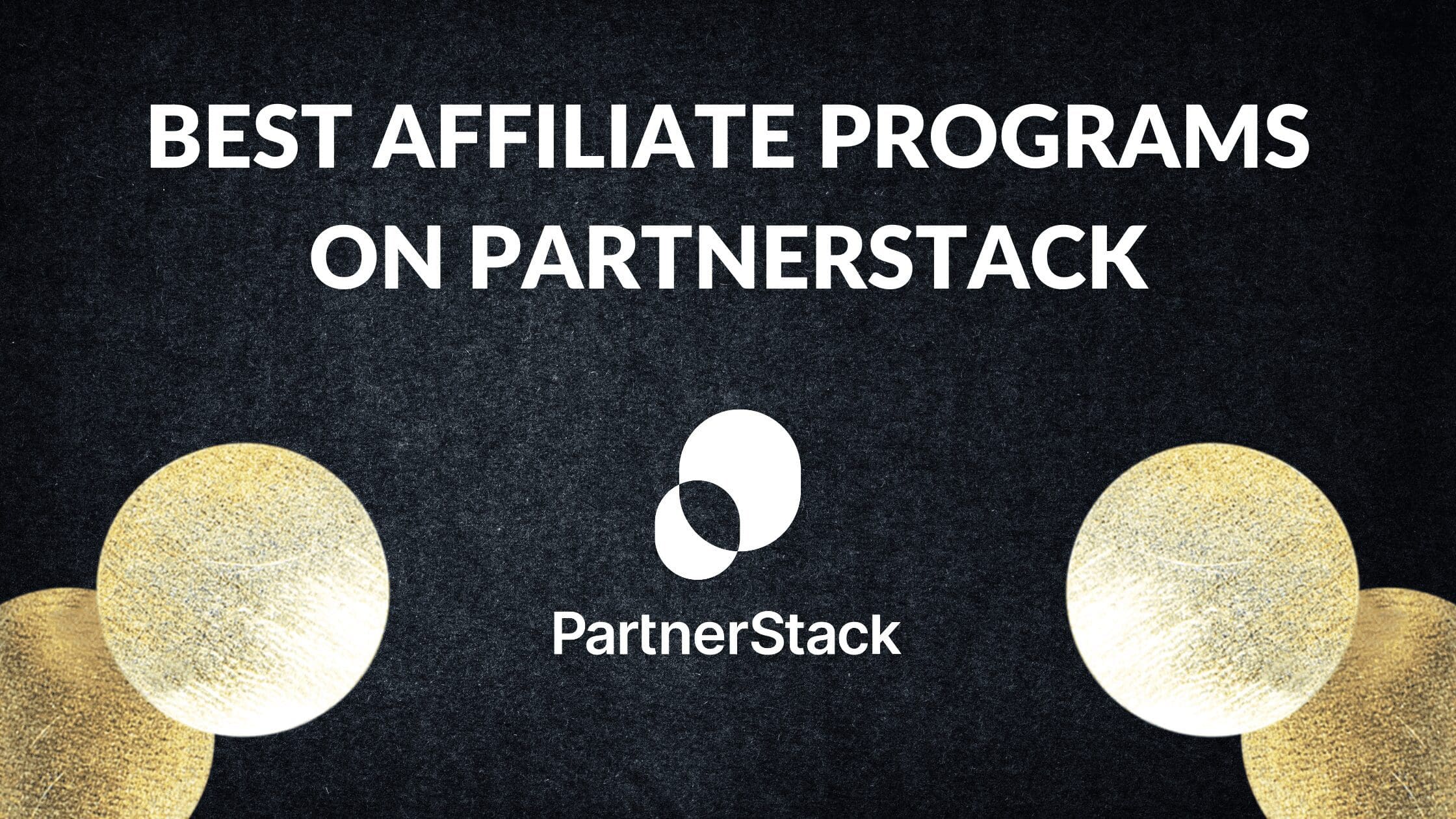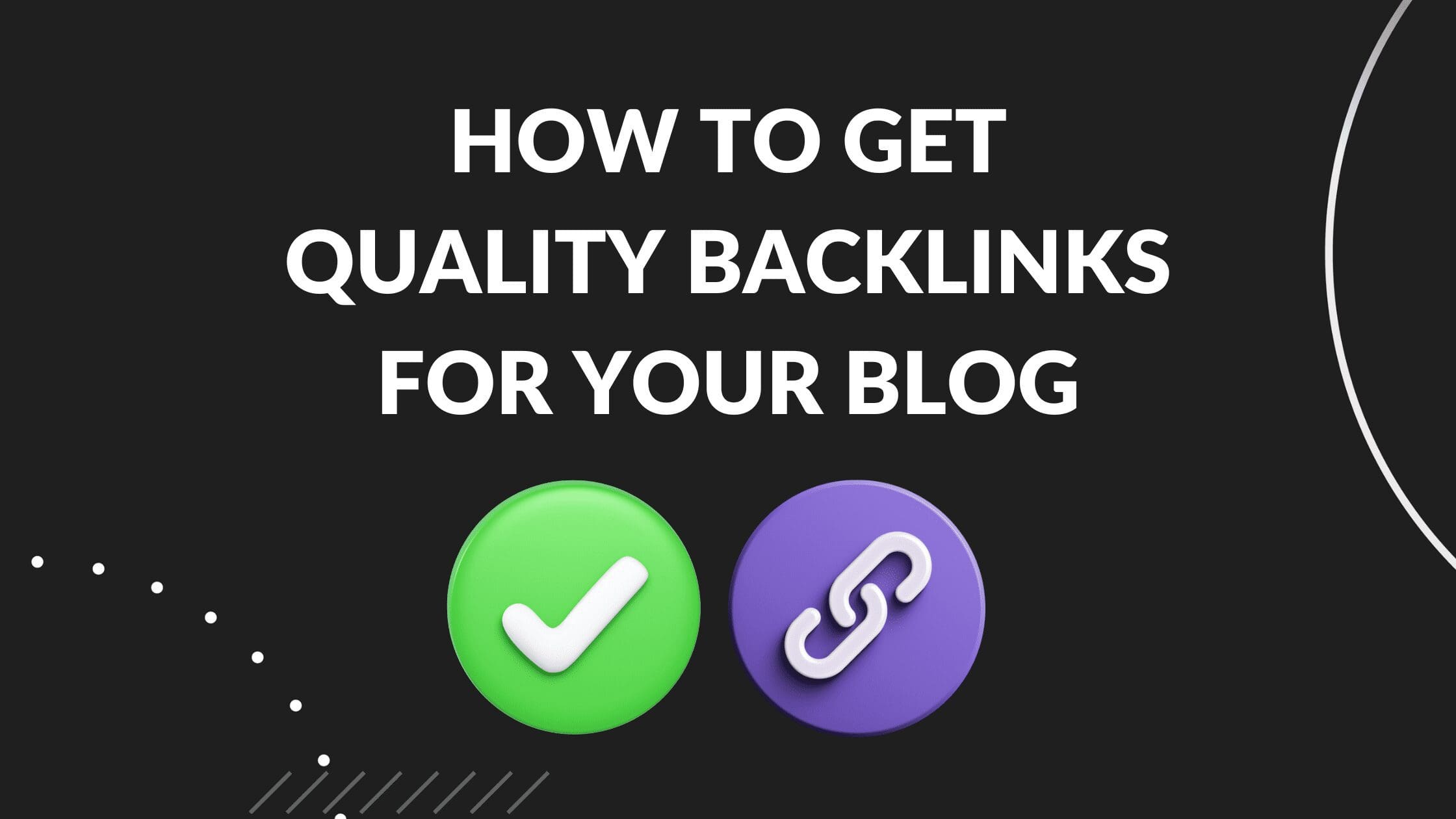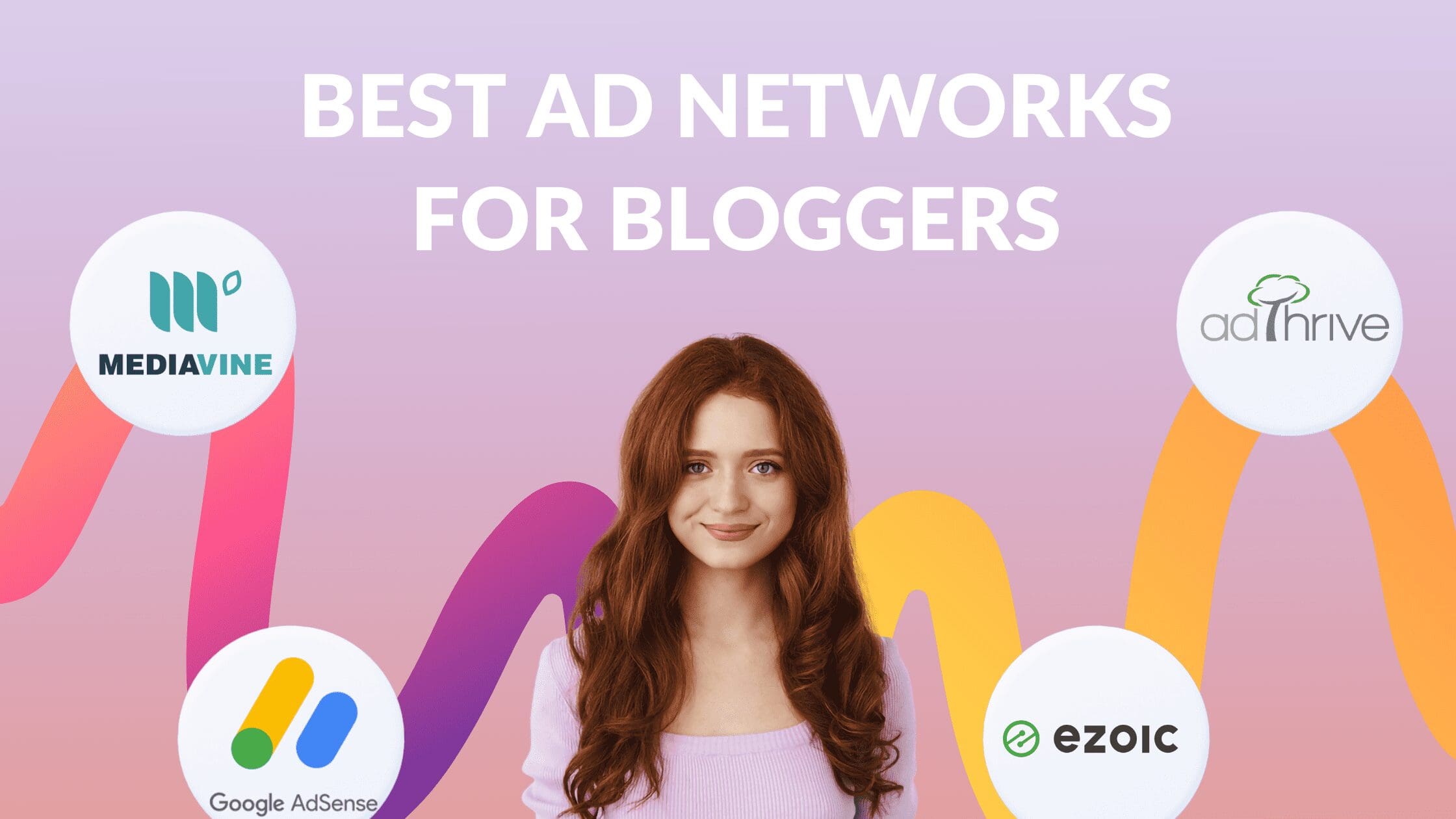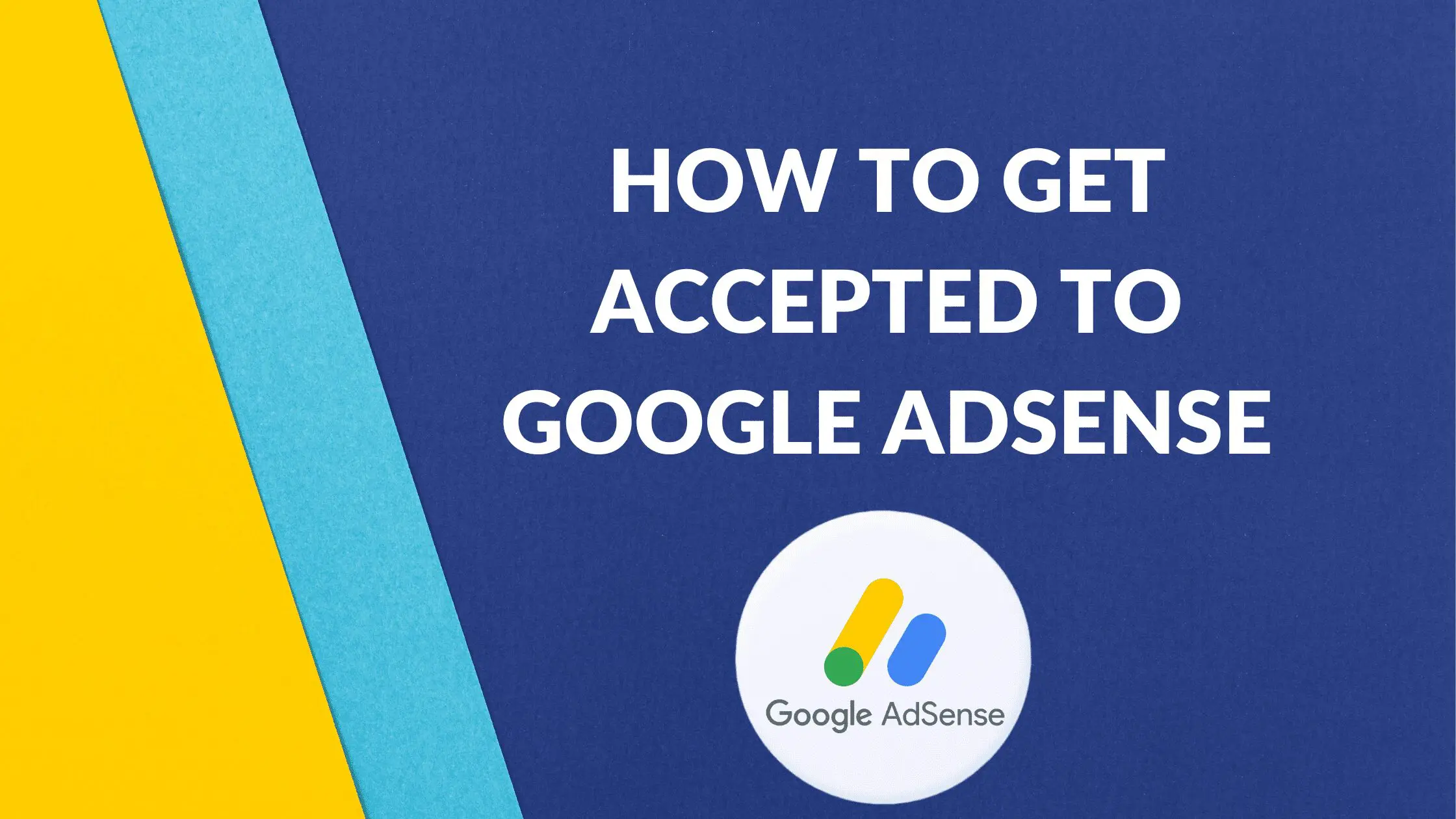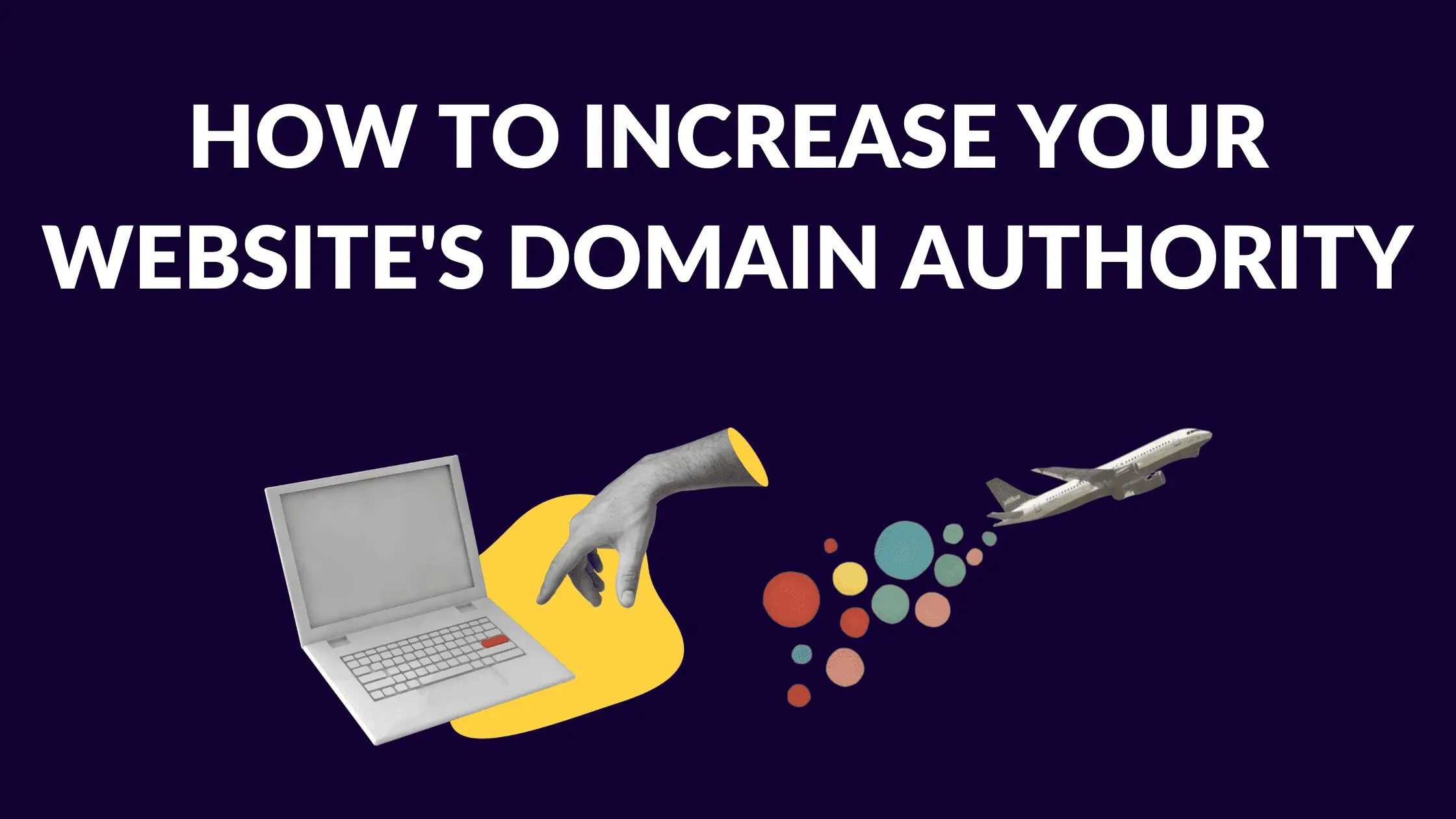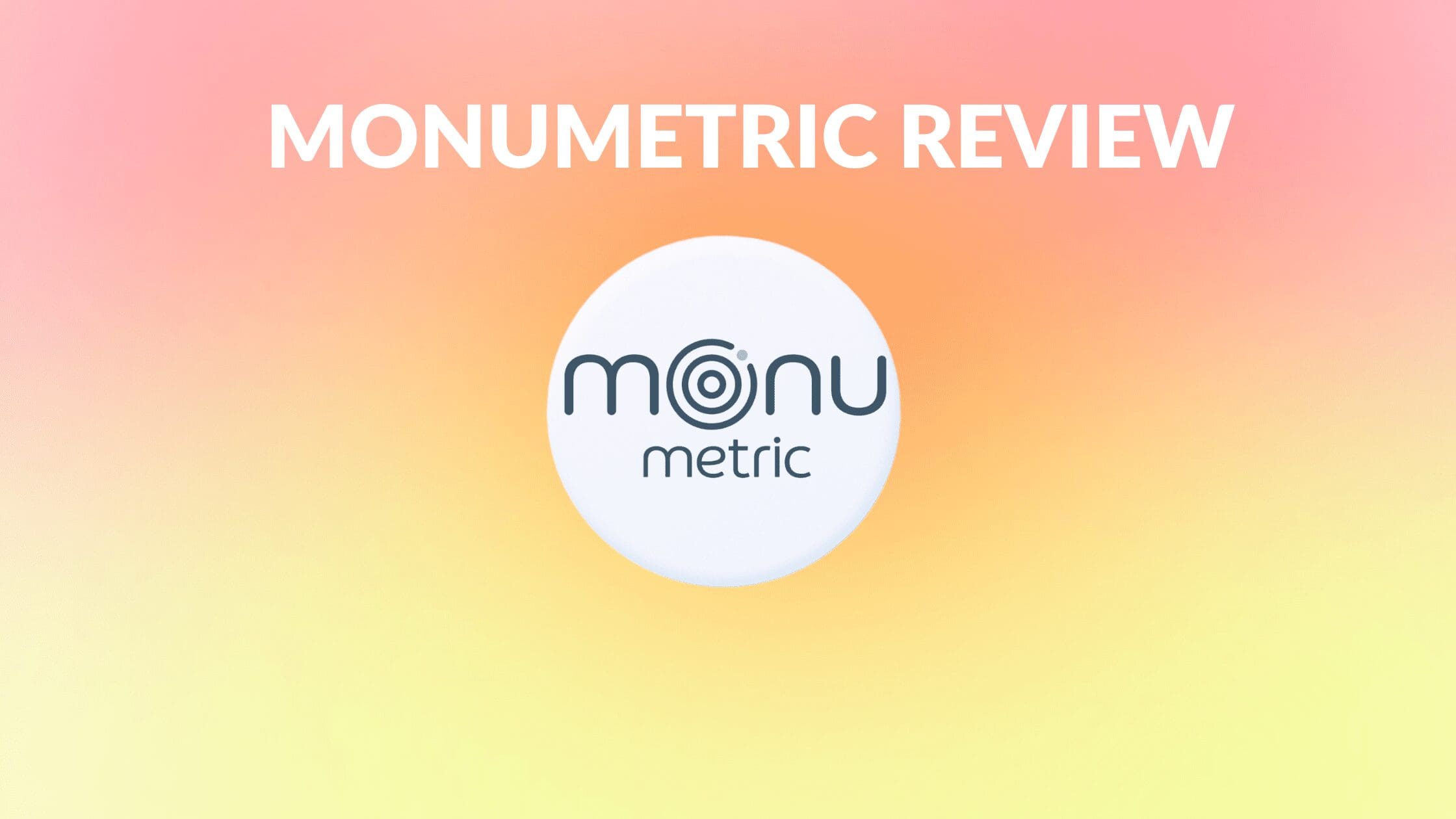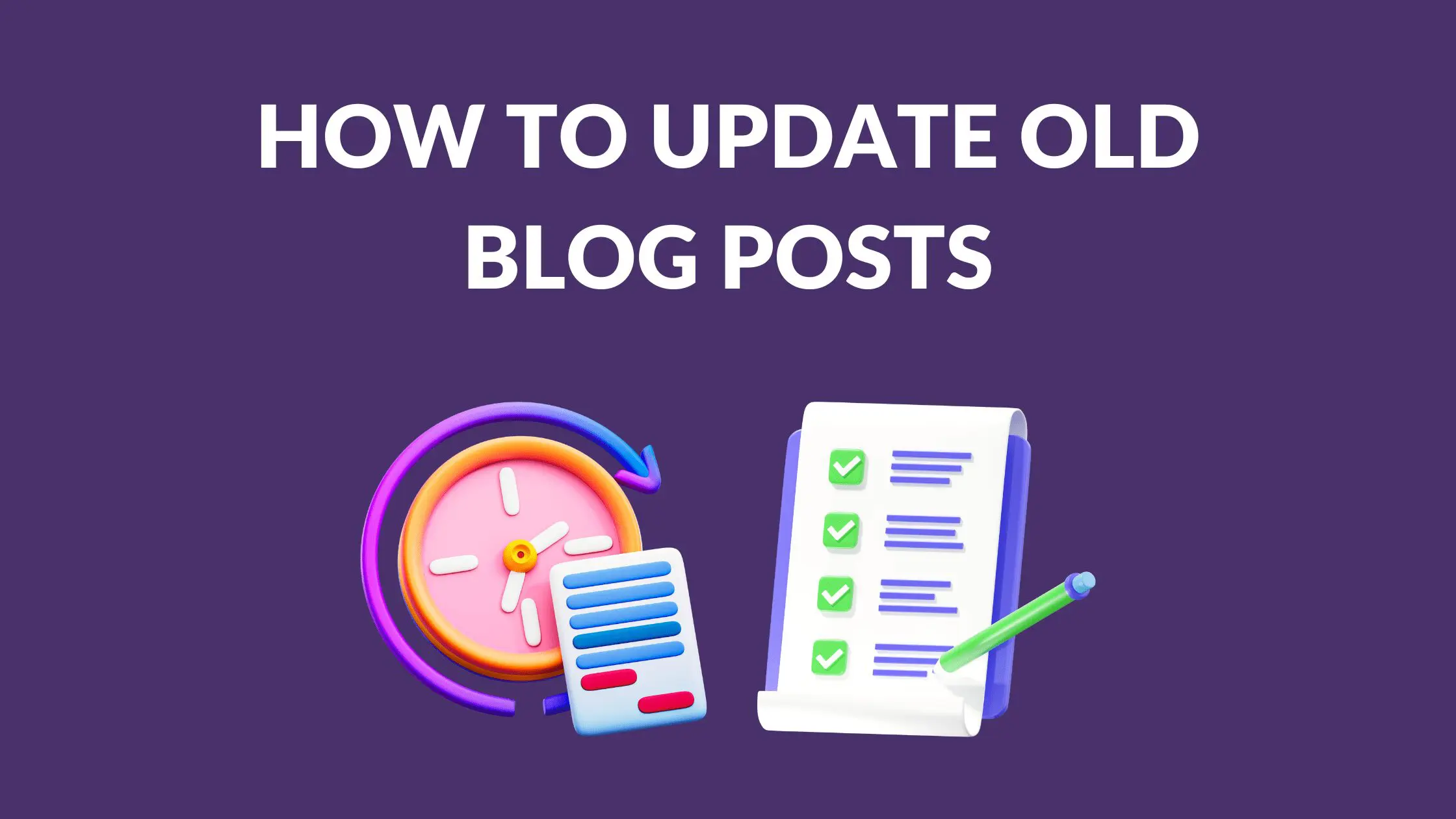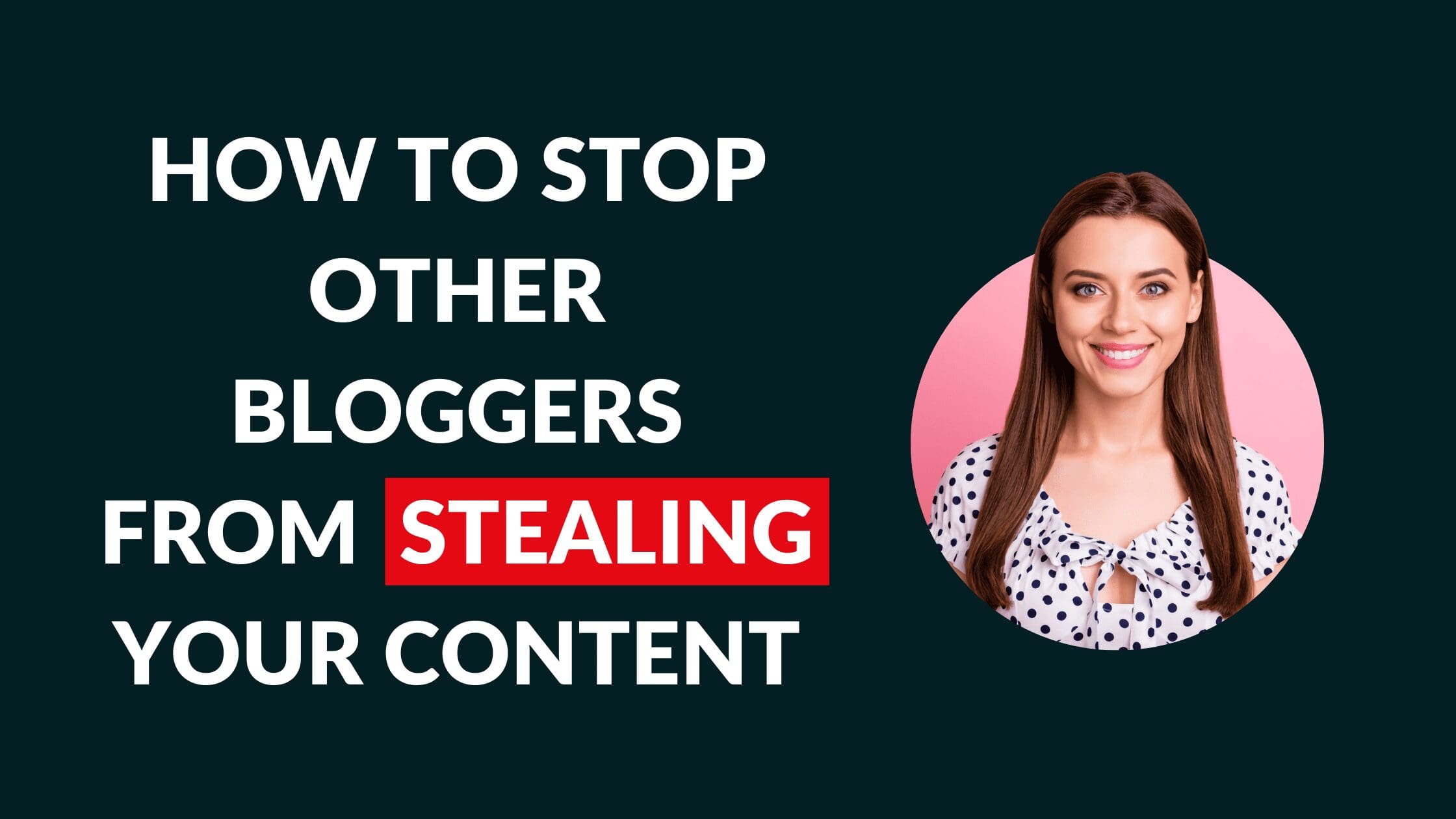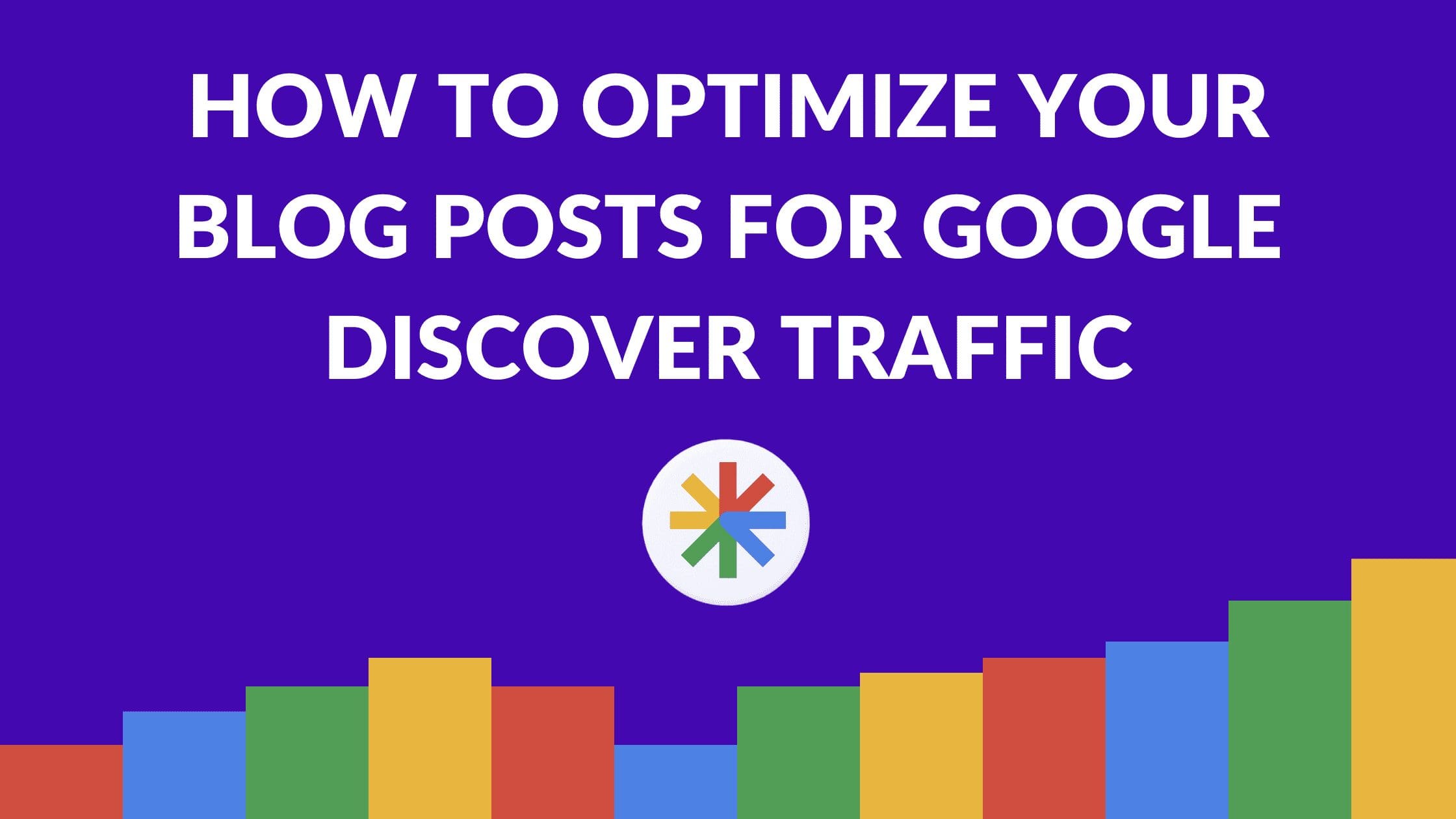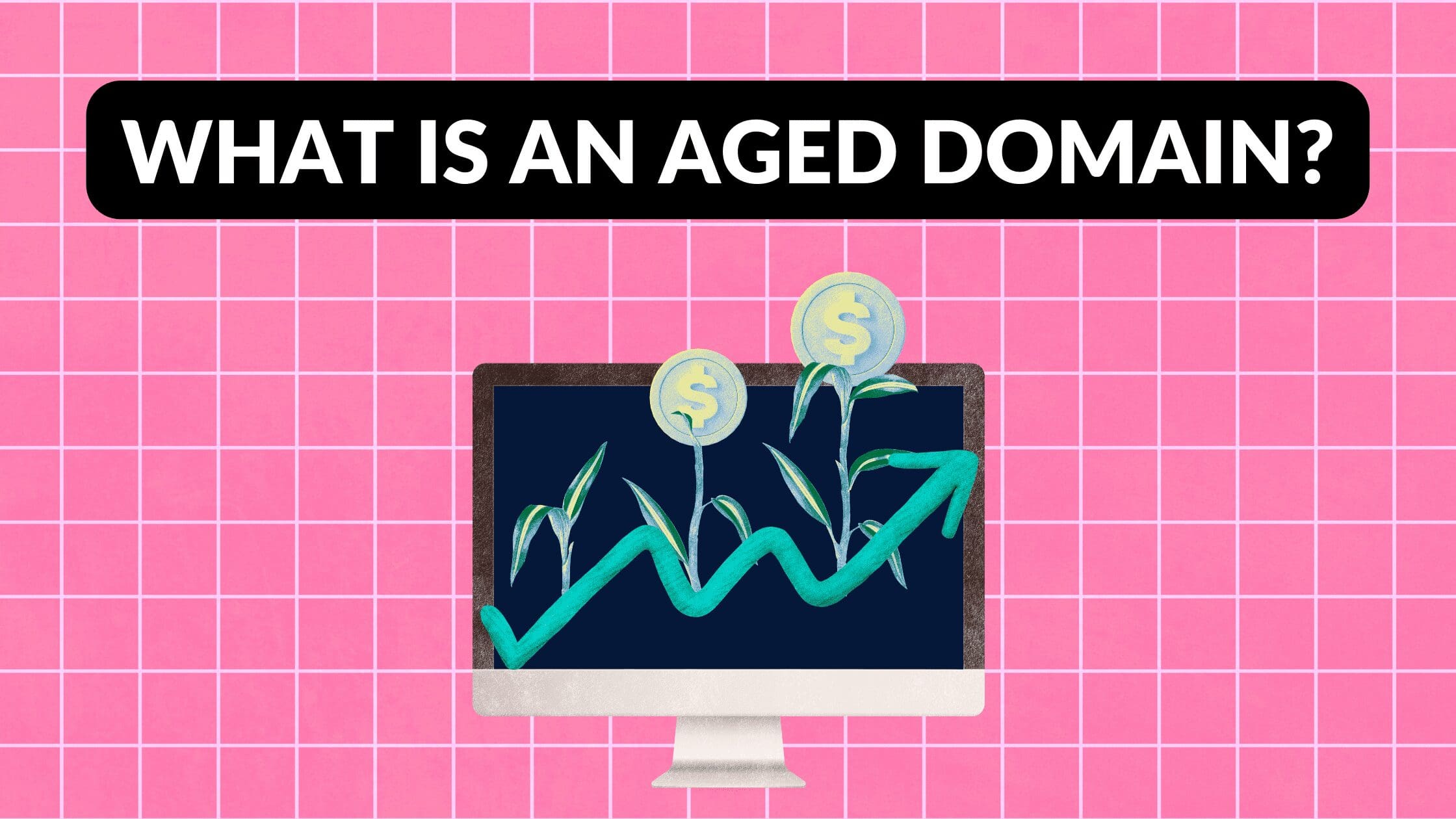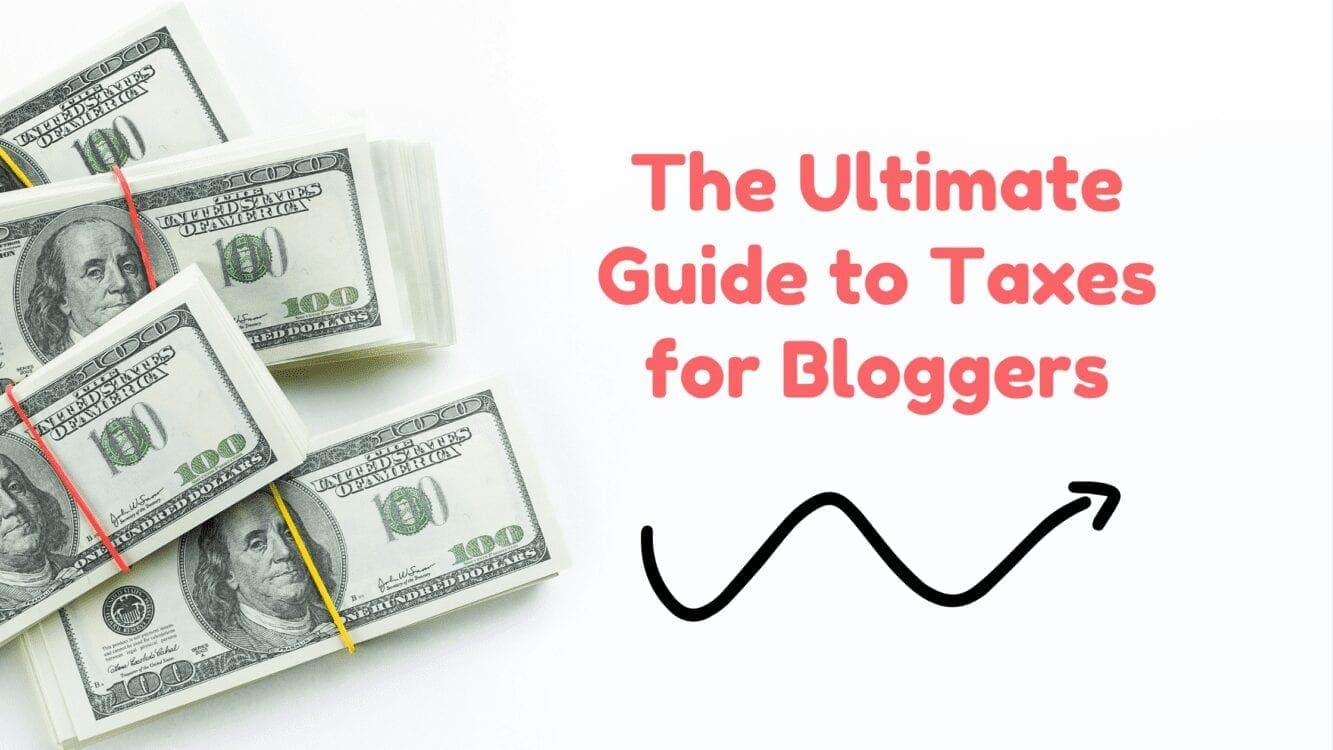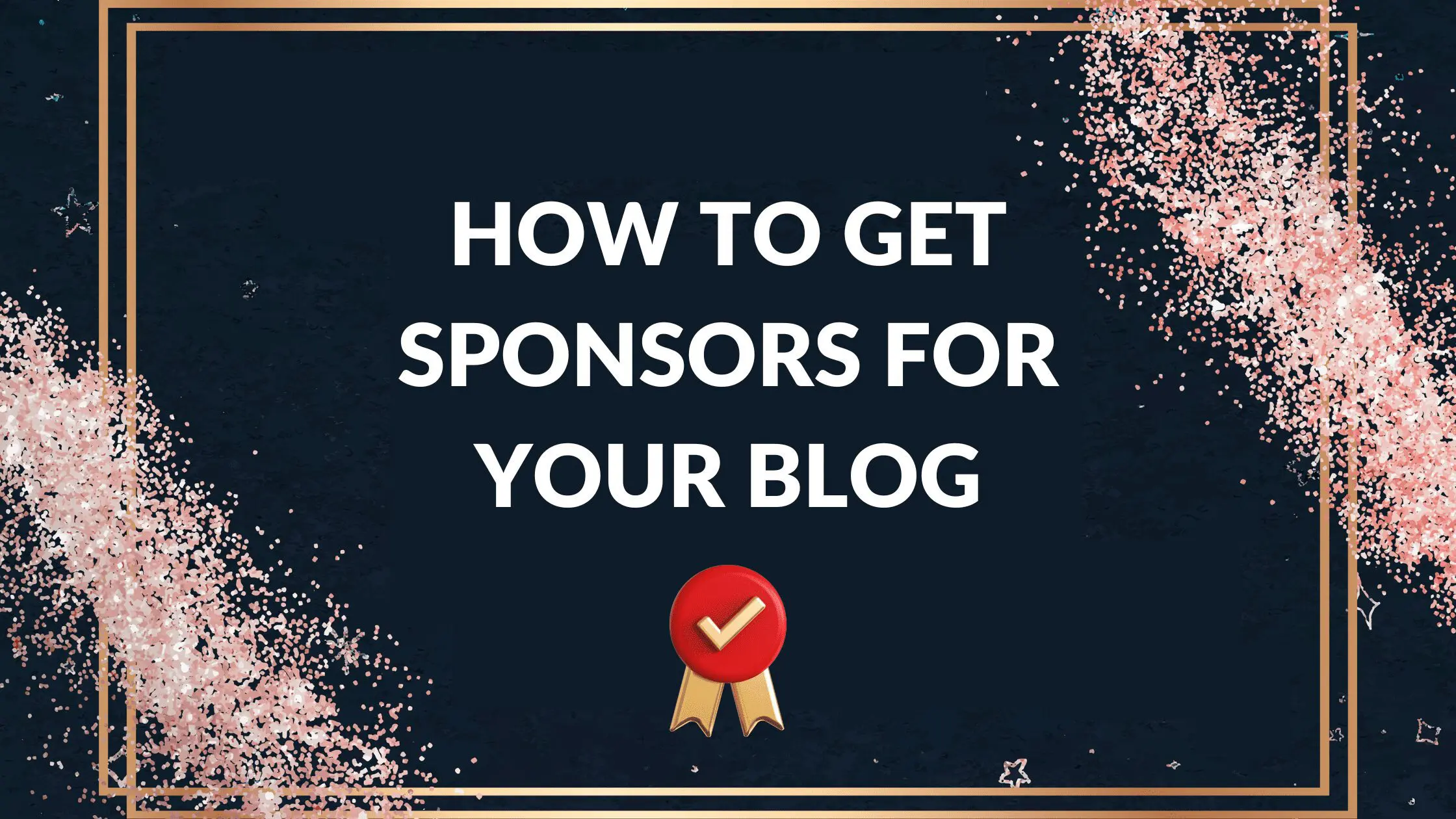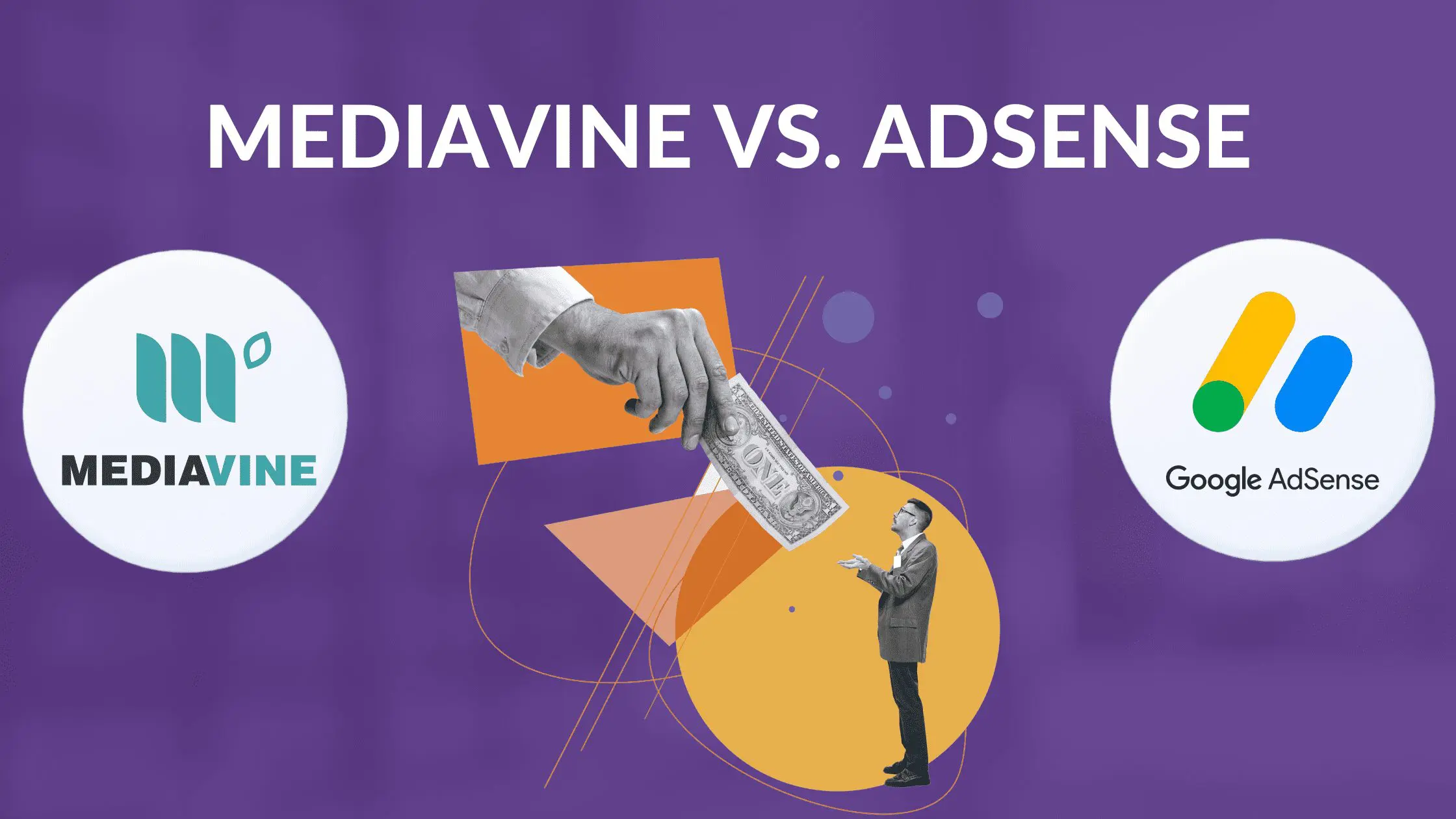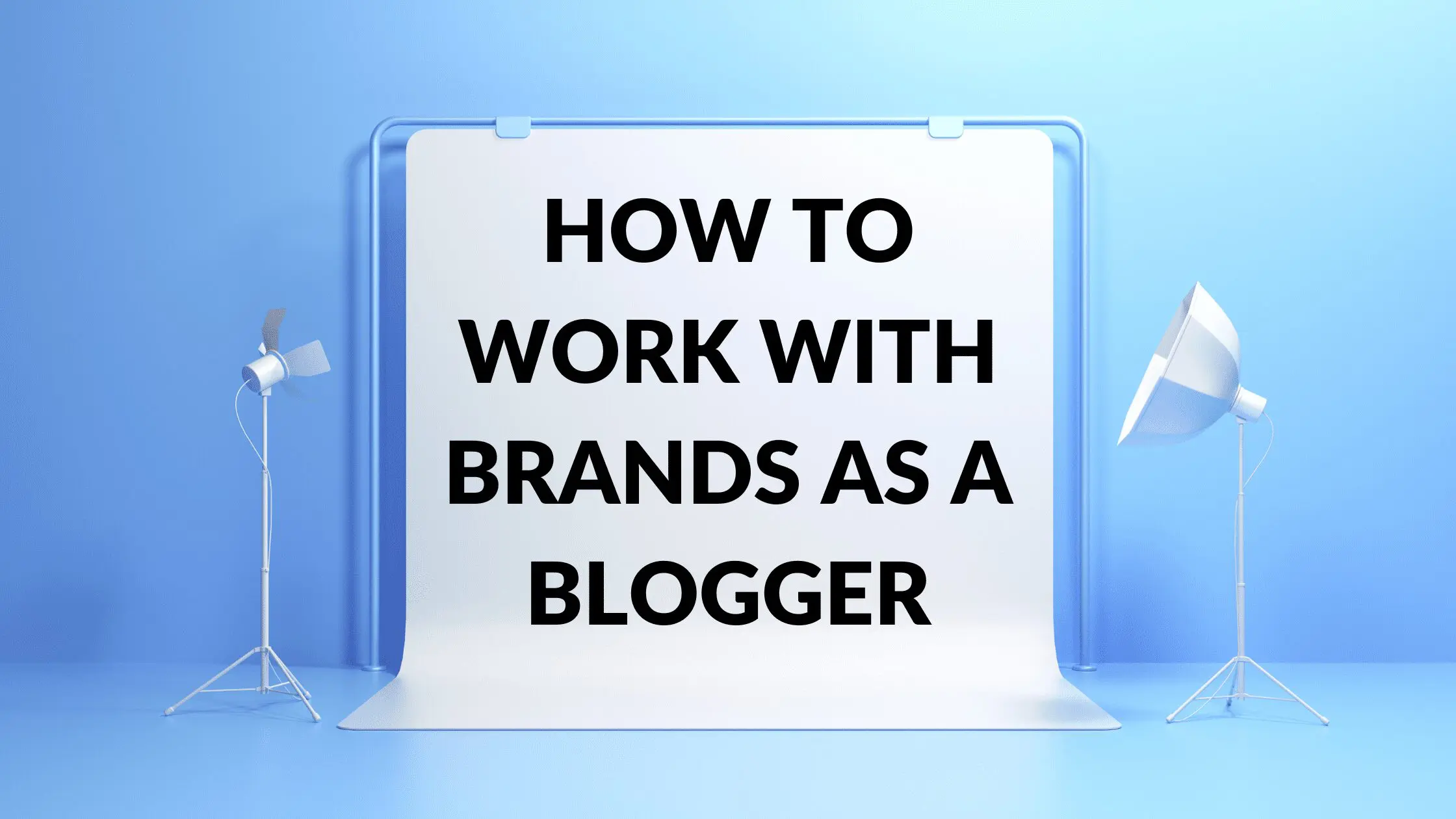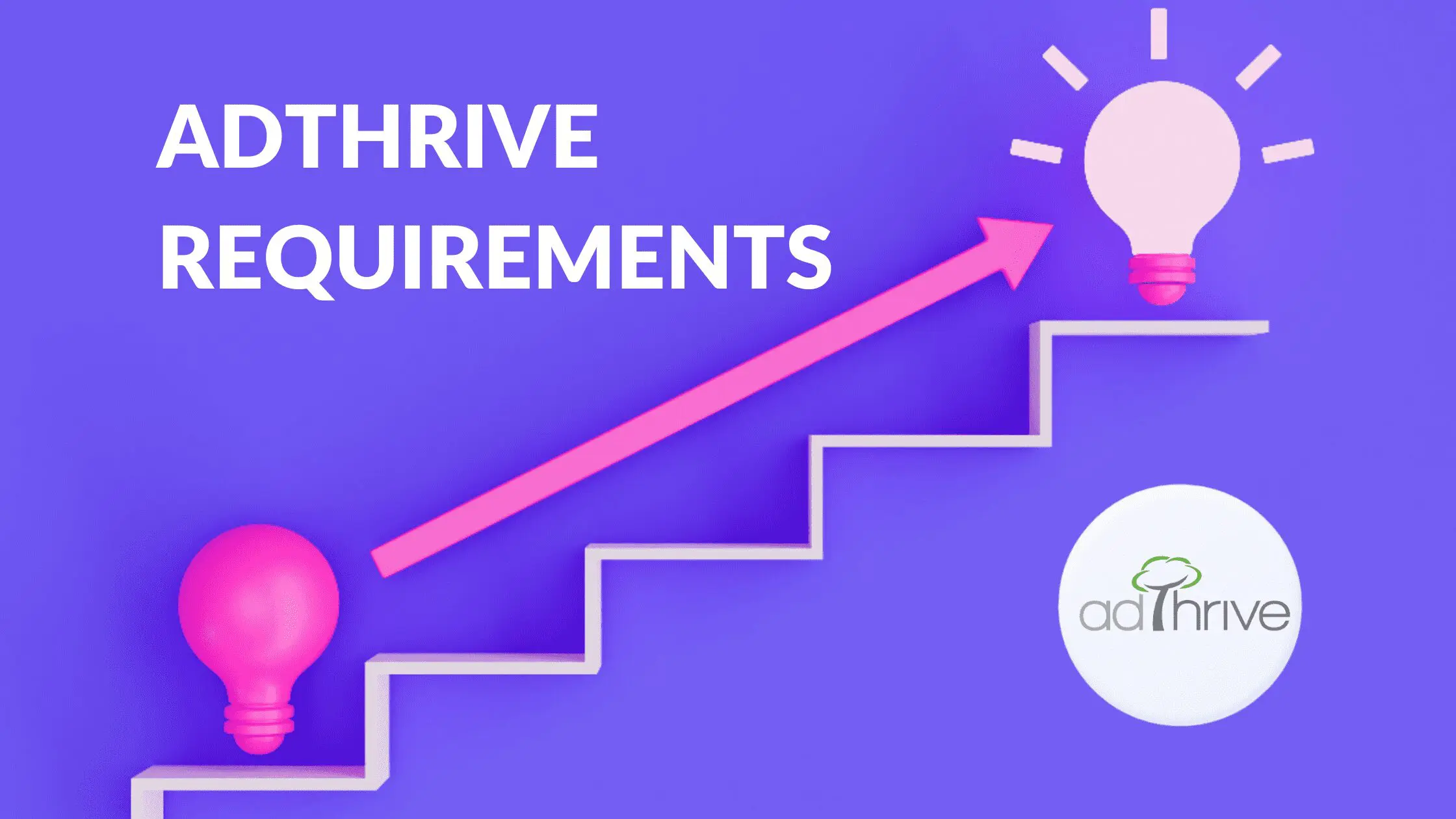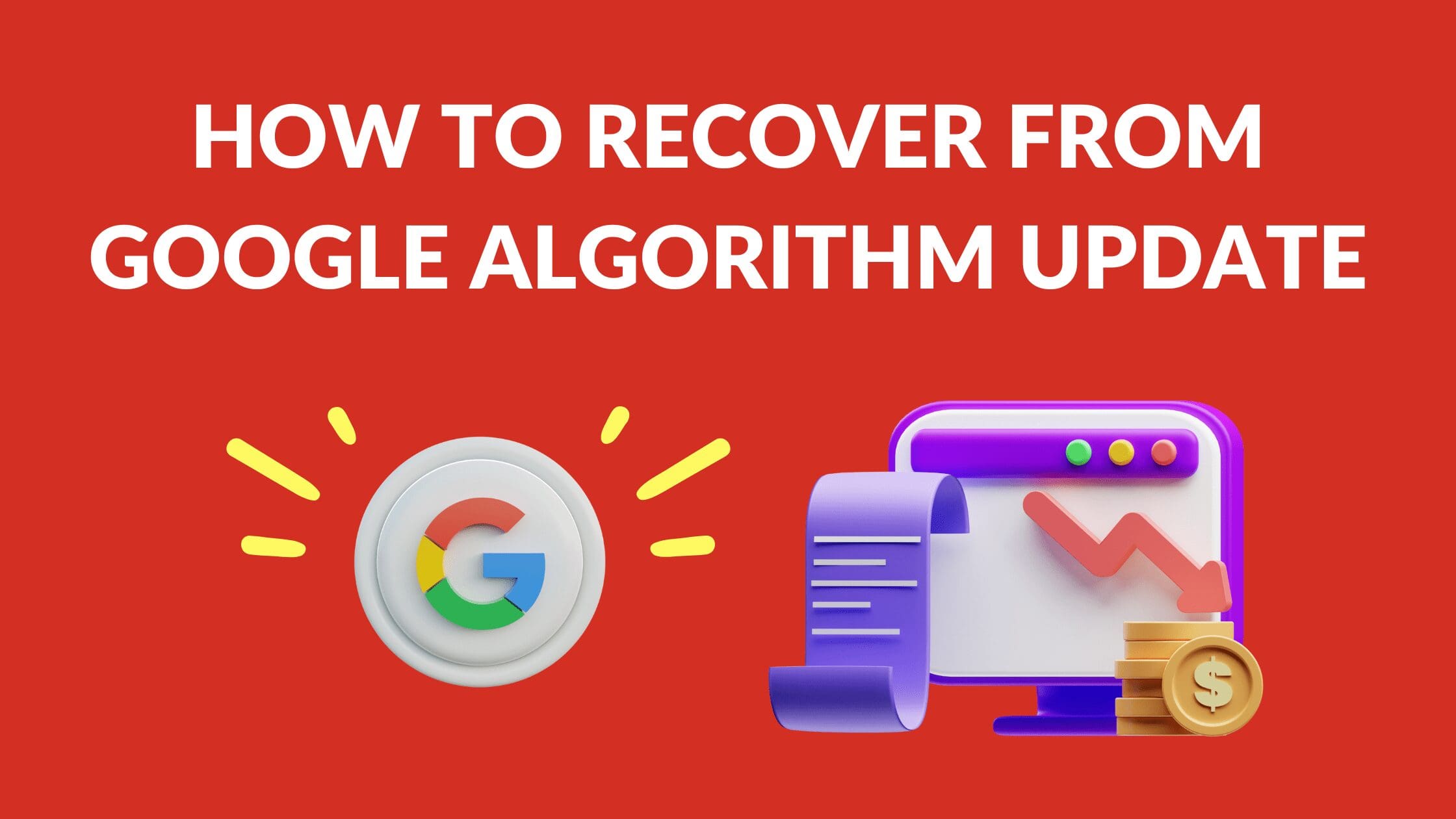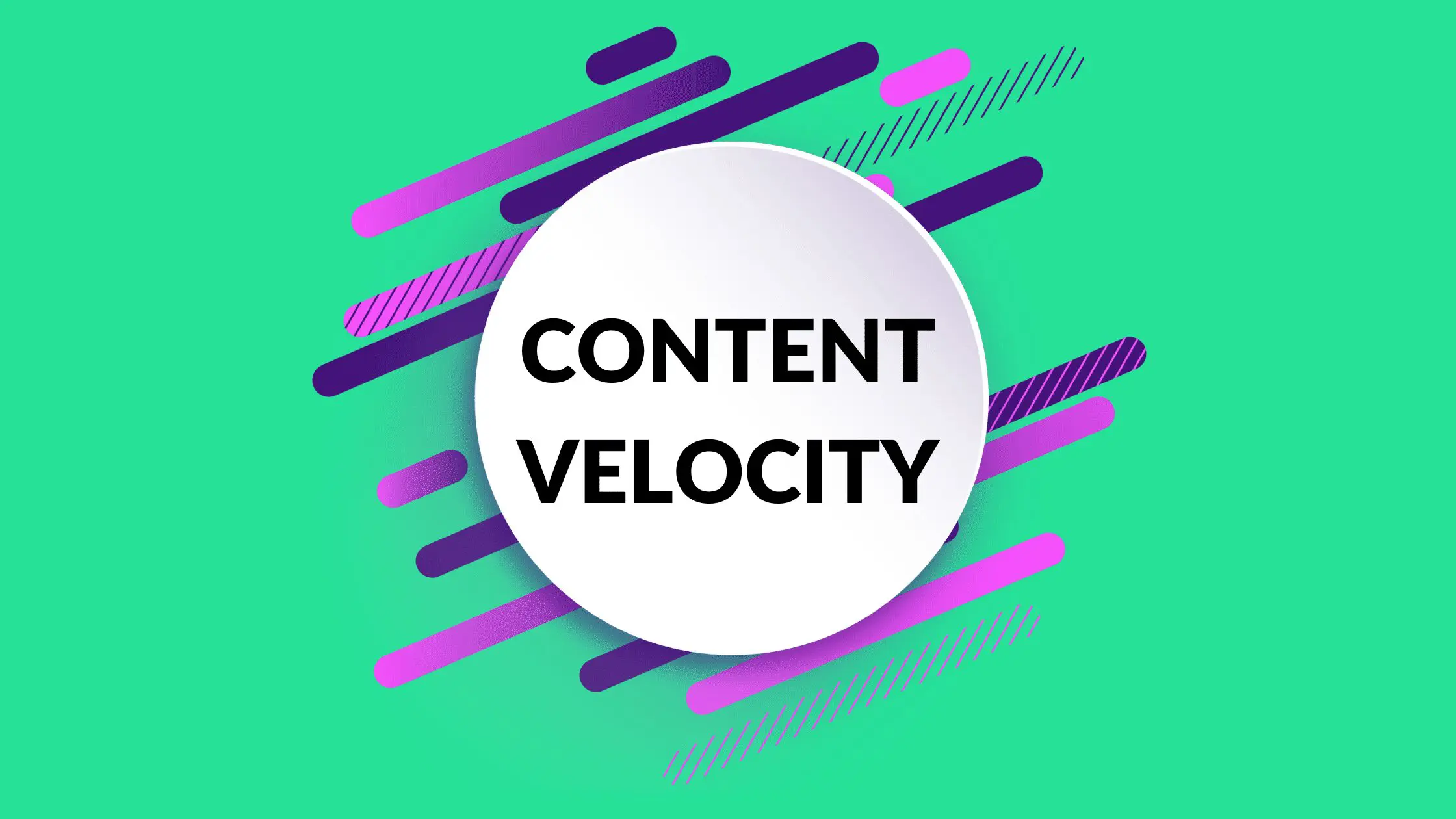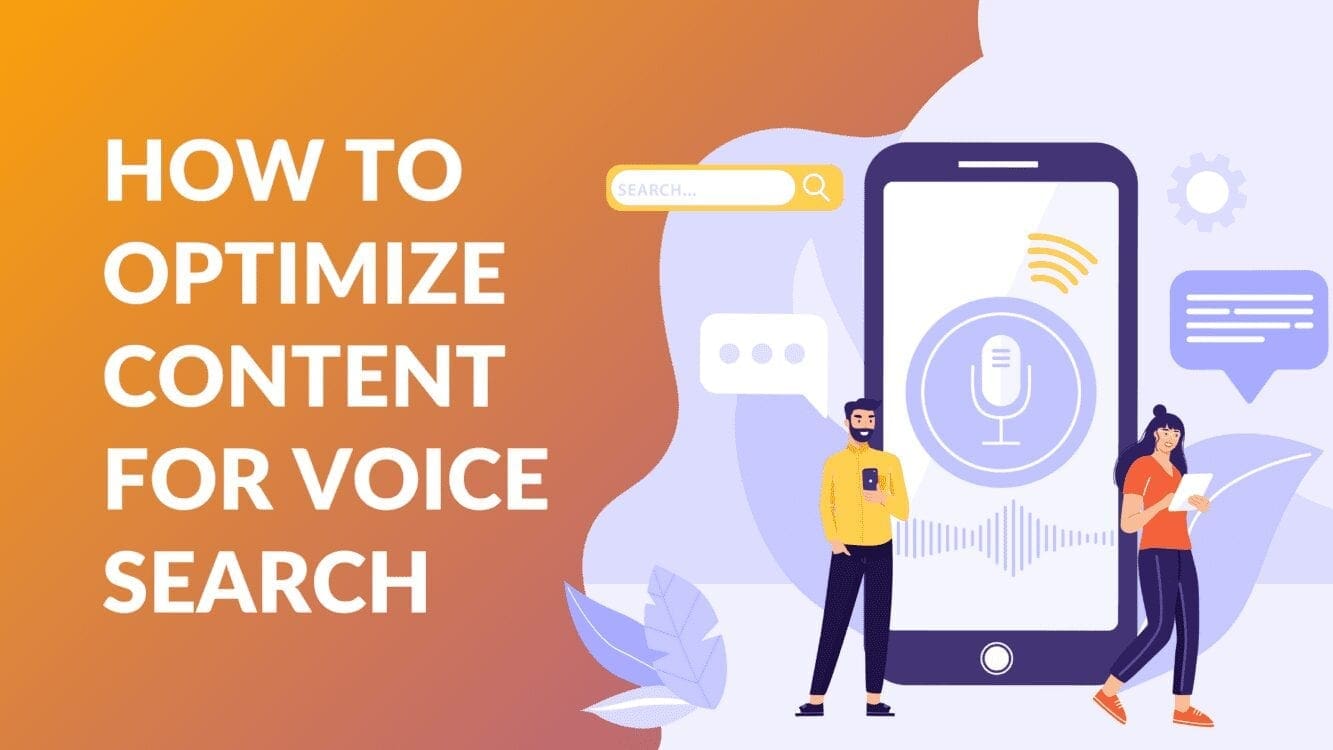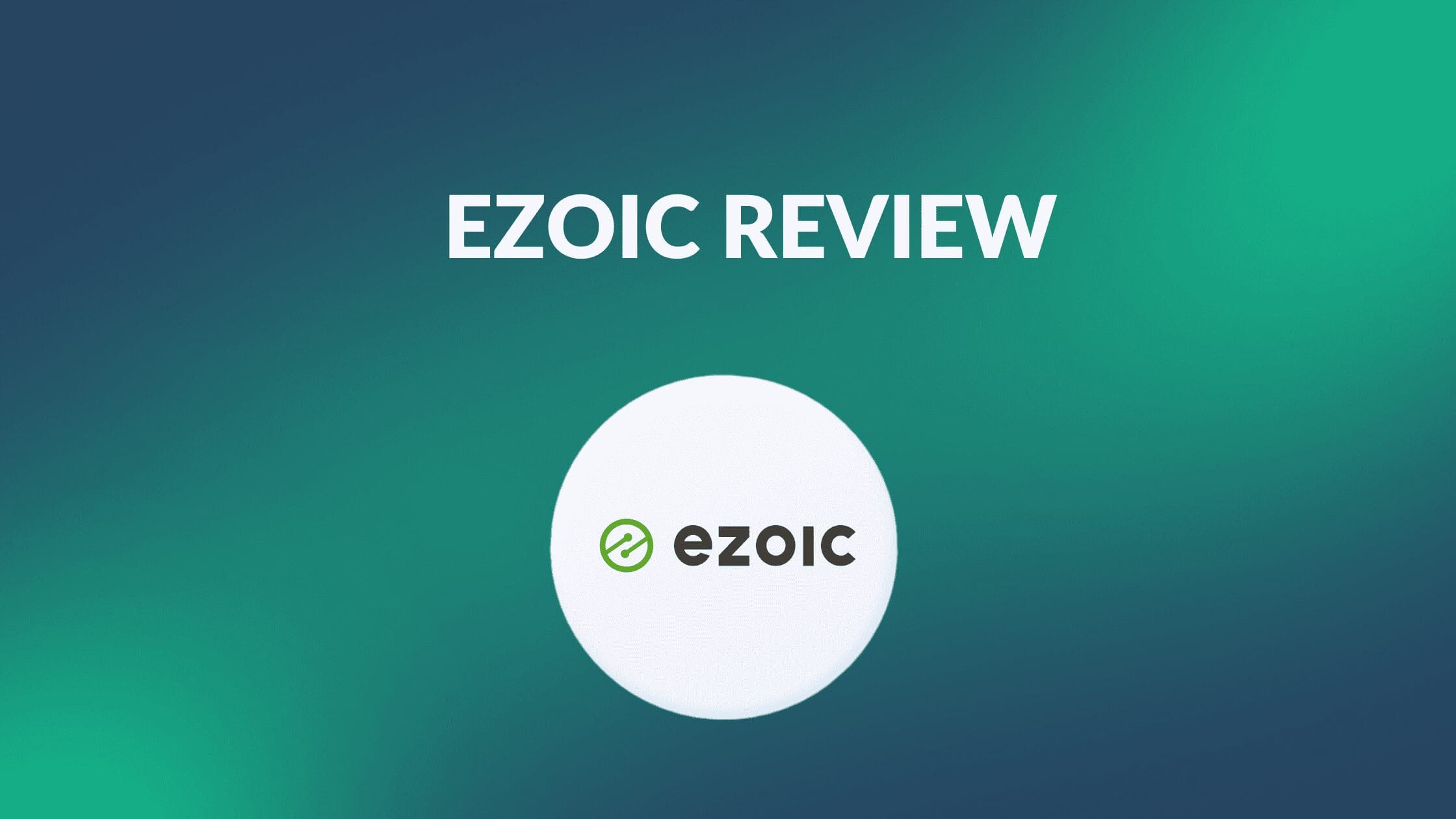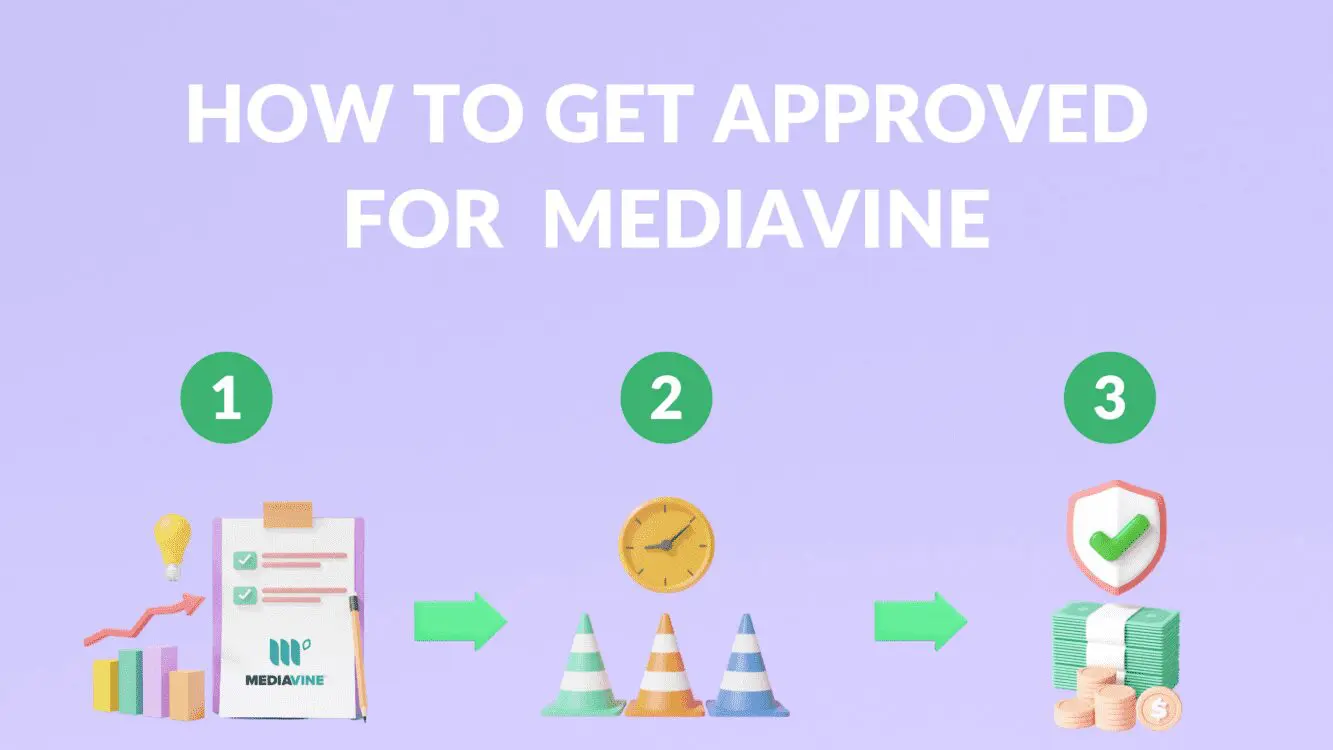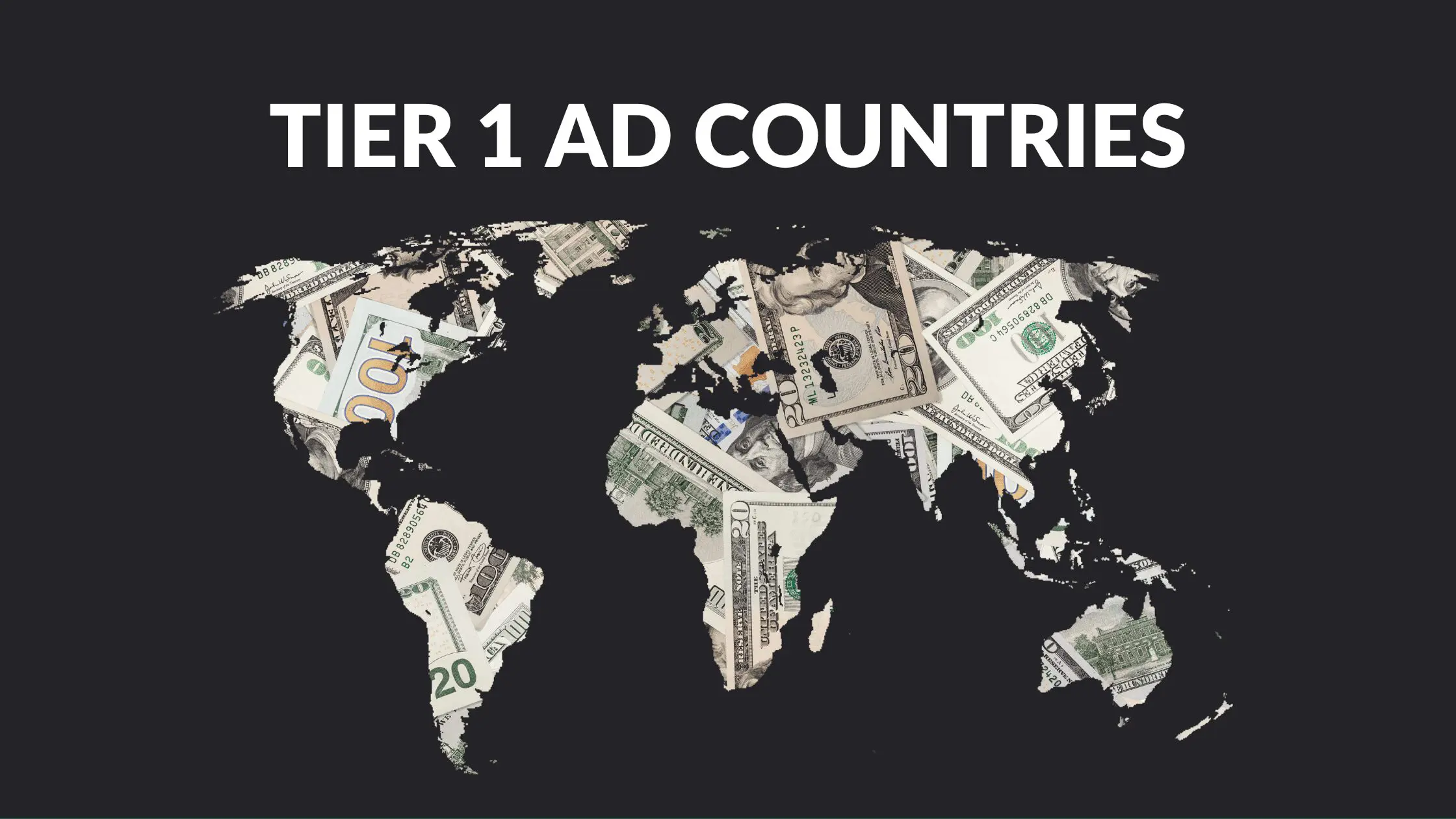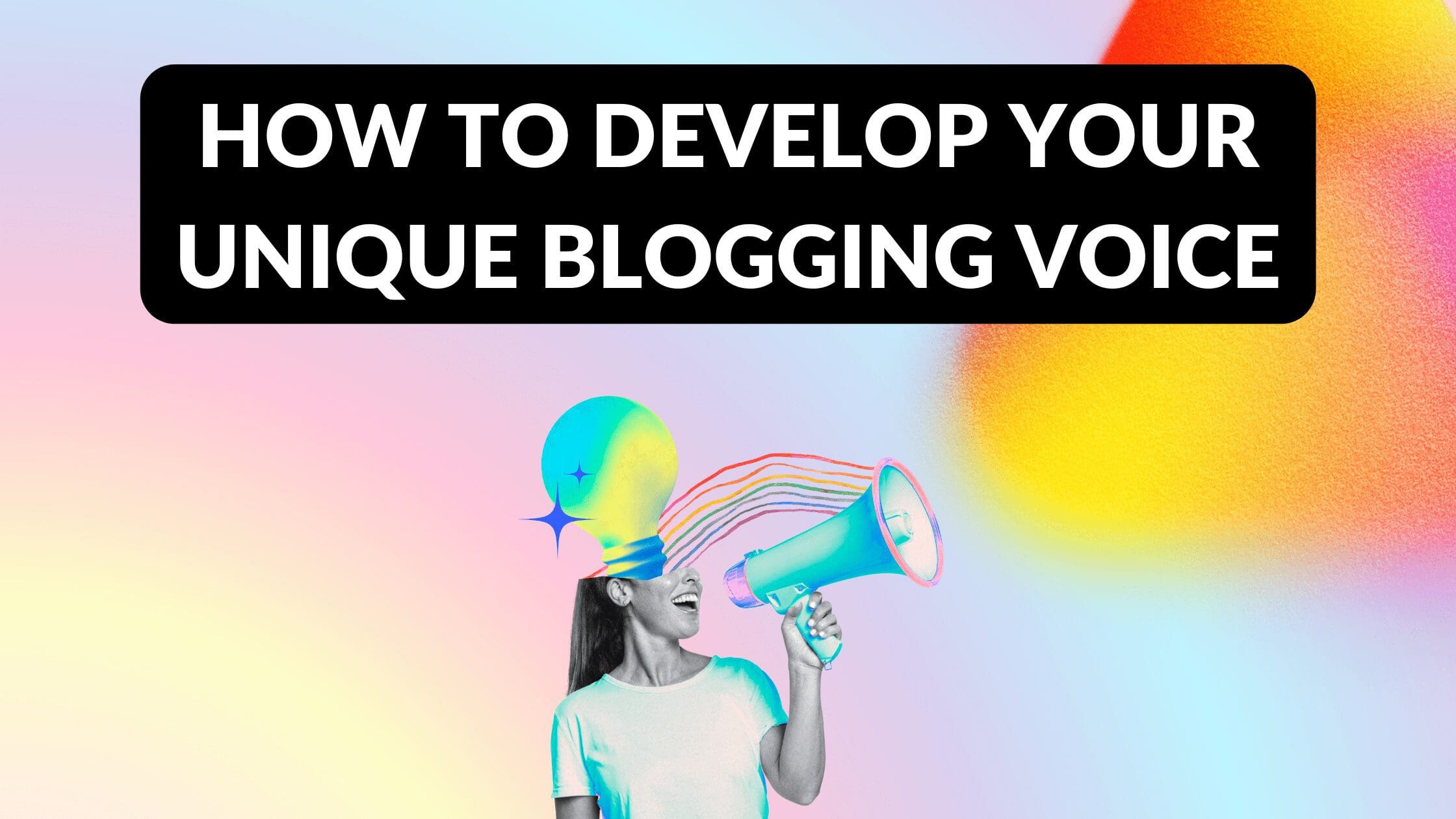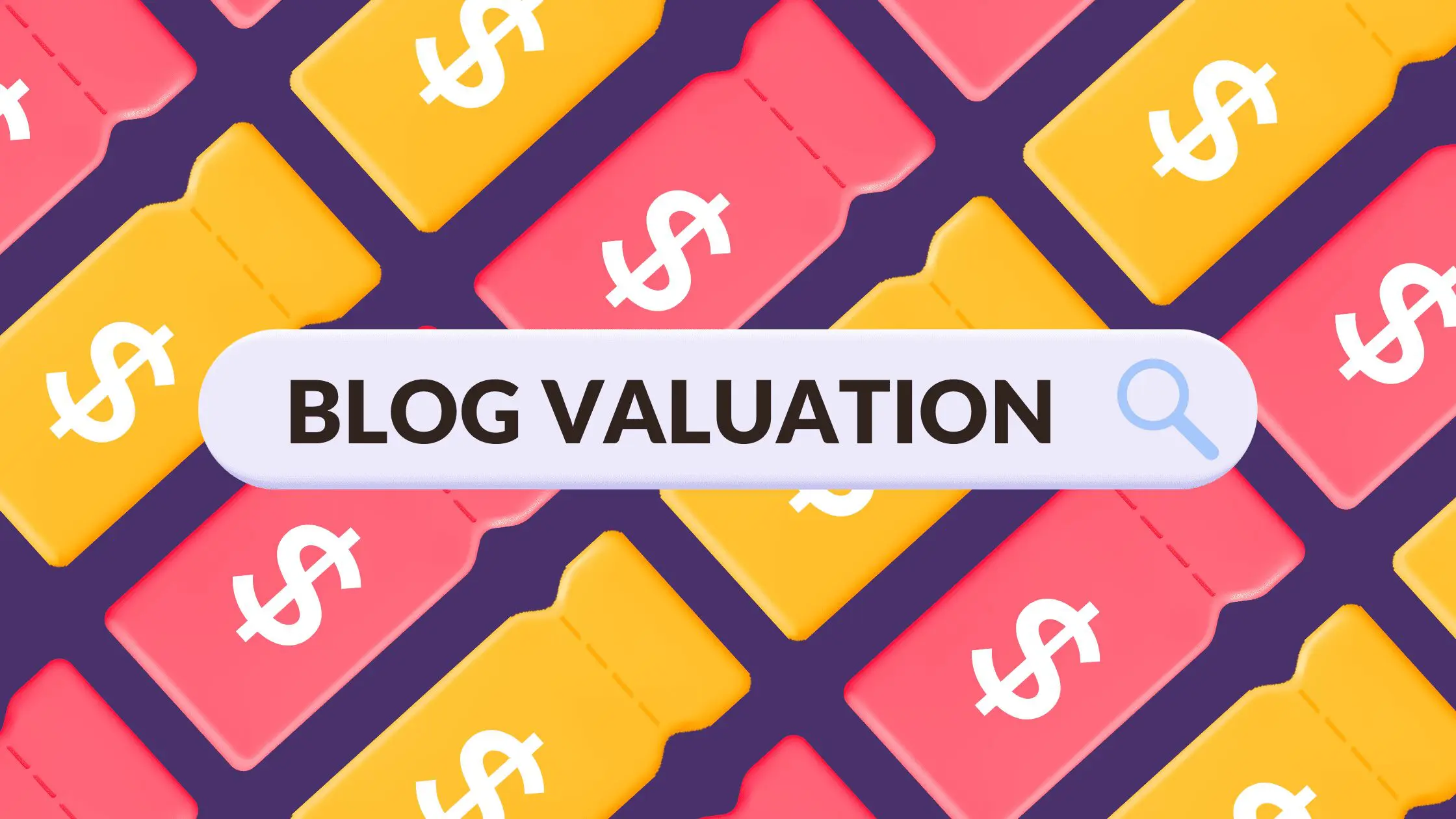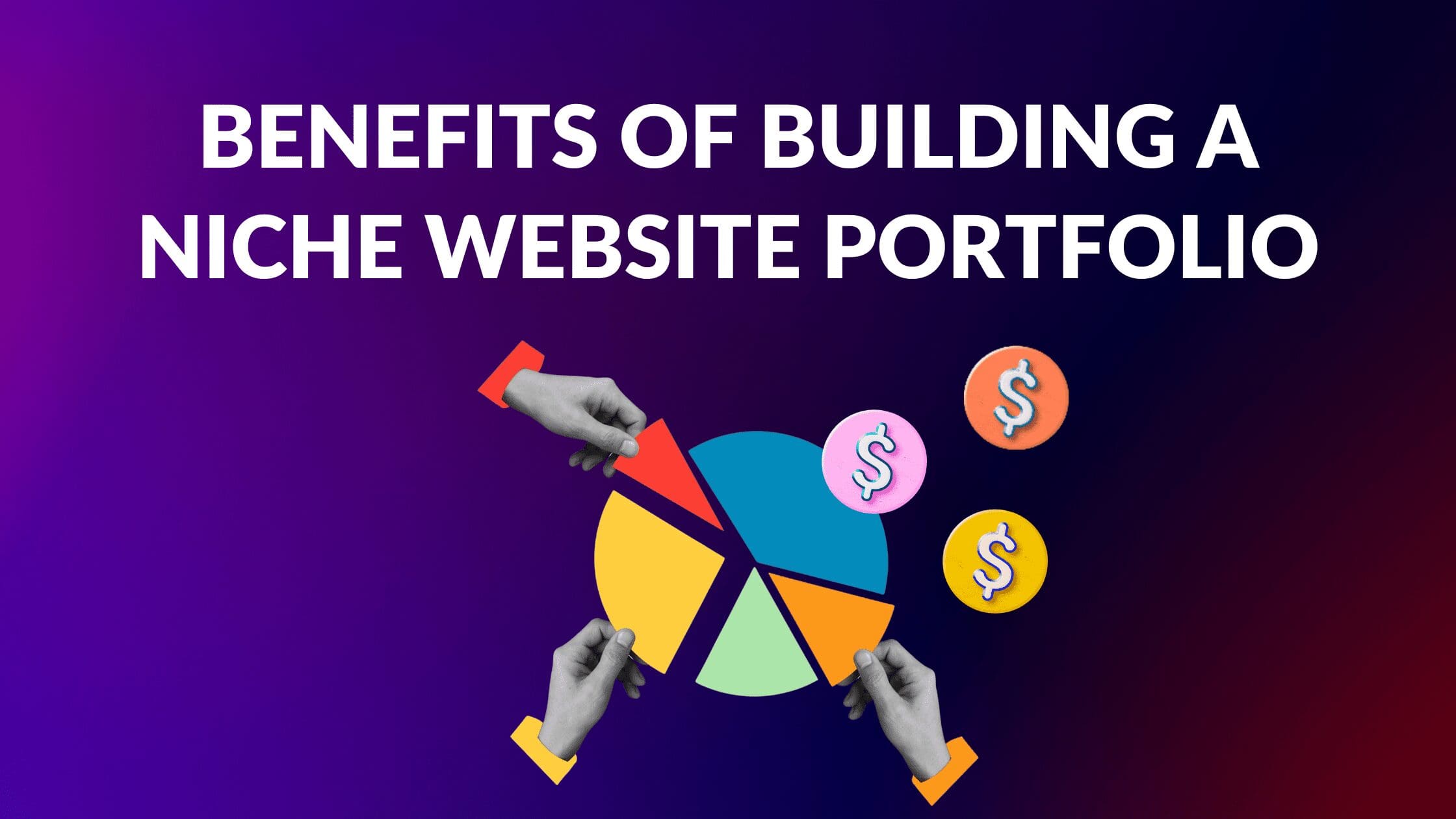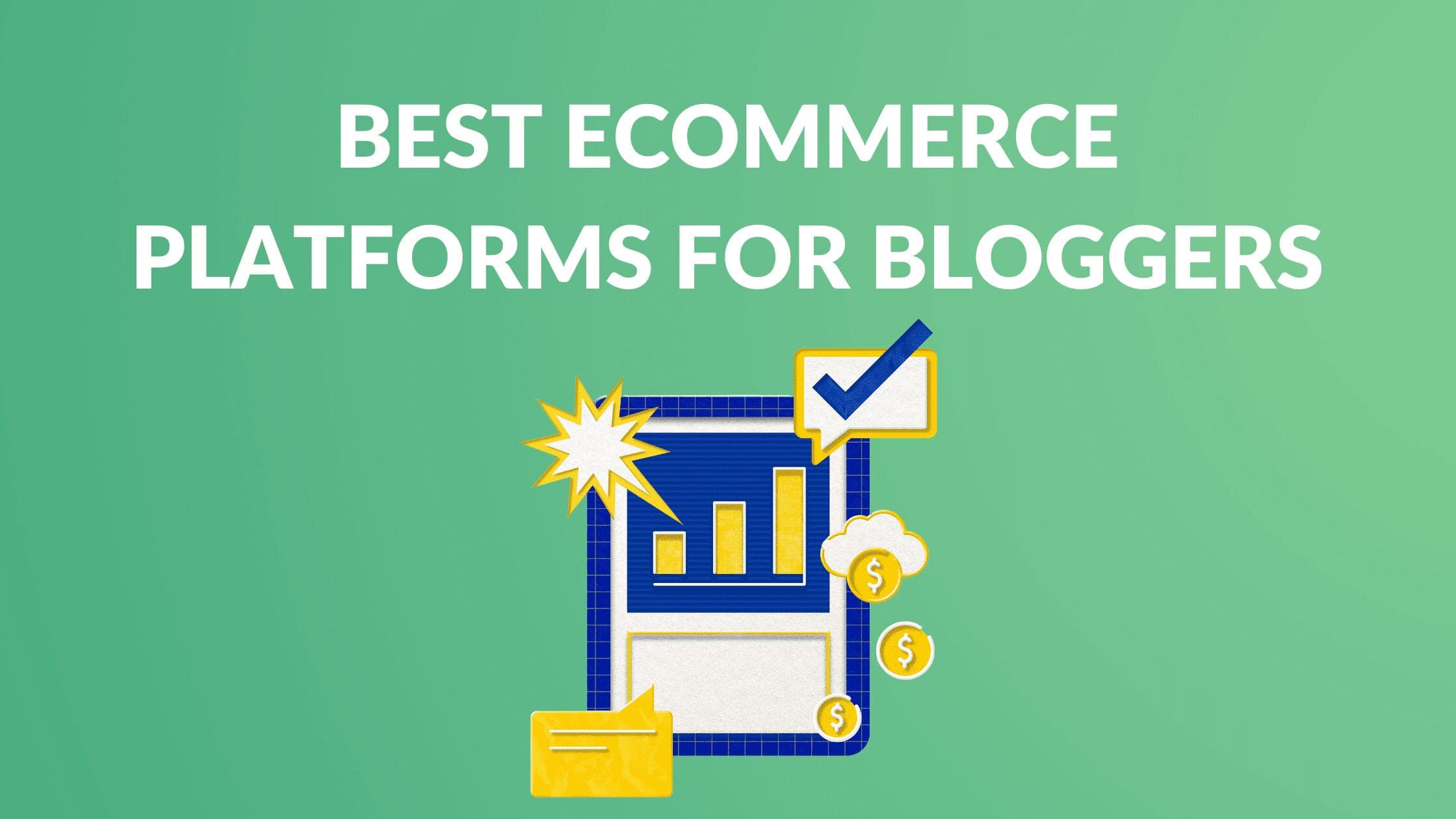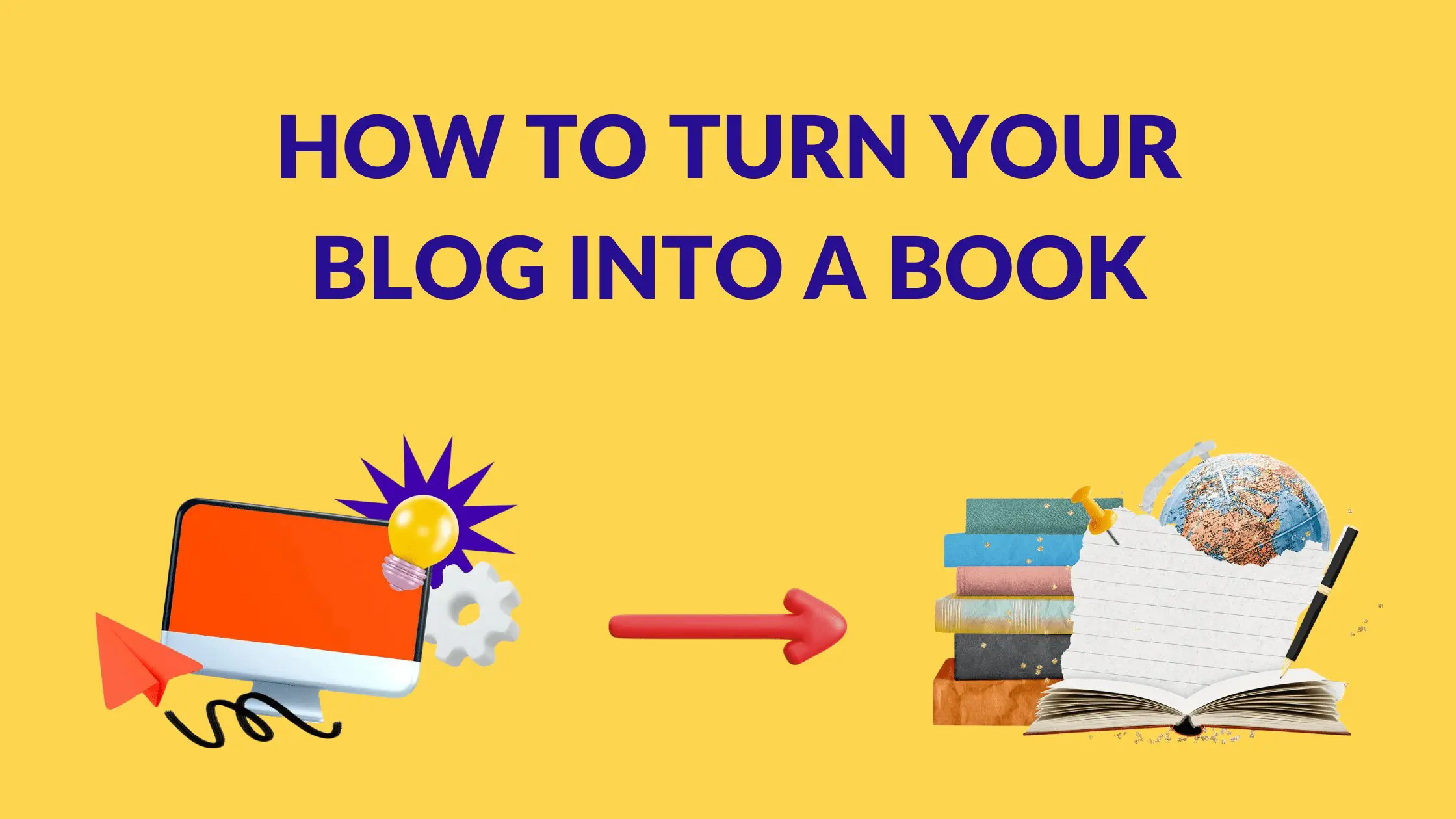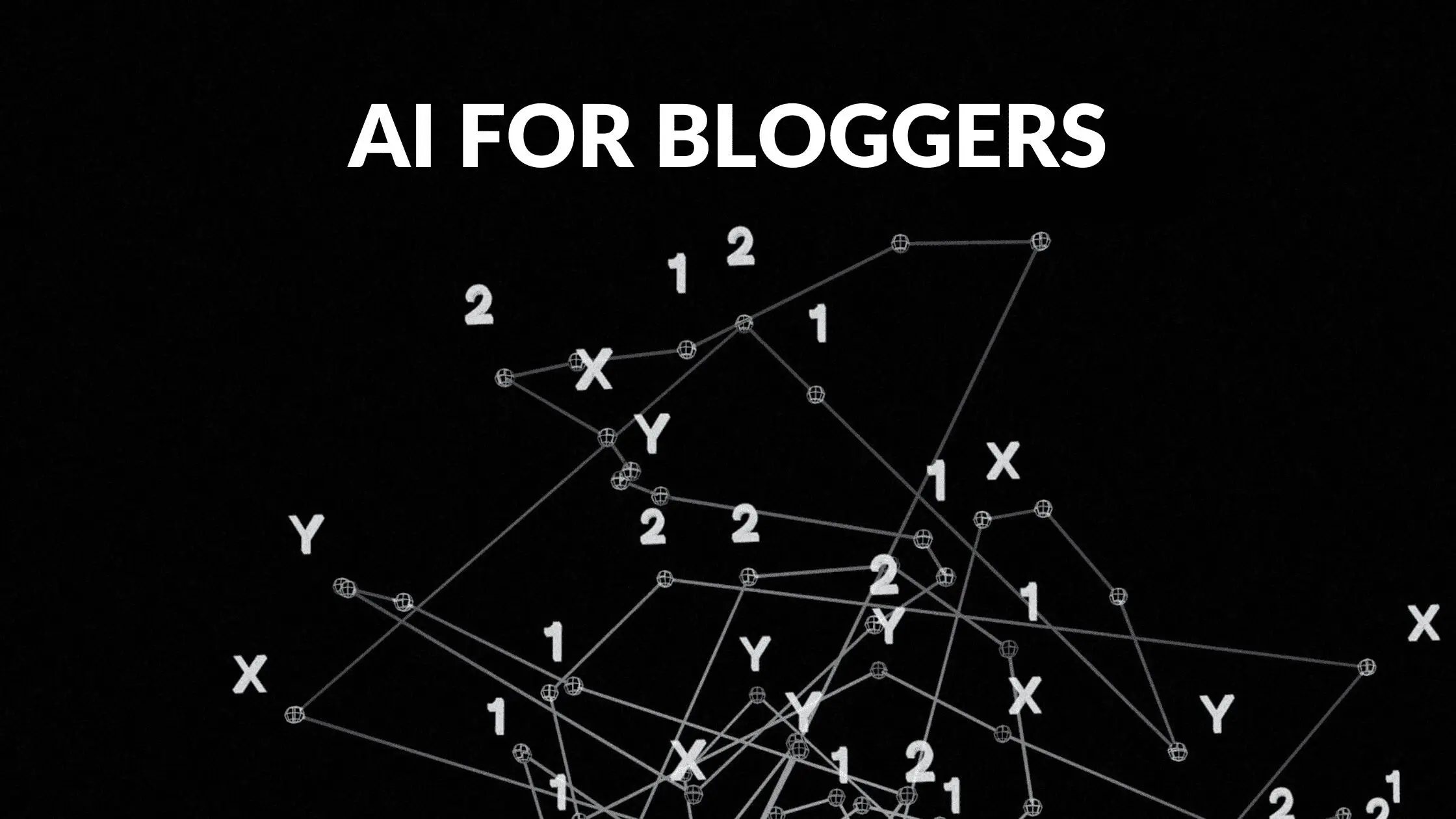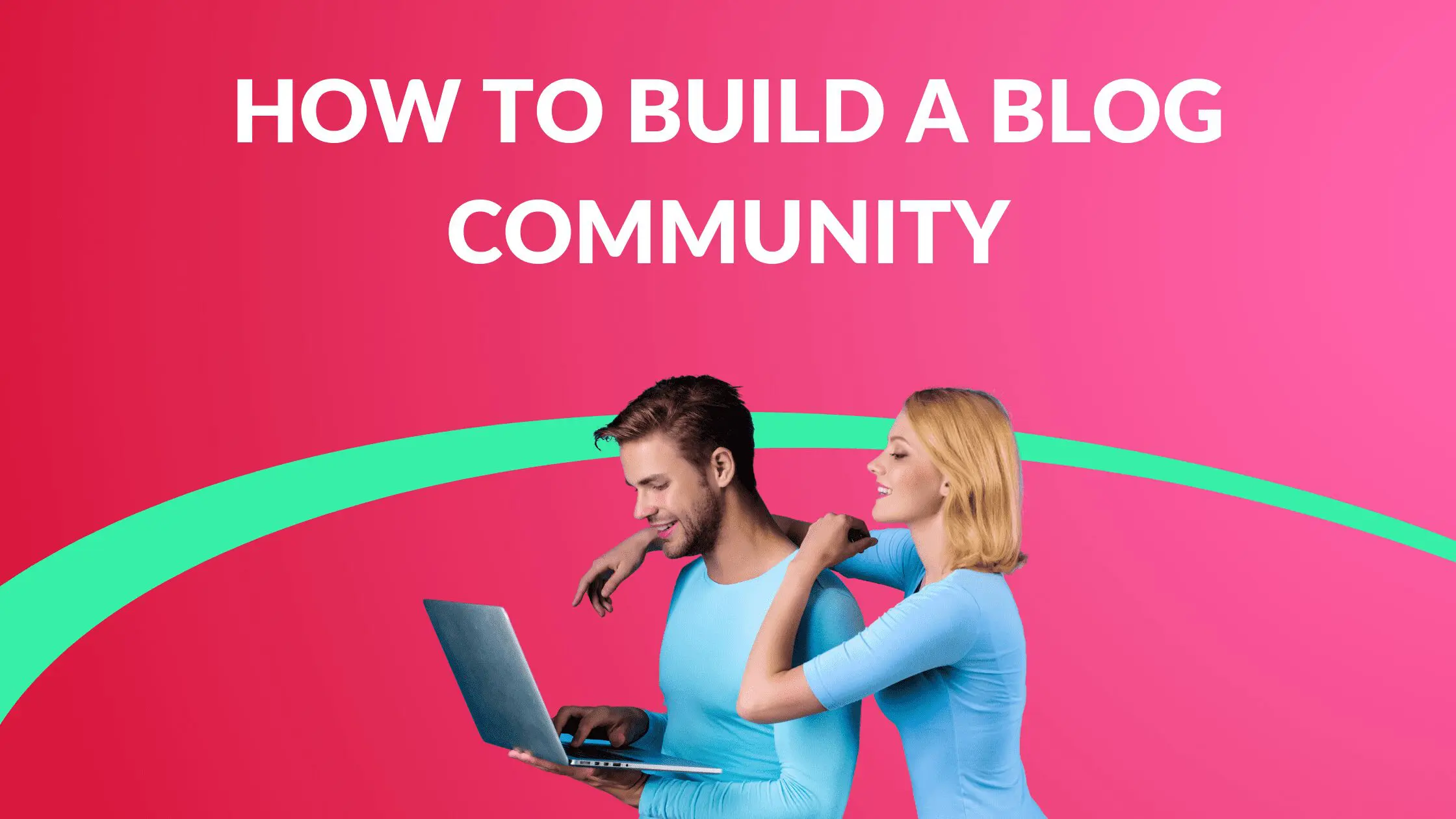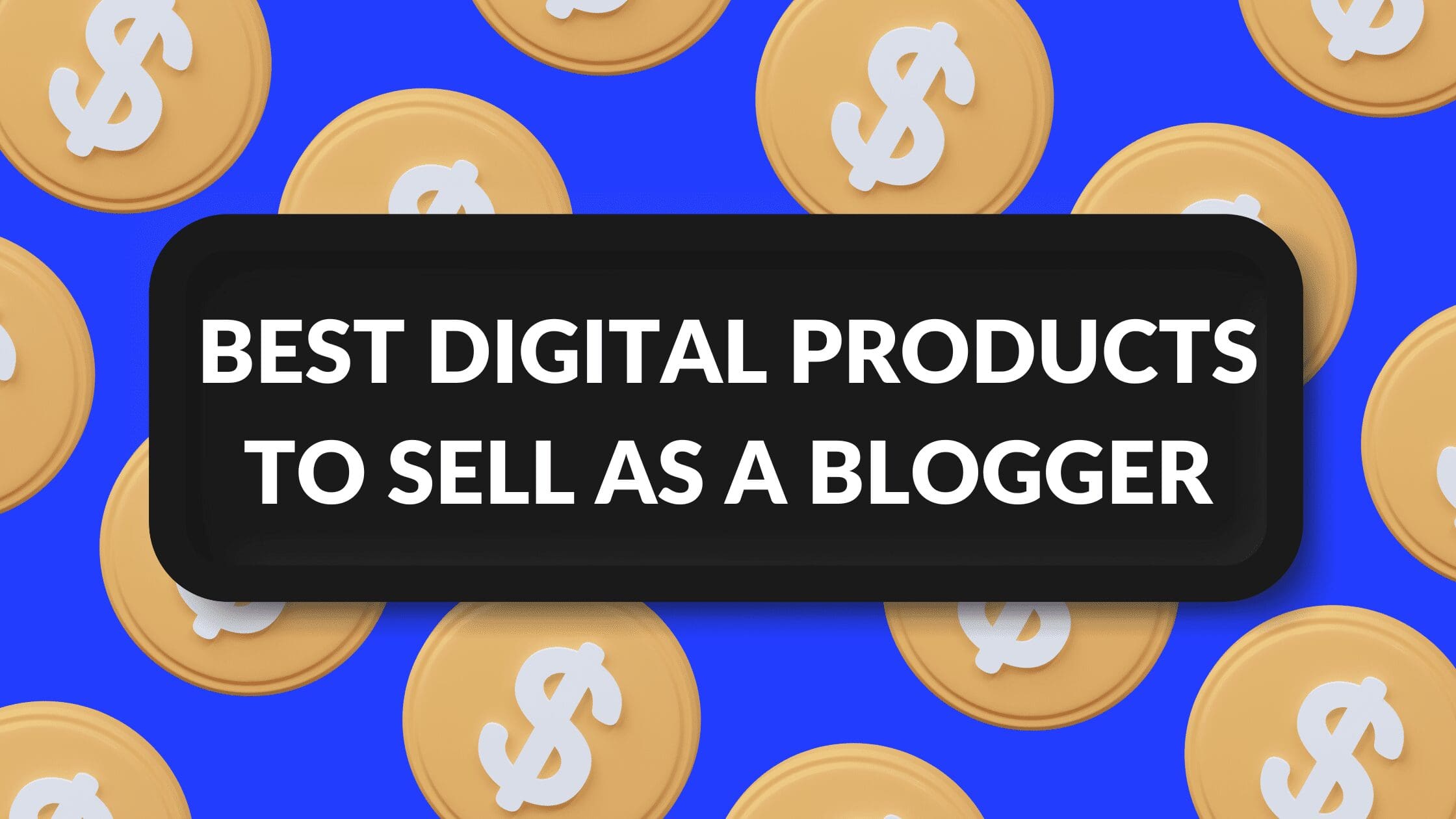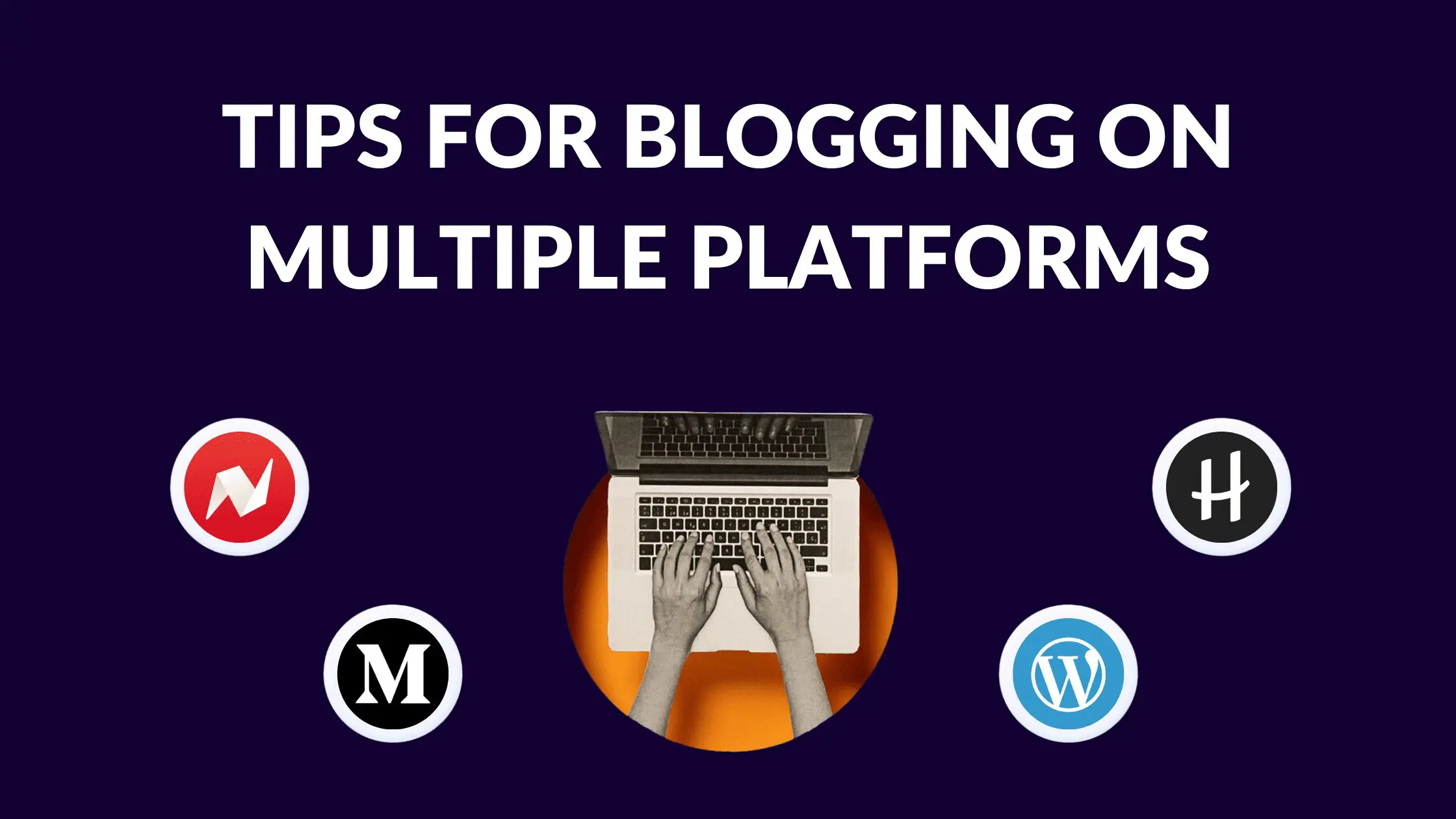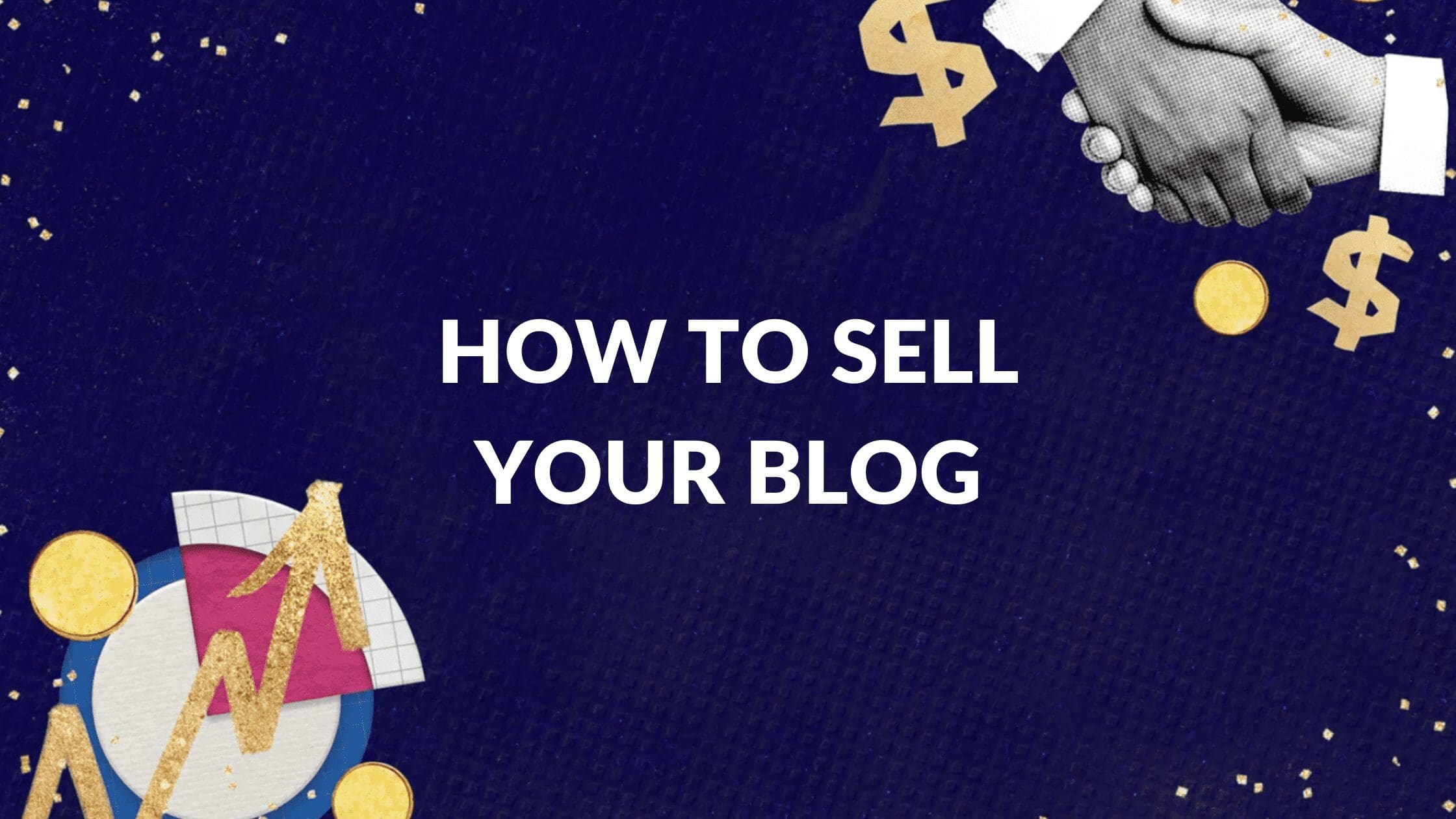How to Become a Full Time Blogger
Learn everything there is to know about successfully becoming a full time blogger! Some of the topics covered include an overview of what aspiring bloggers should do before they launch their blog and the expected timeline of amateur bloggers making the switch to full time blogging.

Topics About Becoming a Full Time Blogger

Blogging Tools & Resources
Learn how to get through the first three months of blogging.

Months 2-6
Learn how to begin scaling content production and exploring new monetization methods.

Months 6-12
Learn how to make the transition from a part time blogger to a full time digital publisher with a sustainable business model.
1. Before You Start Blogging
Planning. Blogging requires a huge commitment of time and money. Naturally, many aspiring bloggers take some time to confirm that blogging is the right career path for them and that blogging has a viable future as an industry.
Researching. Most aspiring bloggers have a number of questions. These articles answer a number of those questions, such as what is a blog?, why should I start a blog?, and if I do start a blog, how much money can I make blogging?
Learning. Most aspiring bloggers are also trying to learn as much as they can about blogging as a career, exploring topics such as blogging terminology, resources for new bloggers, and the profitability of blogging.
Display Advertising
Display Ads
2. Setting Up Your Blog
Choosing Blogging Platform. One of the biggest decisions bloggers must make early in their journey is choosing a blogging platform.
Choosing Web Hosting for Your Blog. After choosing your blogging platform, you’ll need to choose a web hosting provider.
Set Up WordPress Website. Most bloggers will ultimately end up building their blog on WordPress.
3. Blogging Tools and Resources
Graphic Design. Blogging requires a surprising amount of graphic design. Whether it’s creating an eye catching blog banner, creating infographics, or website design, your life as a blogger will be much easier if you at least learn some blogging graphic design basics.
Time Management / Productivity. Blogging requires excellent time management and general productivity skills are very useful. I use a number of blogging productivity tools to manage my workflow. This is especially important as a newer blogger, as it helps you stay accountable and reach your goals.
4. The First Month of Blogging
Content Production. Starting a blog will trigger a number of questions like how long should your blog posts be?, how often should you be publishing blog posts?, what should your first blog post be about?, and how do you structure a blog post properly?, among other things.
SEO. Blogging requires at least some basic understanding of SEO, so that you can write great blog post titles, create featured images for your blog posts, and write meta descriptions that draw in readers.
General Blogging Strategy. Blogging requires a well thought out, long term approach. Choosing a niche for your blog is a decision that must be made early on, yet it can have a huge impact on your blog’s success. Deciding whether you have the capacity to operate multiple blogs (having a niche site portfolio) is another example of blogging strategic decisions that must be made after careful thought.
5. Blogging Months 2-6
Begin Scaling Content Production. While it’s important to figure out how to scale your content production at this stage, you also need to maintain a certain level of quality, or you risk your site being perceived by Google as spammy, and getting stuck in the sandbox. You also need to increase content production while avoiding blogger burnout, which is one of the most common reasons bloggers fail.
Branding. Building a brand for your blog is an early but essential aspect part of becoming a full time blogger. This can include creating better featured images for your blog, claiming social media handles for future use, making a media kit, and making key investments in your blog.
Exploring Multiple Income Streams. Not only should you be thinking about how to monetize your blog at this point, but you should be actively building multiple income streams on your blog. This might include applying to affiliate programs or more generally figuring out how many pageviews are needed to implement your preferred monetization strategy.
6. Blogging Months 6-12
Monetization. While you’ve no doubt looked into various blog monetization strategies before this stage, now is the time to actually get your site into shape for and apply to these programs. For many bloggers, this involves applying to premium display ad networks or more competitive affiliate programs, reaching out to brands about opportunities to collaborate, or possibly adding some sponsored content to your blog.
Growth. This period is typically marked by substantial growth to your blog via increased organic traffic. In order to accelerate this growth, you will likely need to begin outsourcing content production by using a content writing service or utilize AI writing tools. If your site has been negatively impacted by a Google algorithm update, you may need to make changes to your site or content to ensure your traffic can be restored to previous levels and continue growing. You will also need to begin updating old blog posts.
7. Blogging Months 12-24+
Maximizing Earnings. In order to maximize your earnings, you might focus on increasing your RPMs, adding digital products to sell on your blog, or pursuing side hustles related to your blog.
Deciding on Your Future Blogging Plans. At this stage, many bloggers begin to reflect on their experience, and figure out their long term blogging plan. This might include selling your blog for a great valuation. It could also include creating an additional blog using the skills you learned from your first blog. You may even blog on multiple platforms or operate a portfolio of income producing niche sites.
Exploring New Ways of Making Money Online. If blogging is not something you see yourself doing longterm, but enjoyed learning the ins and out of digital marketing, it may be worth looking at content adjacent opportunities on other passion economy platforms, such as creating a YouTube channel, starting an eCommerce store, or building other streams of passive income.



